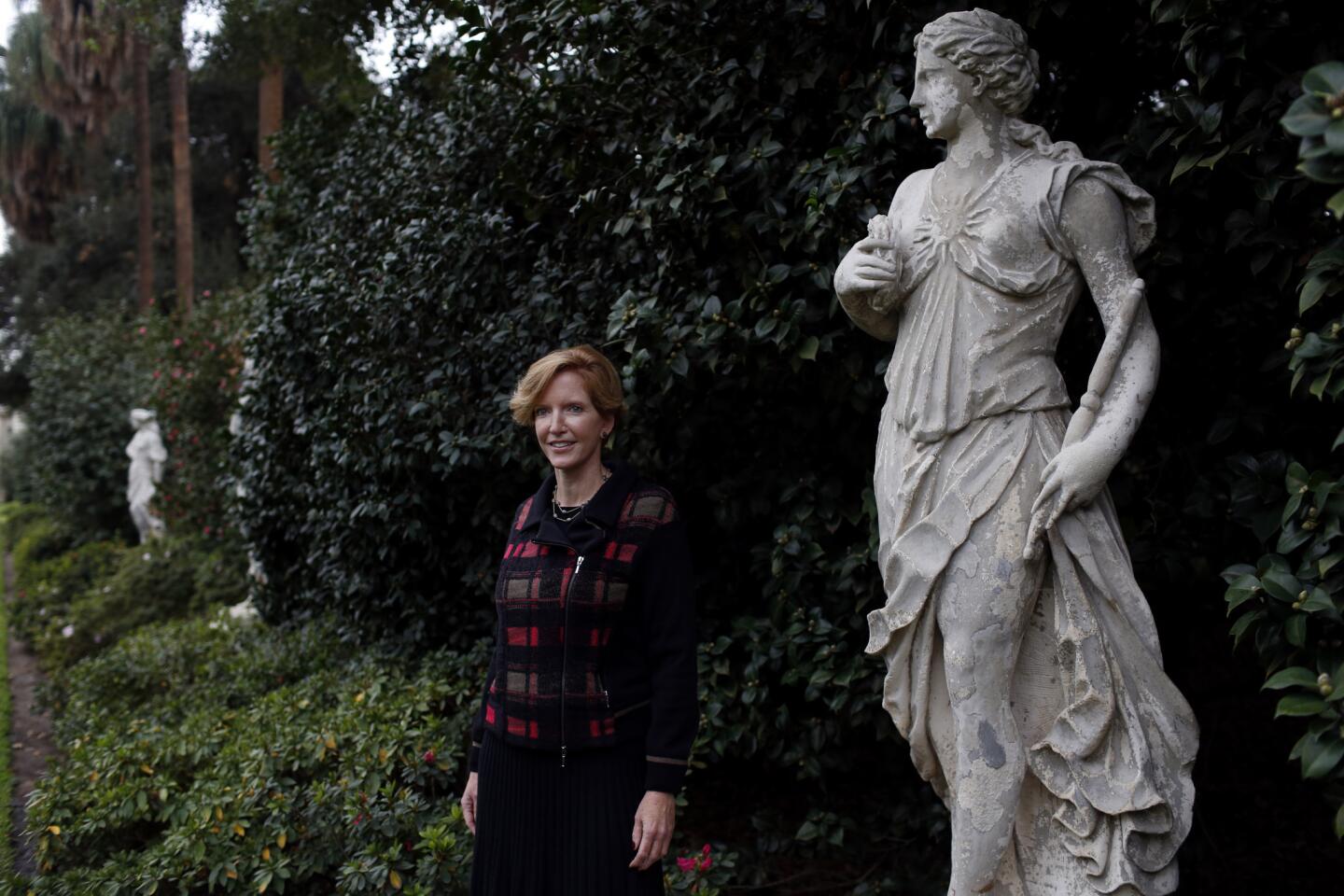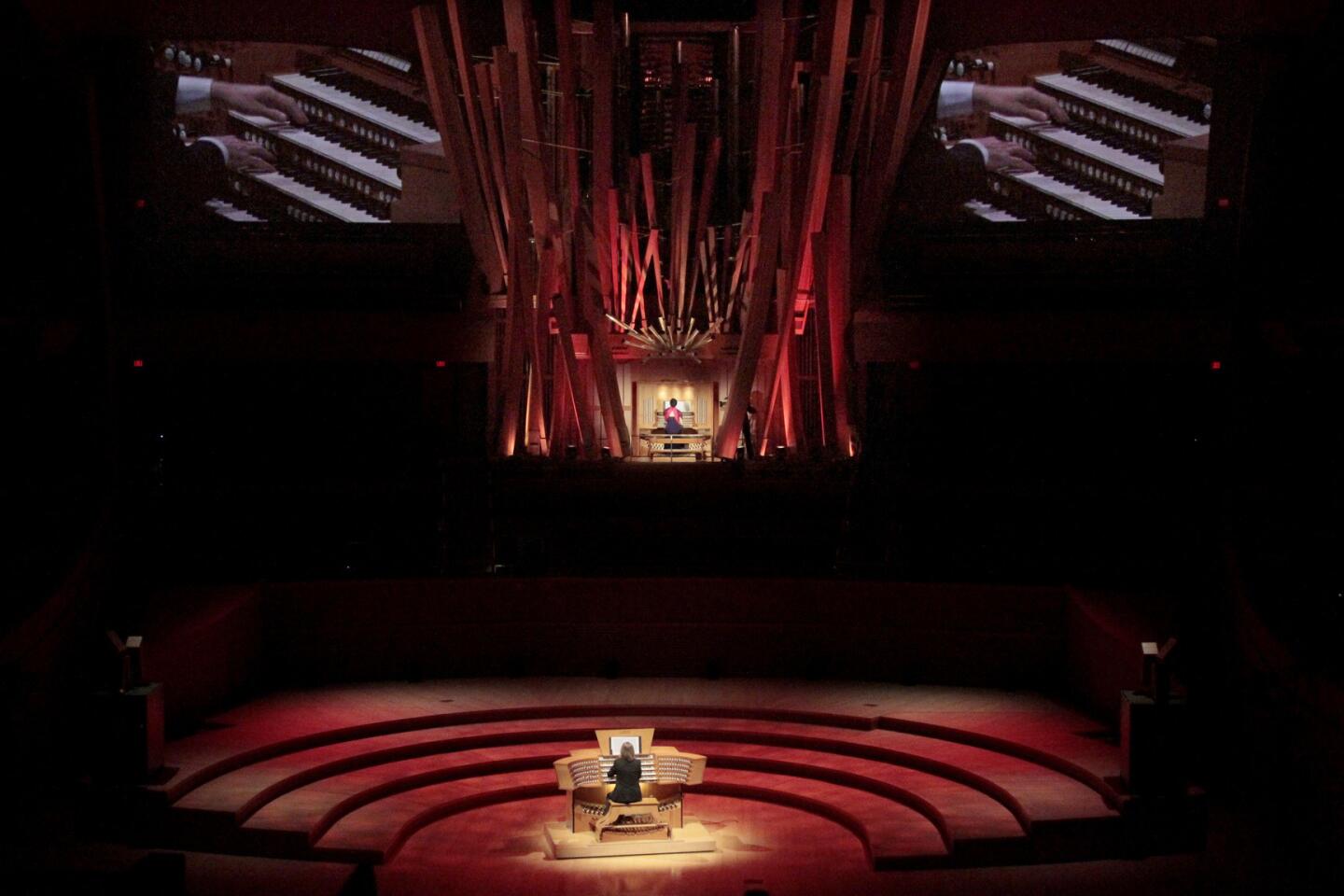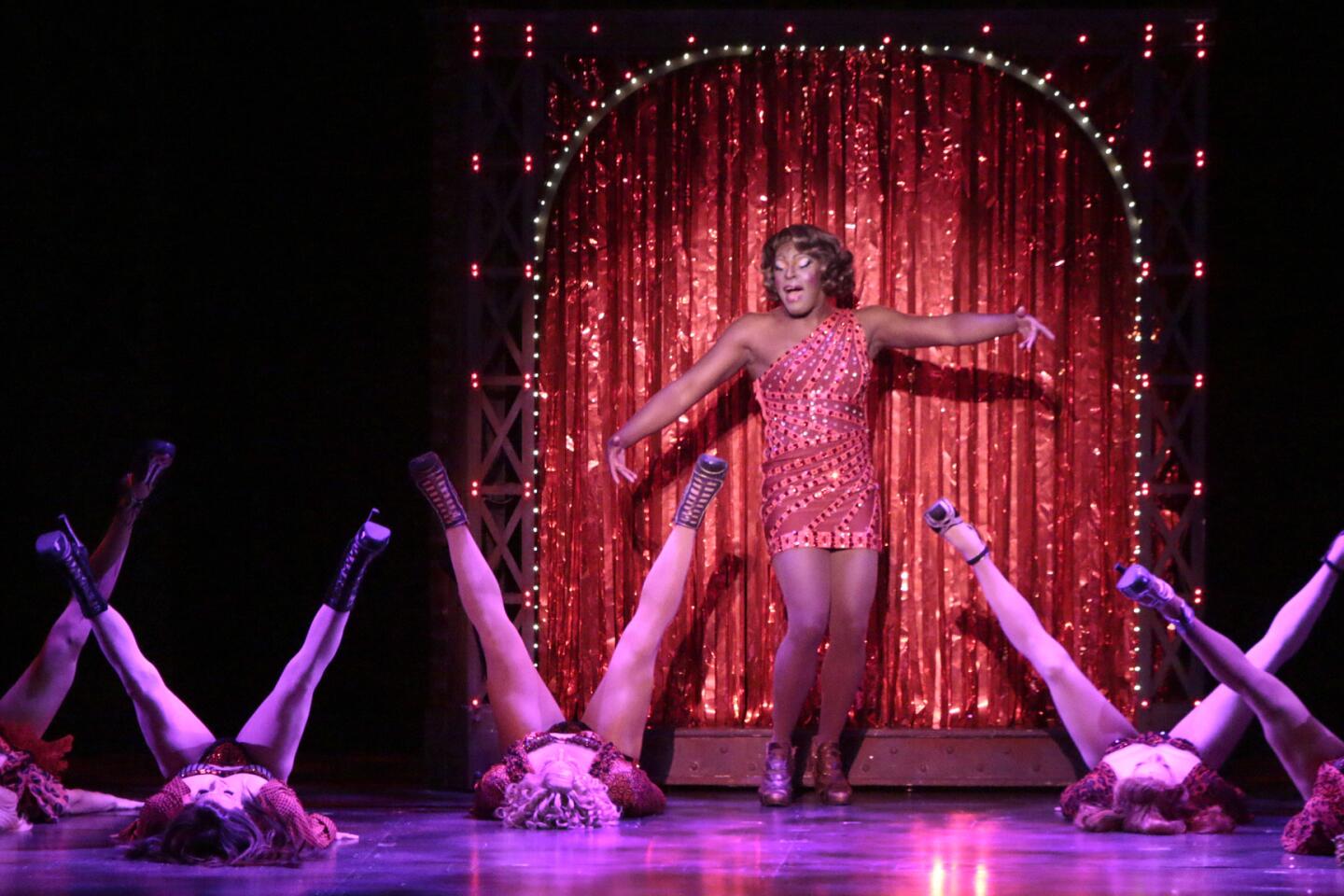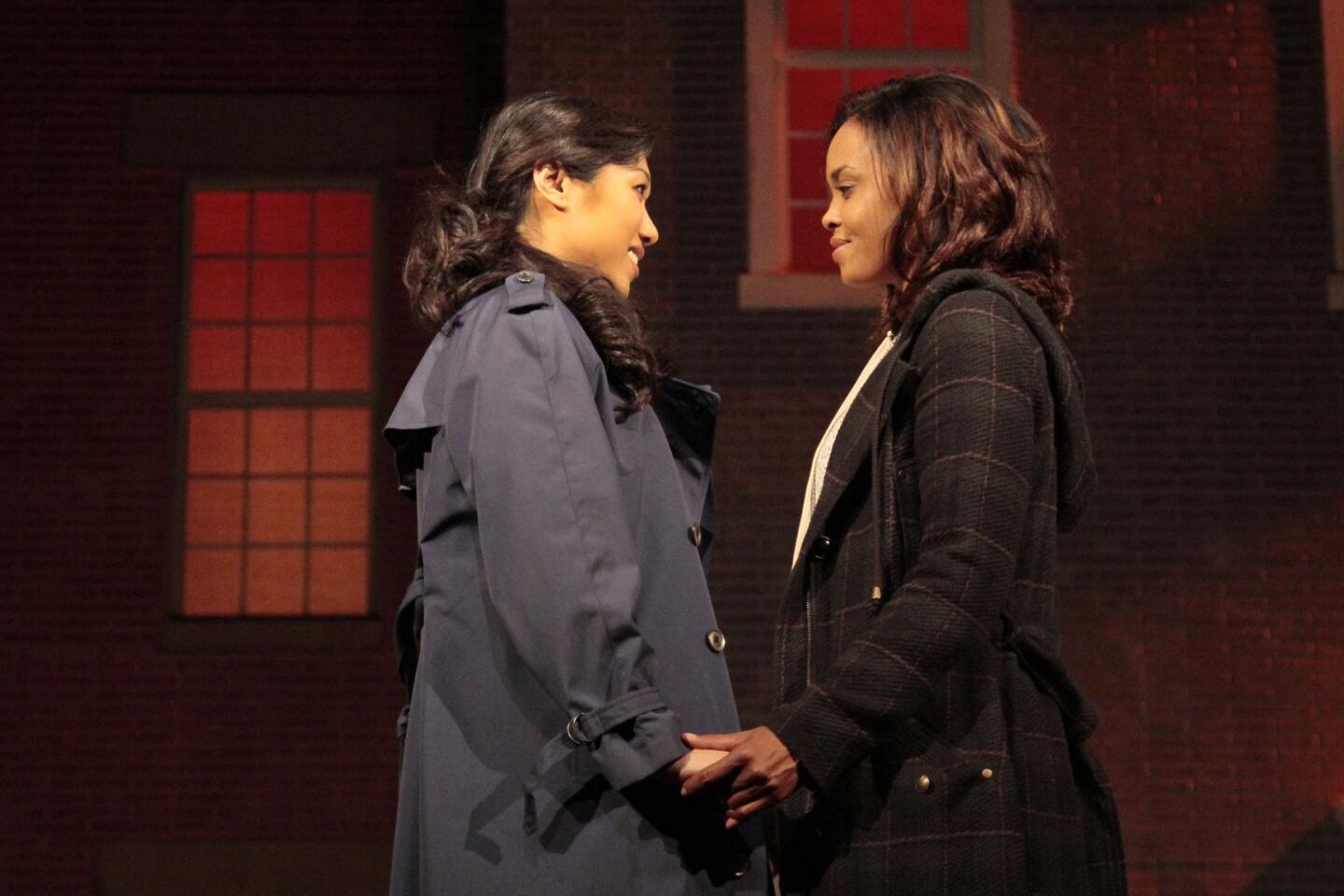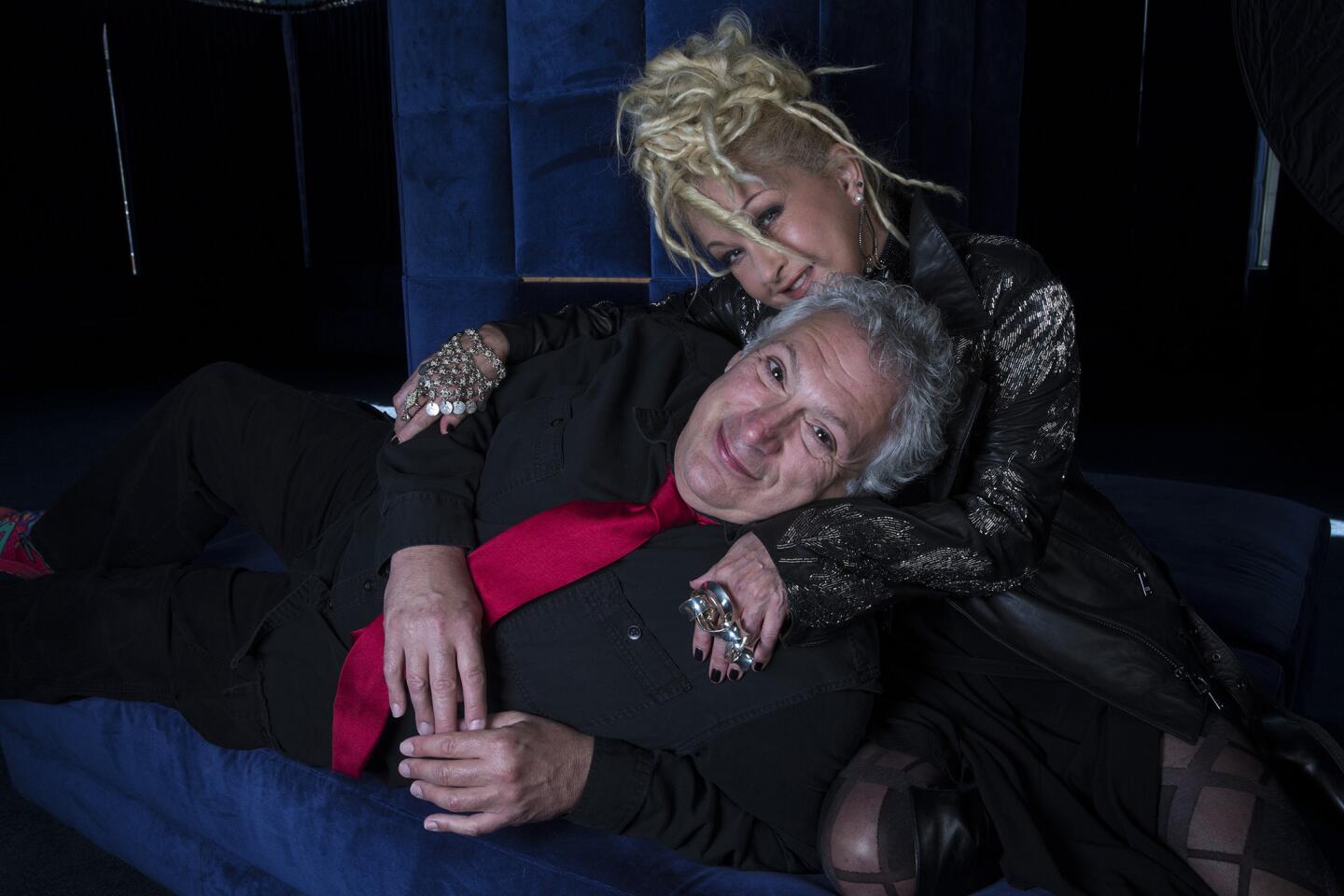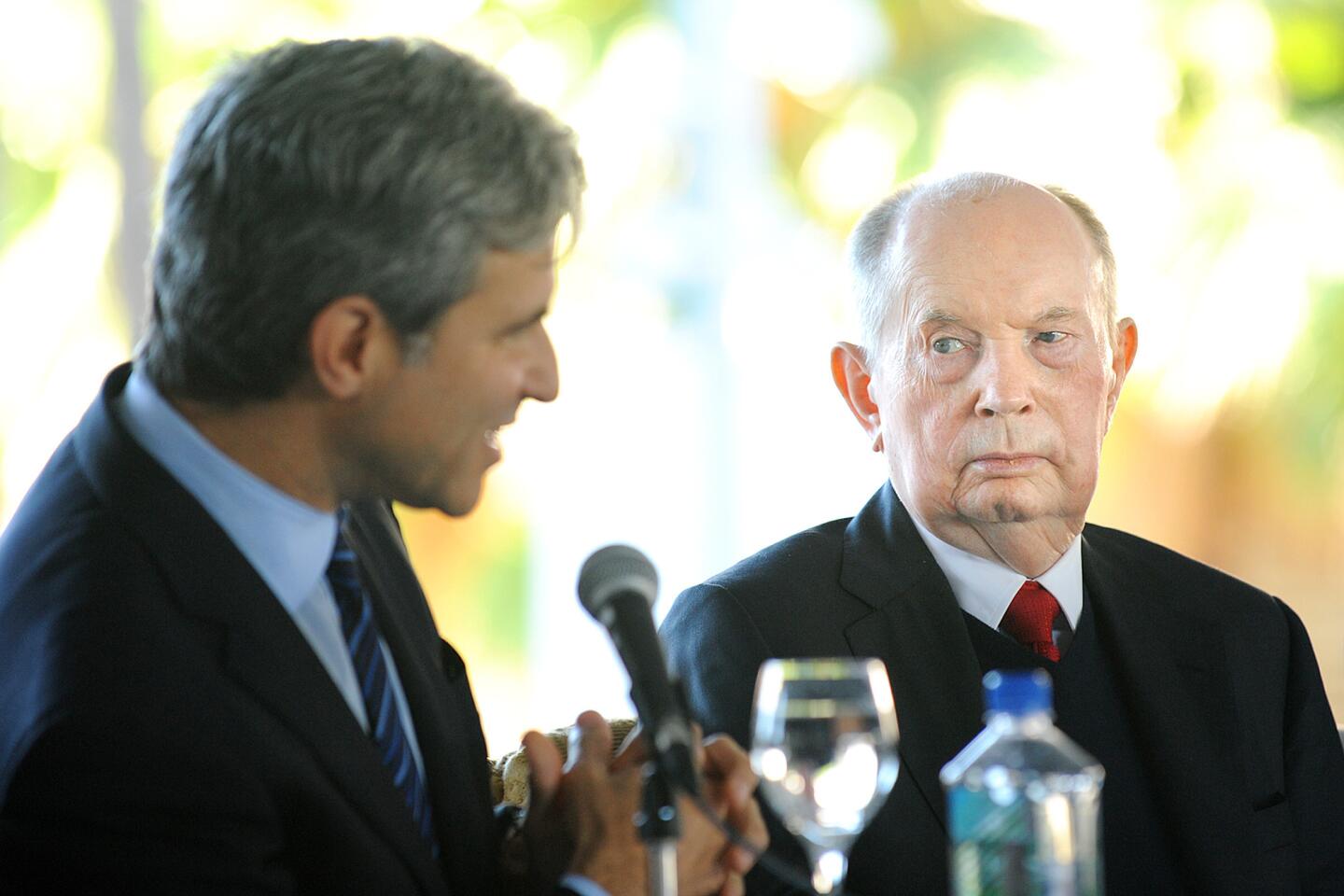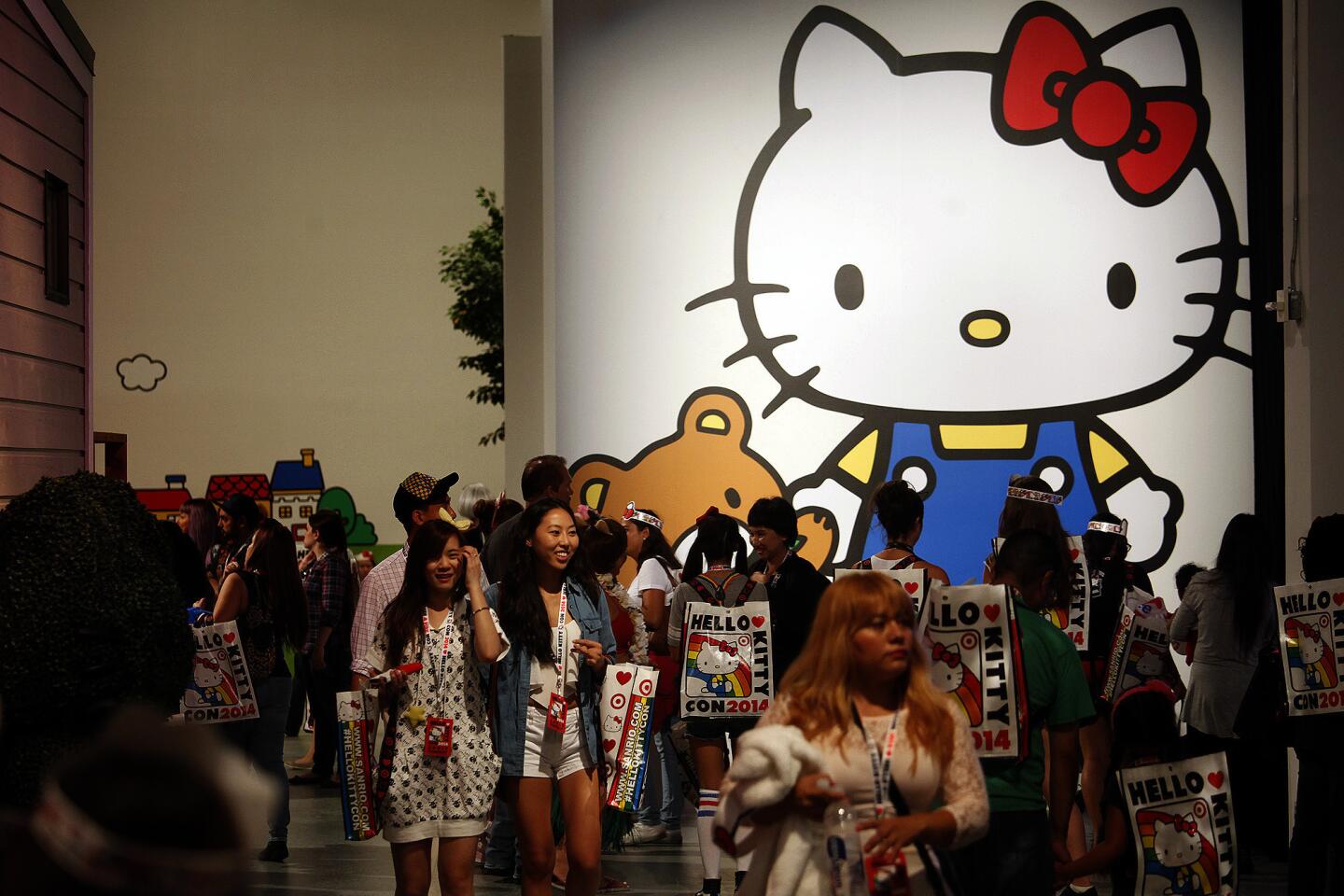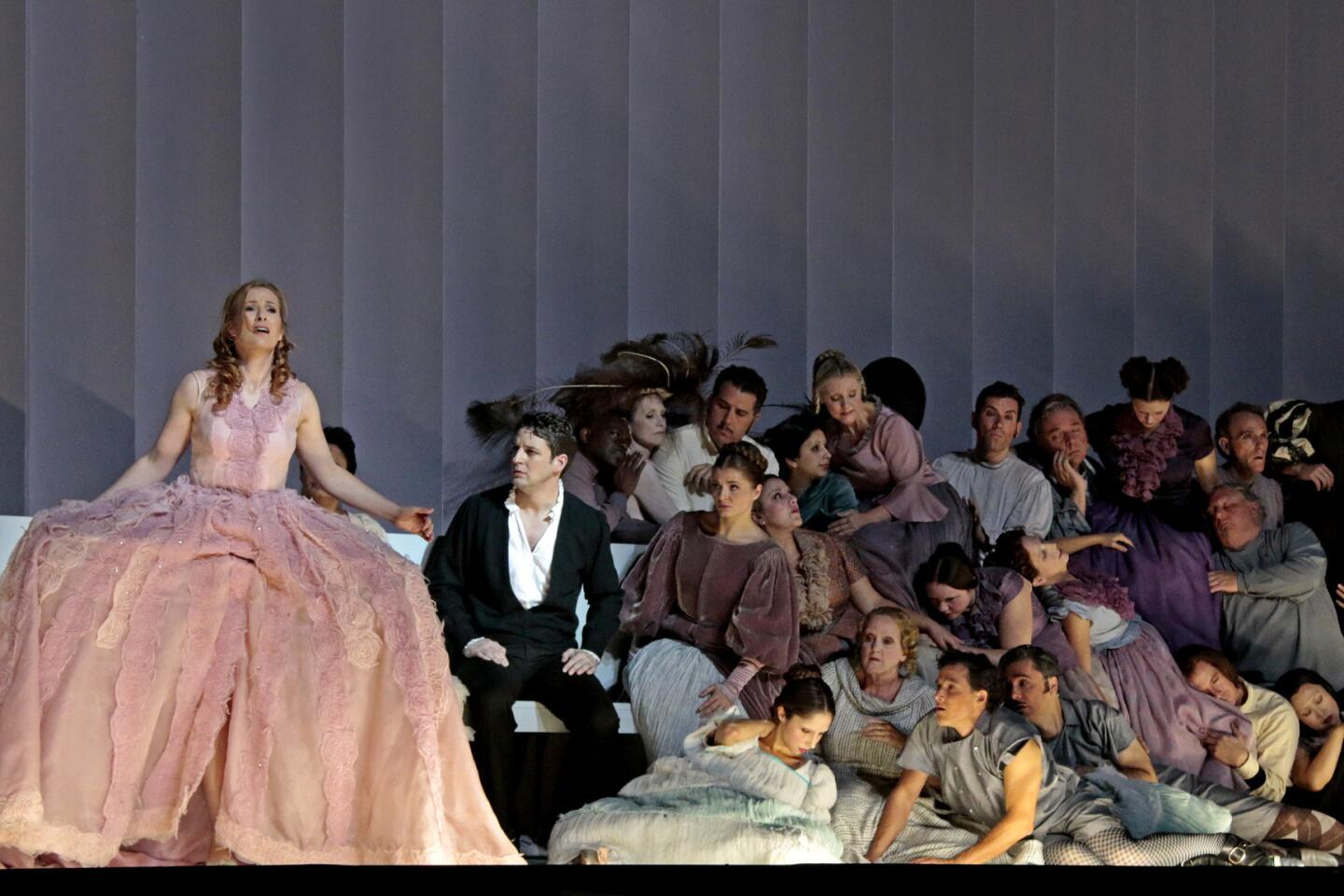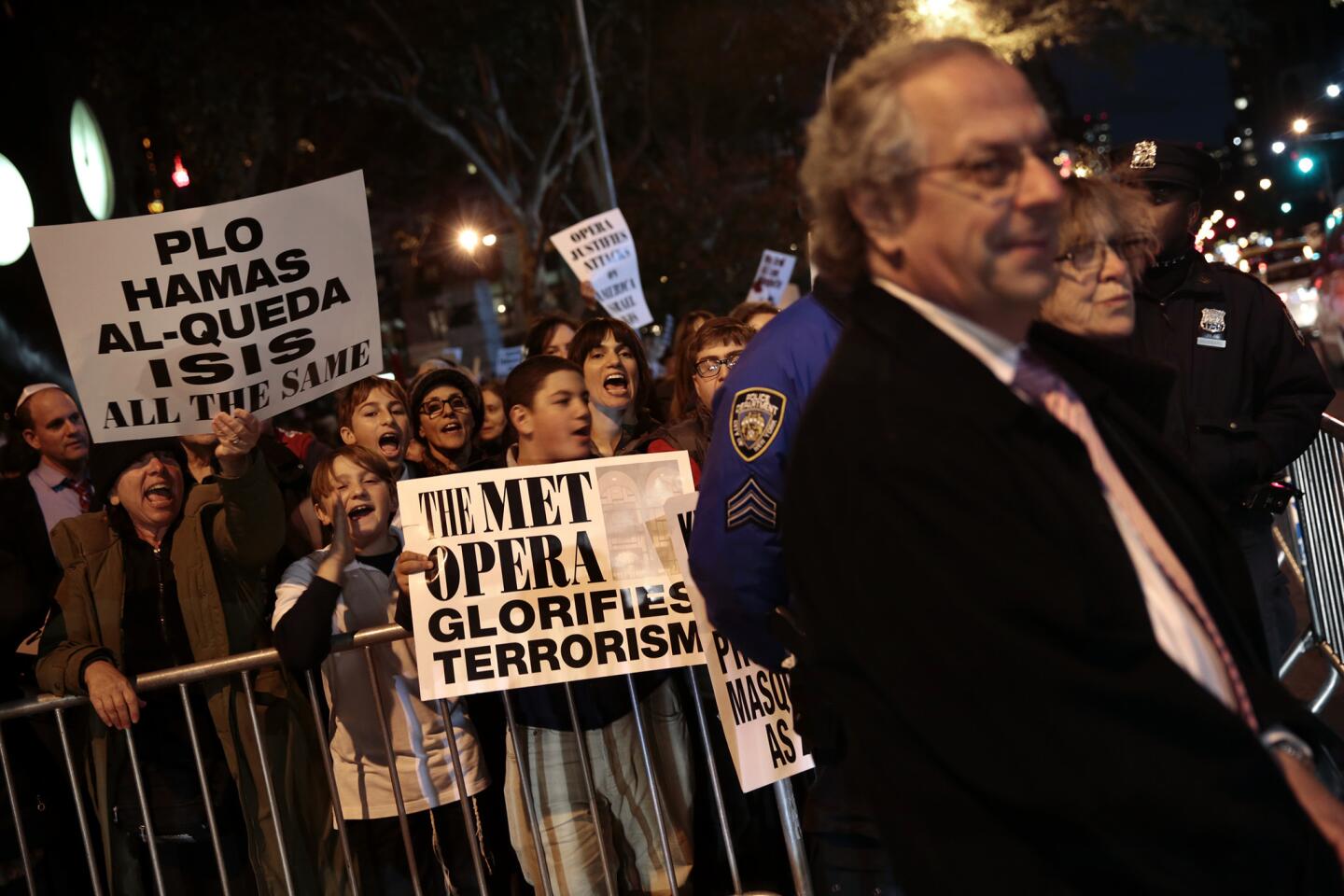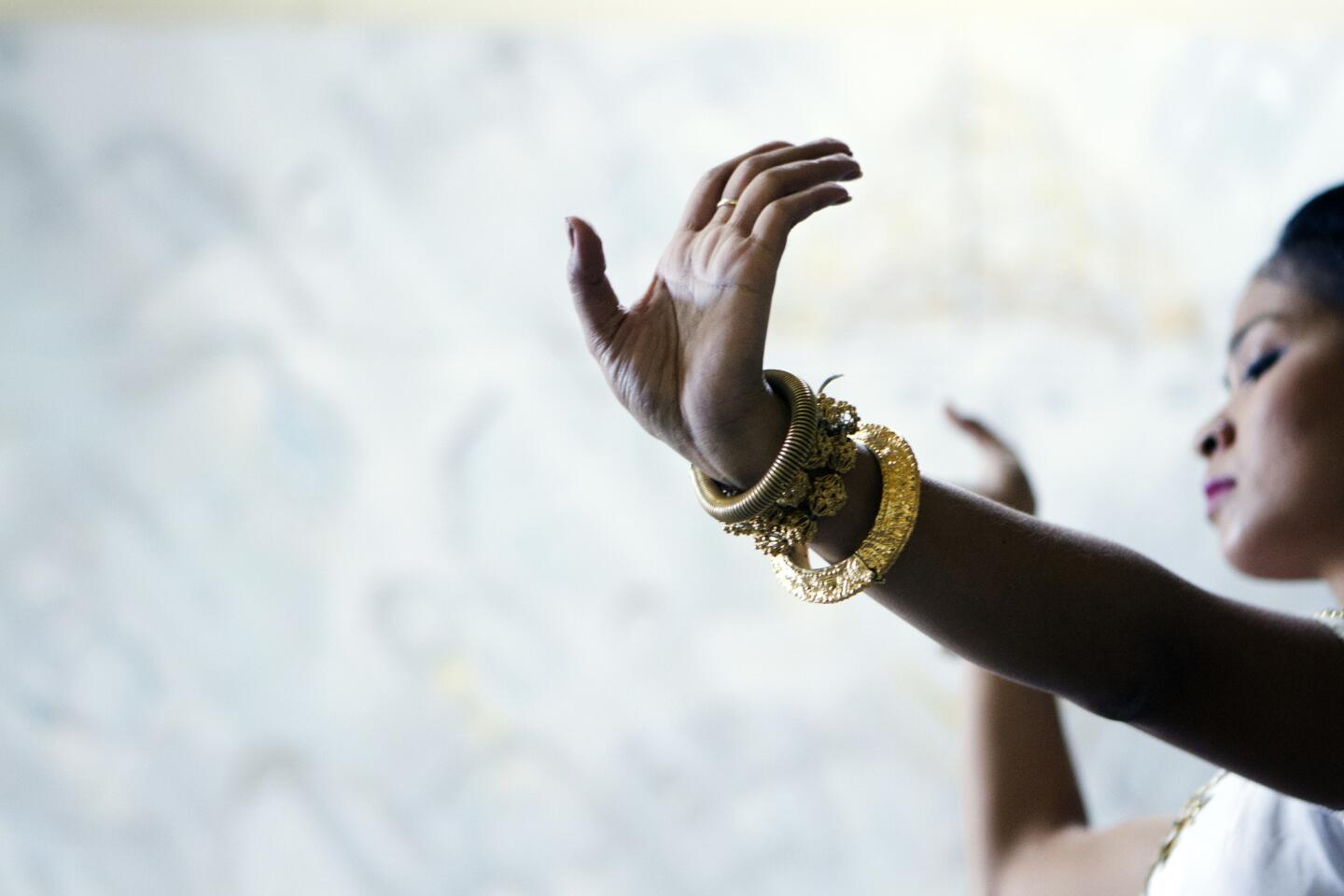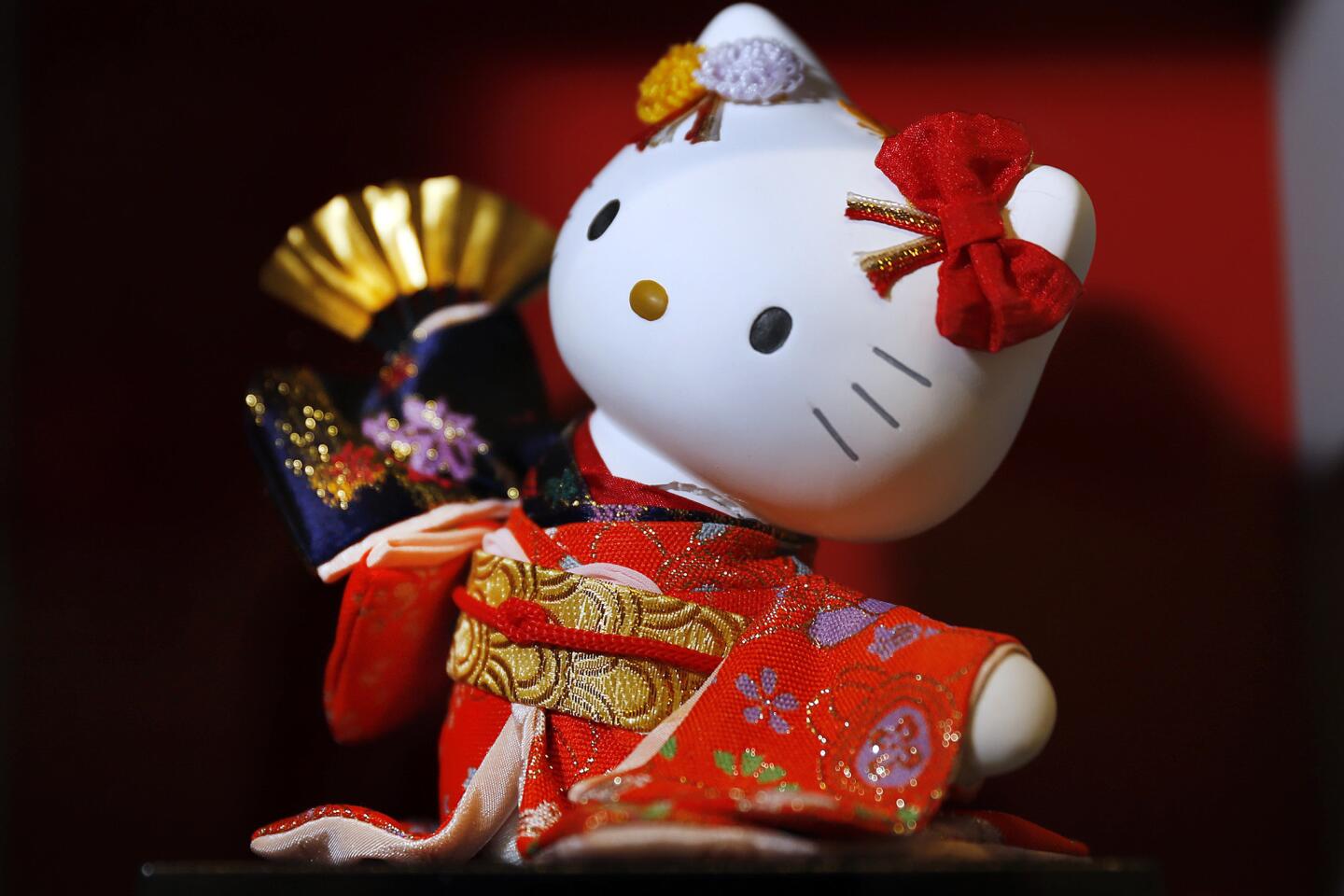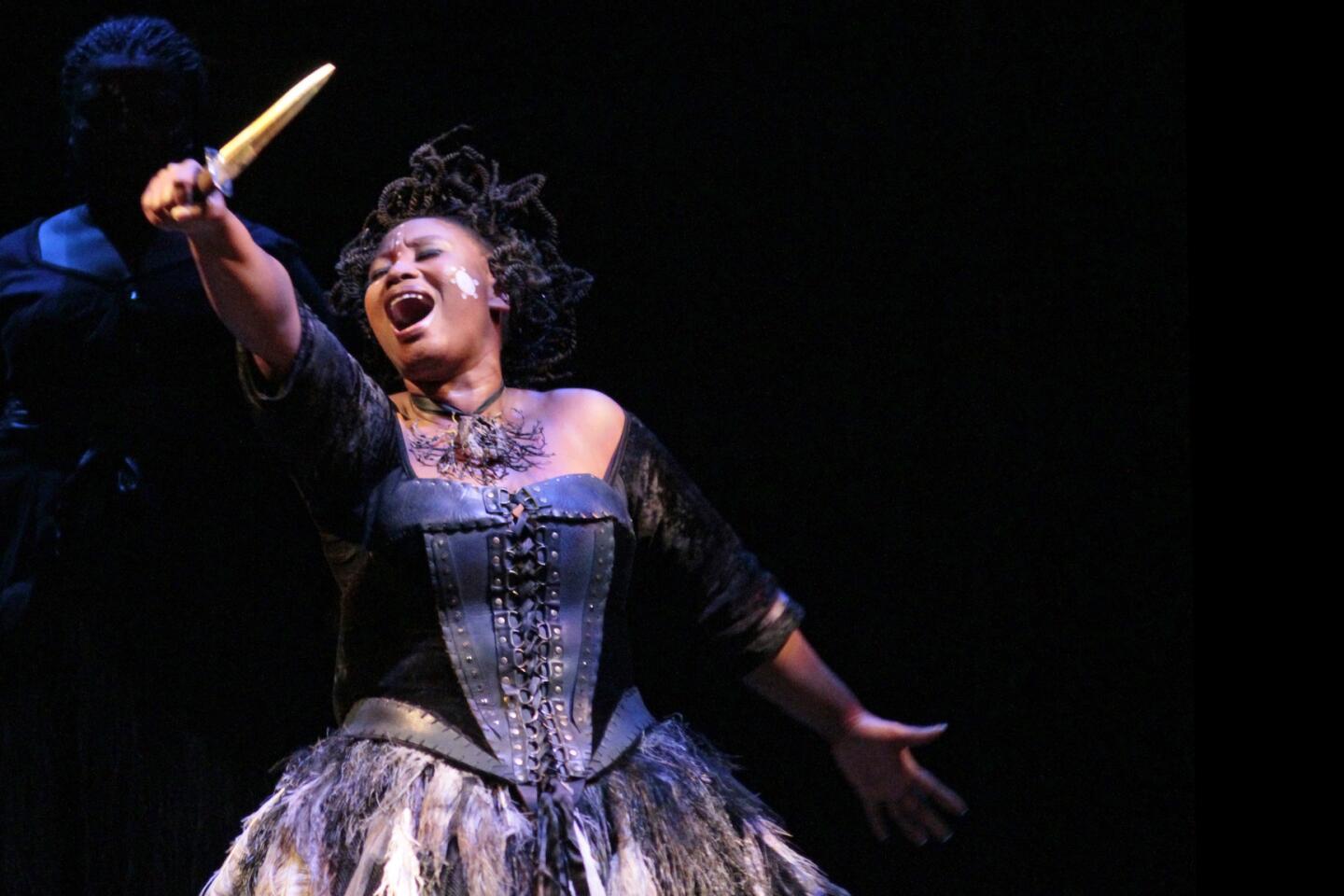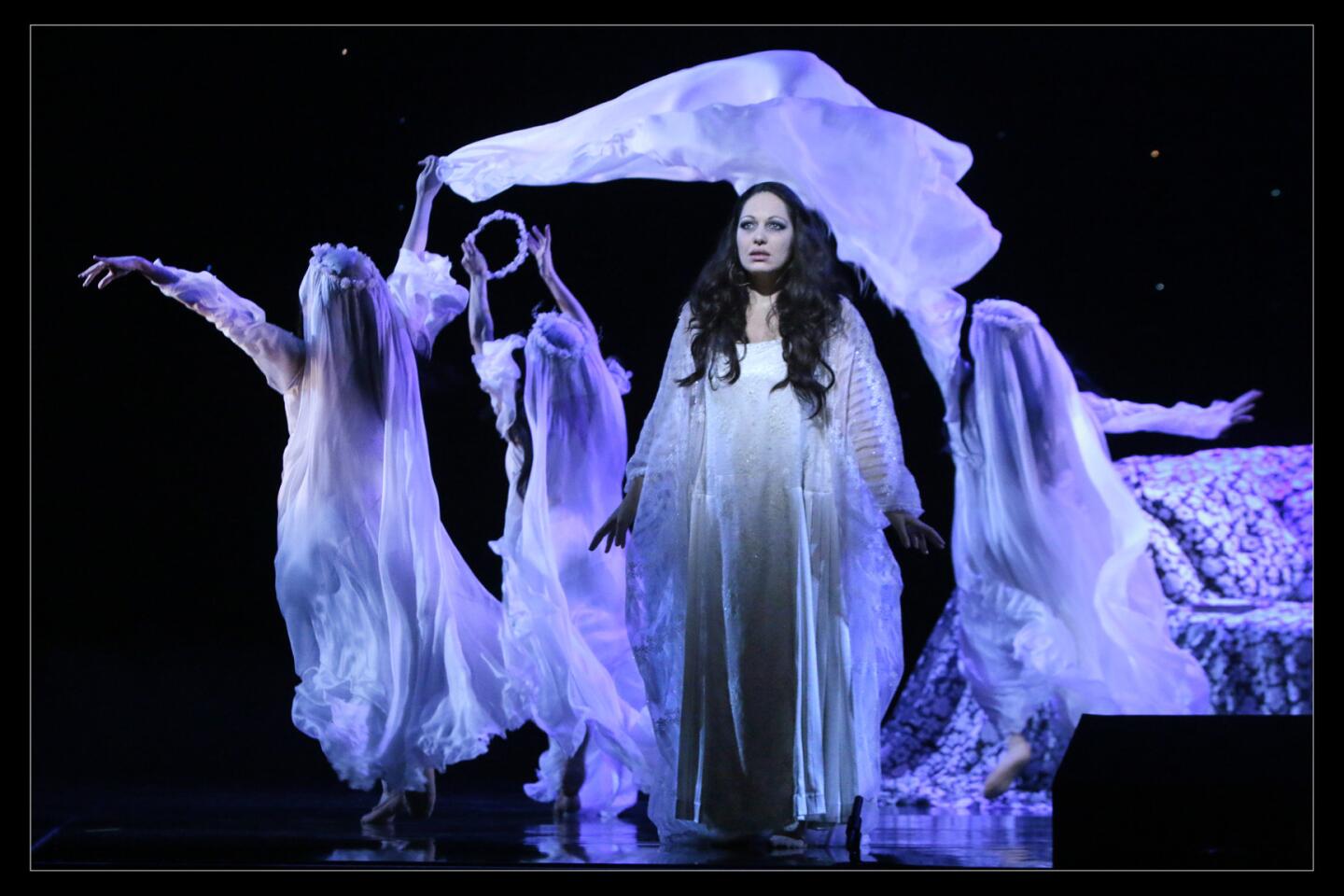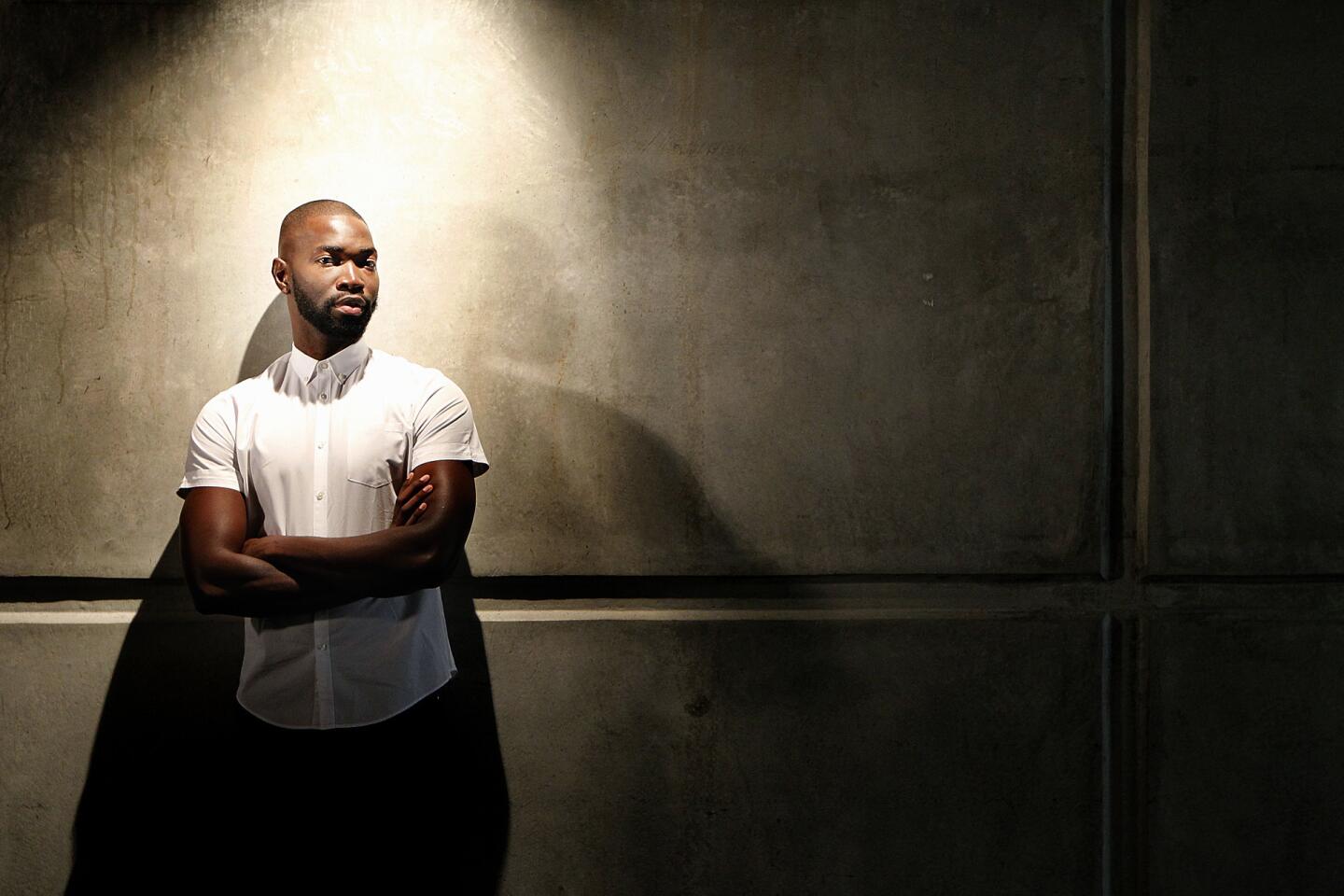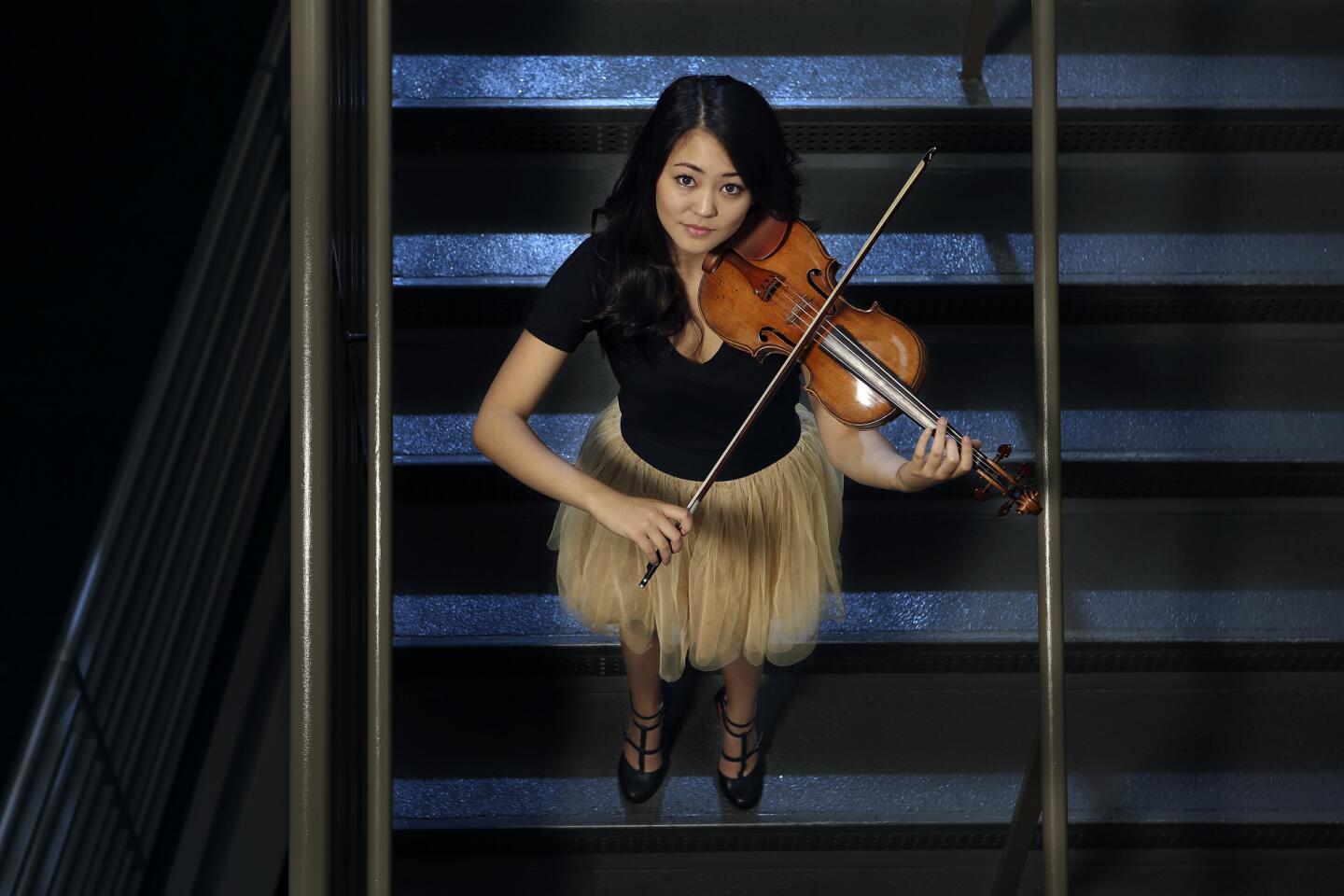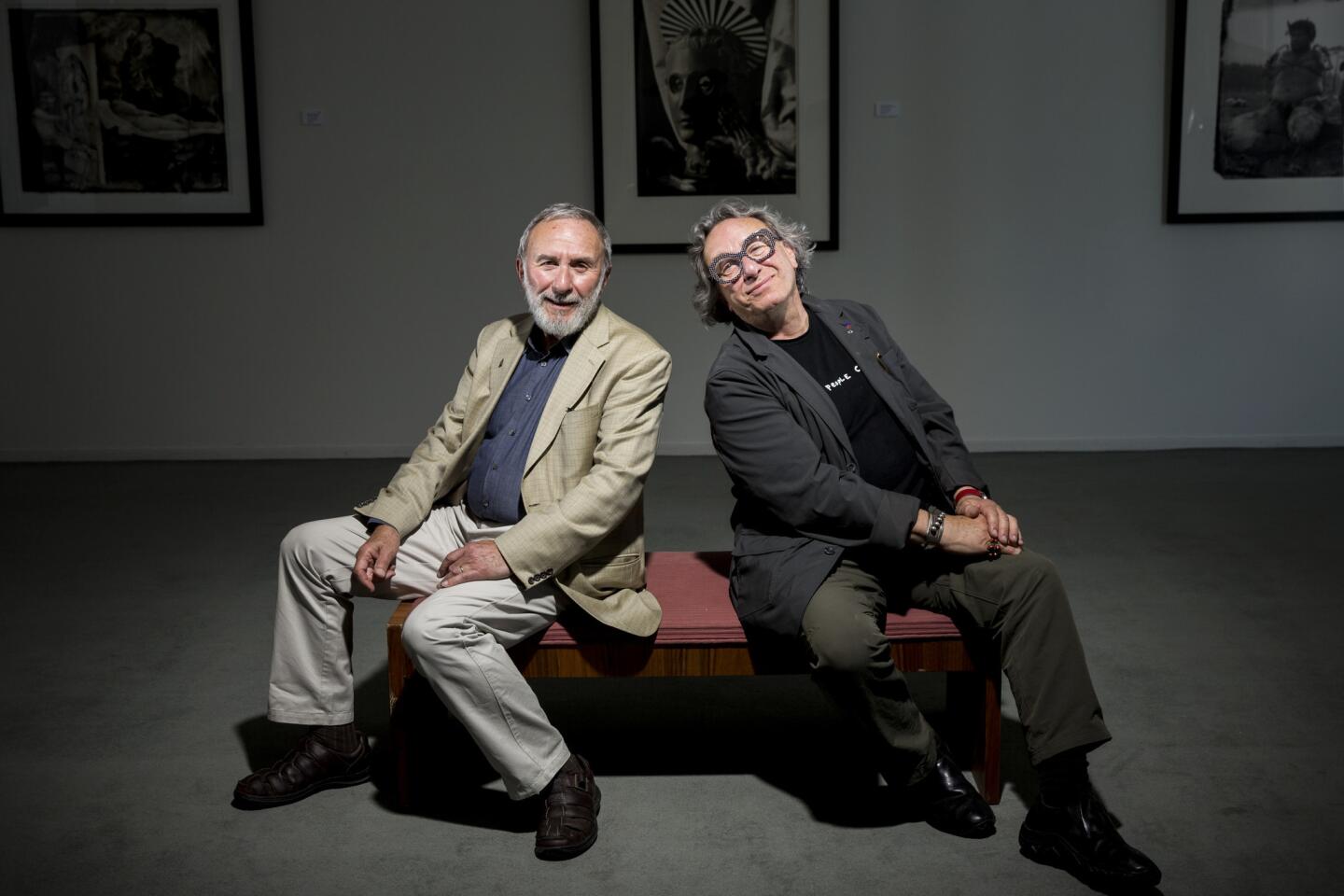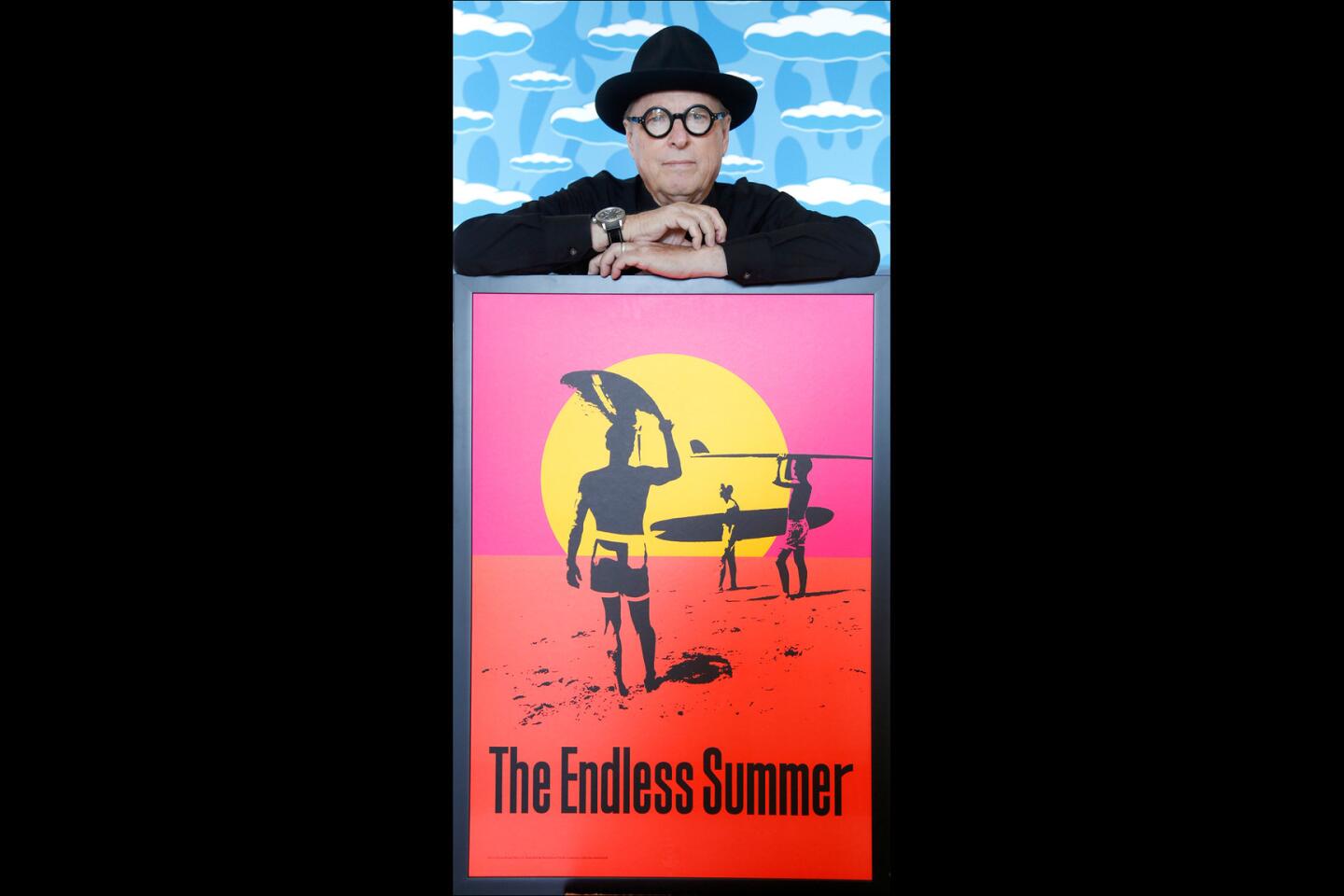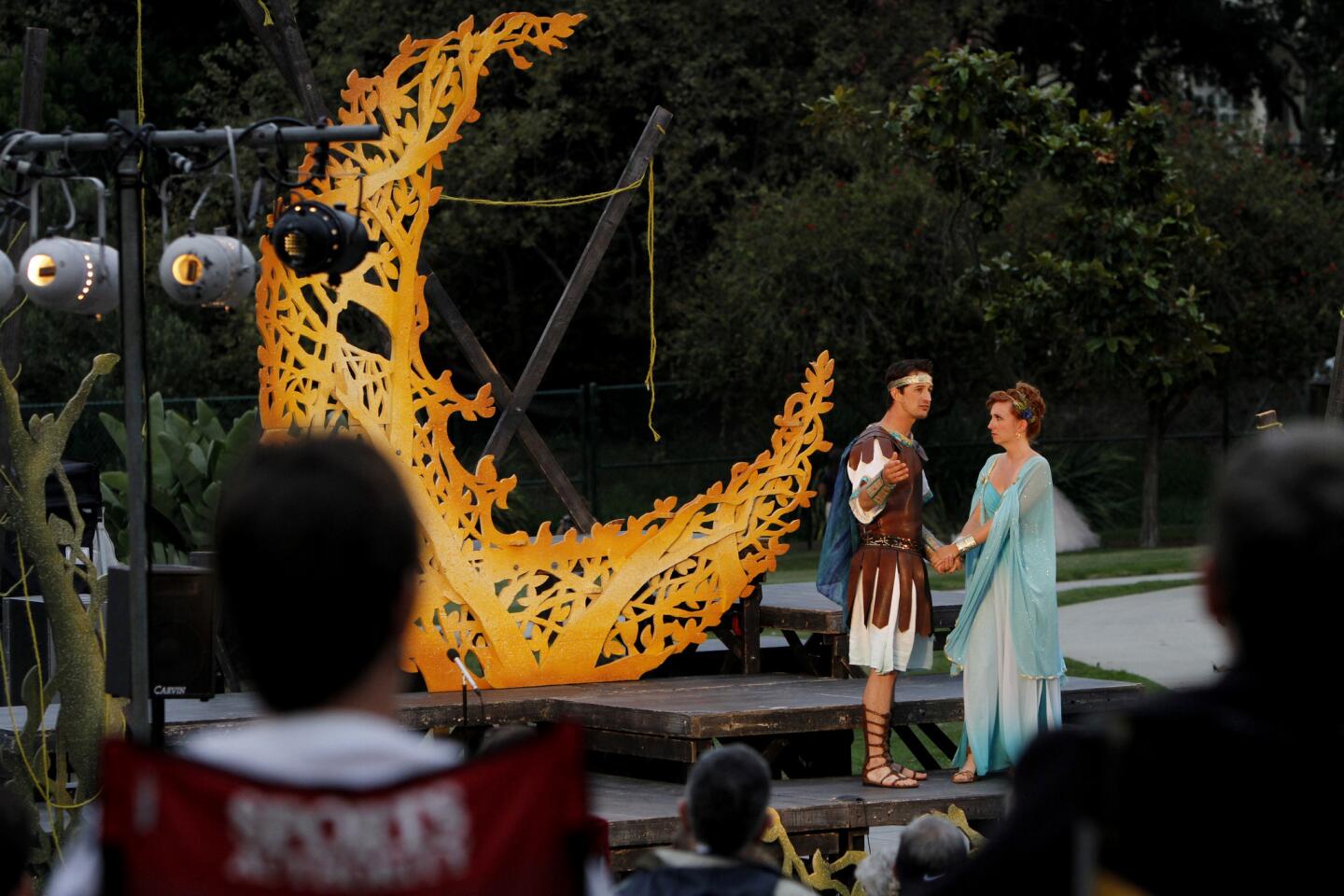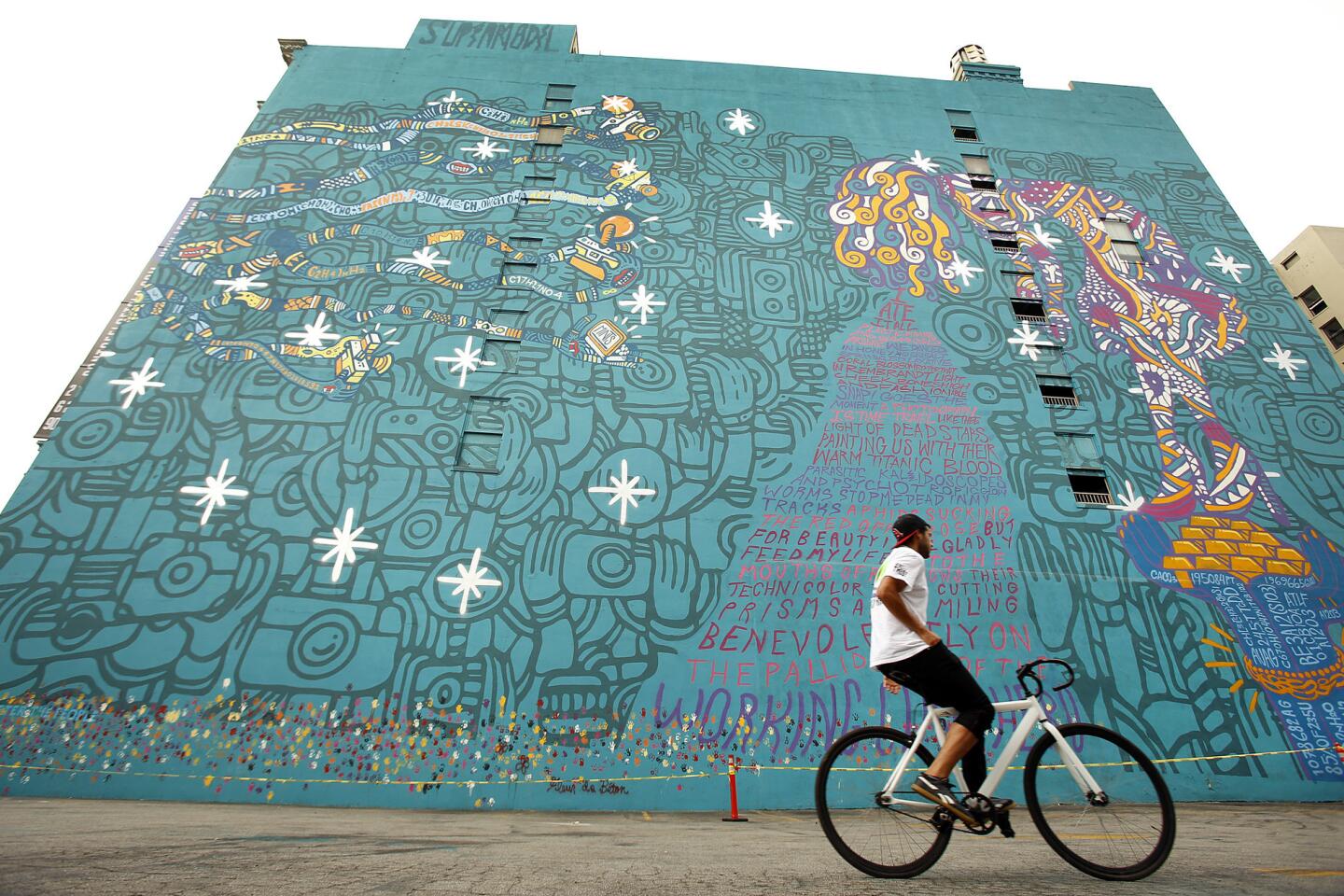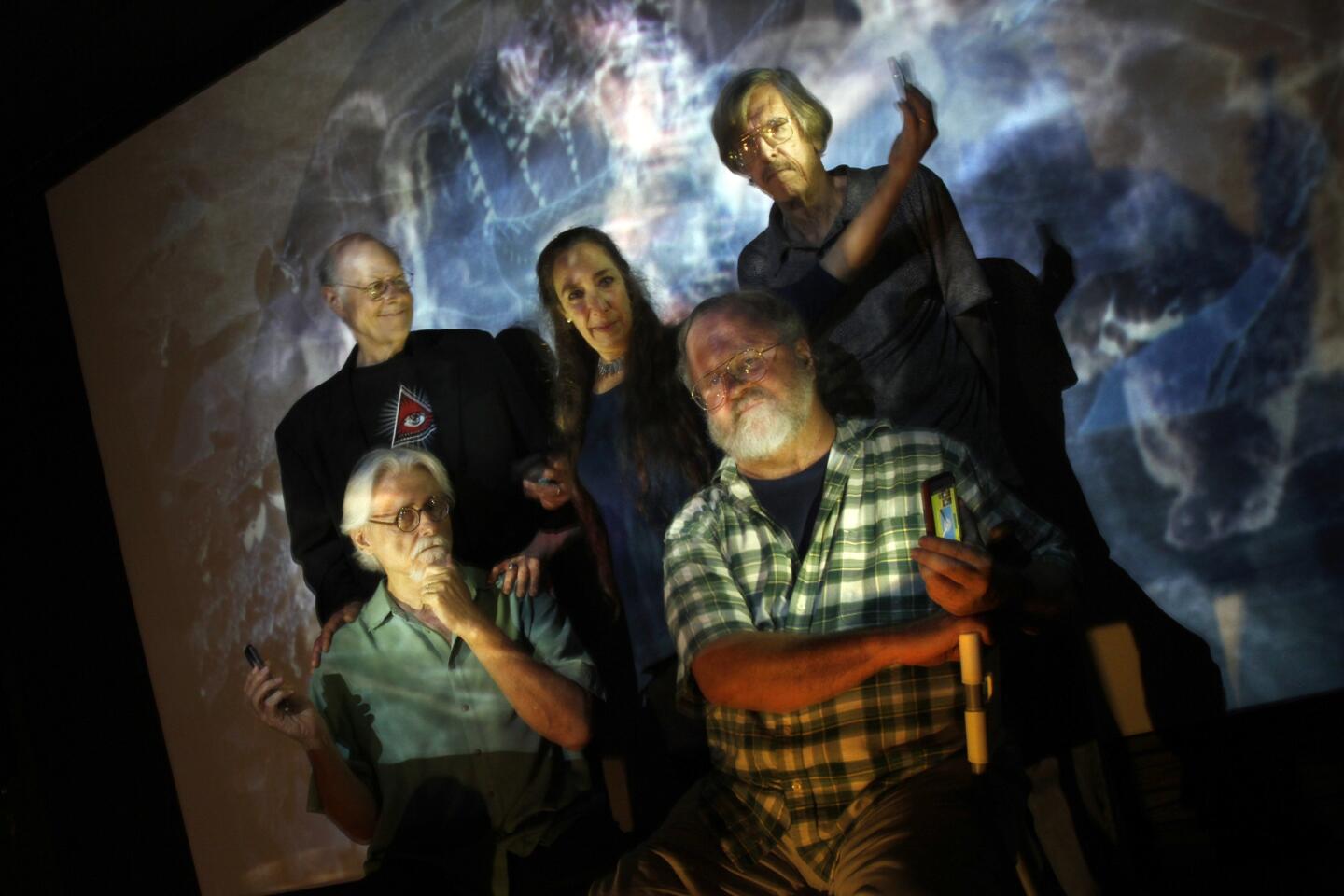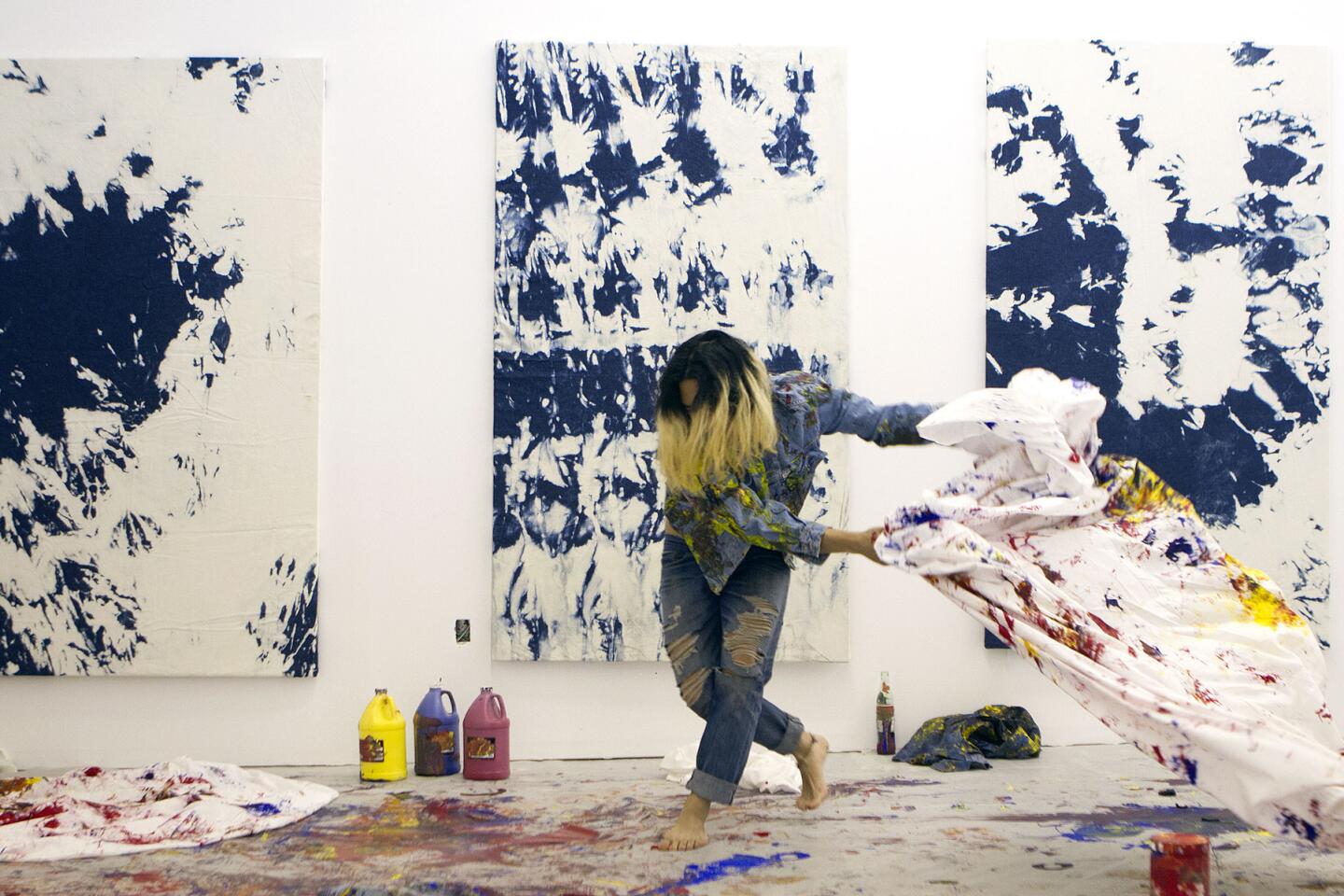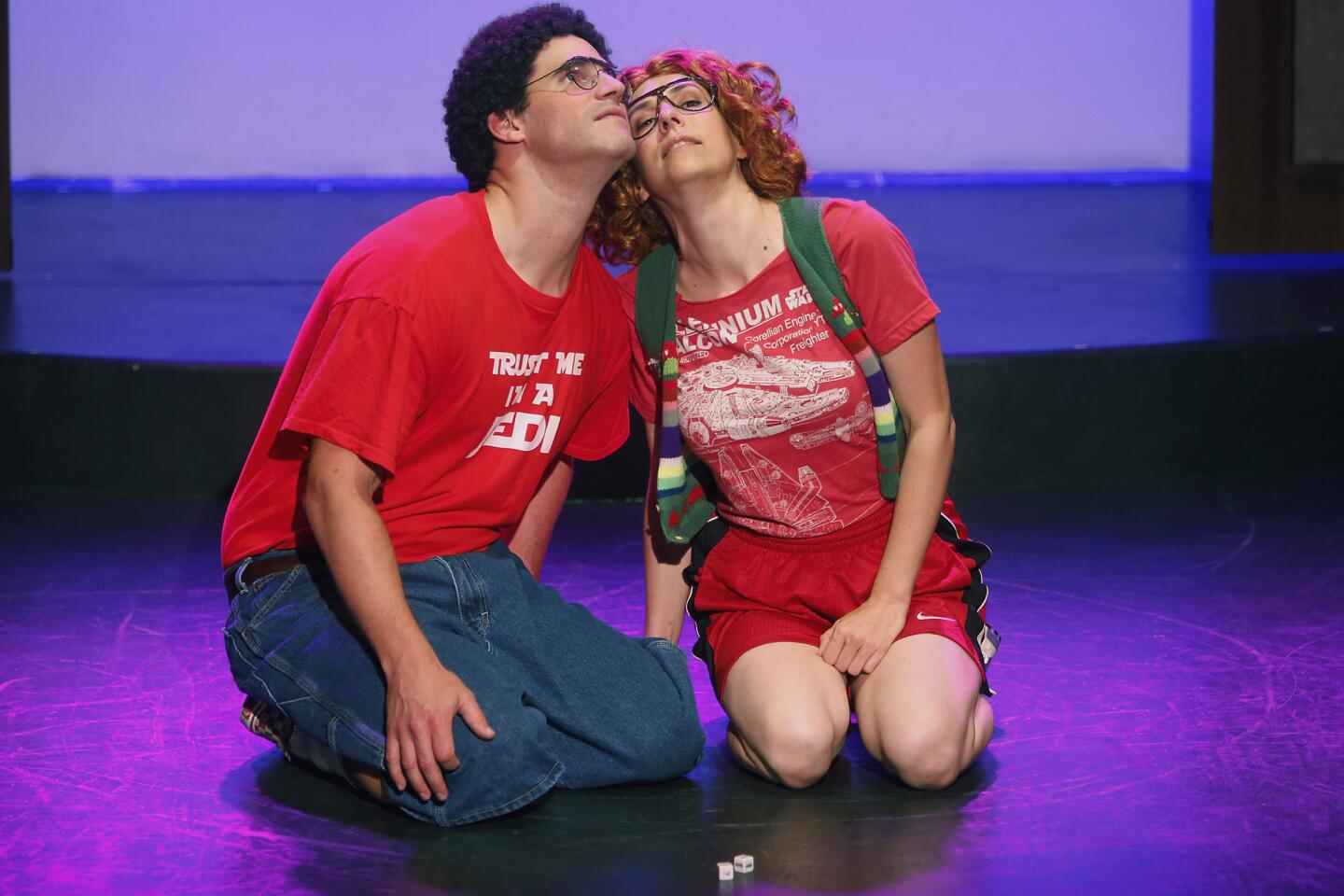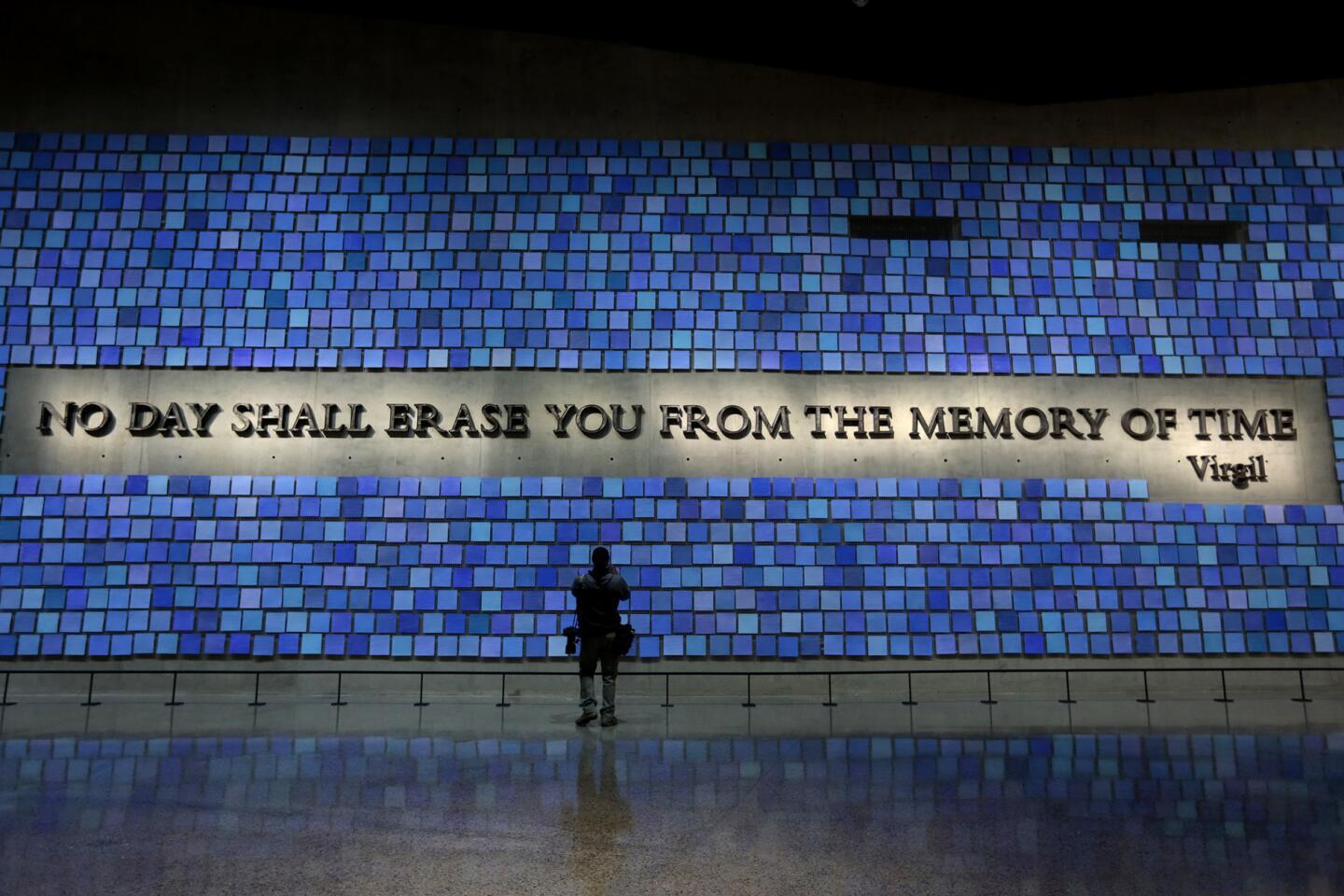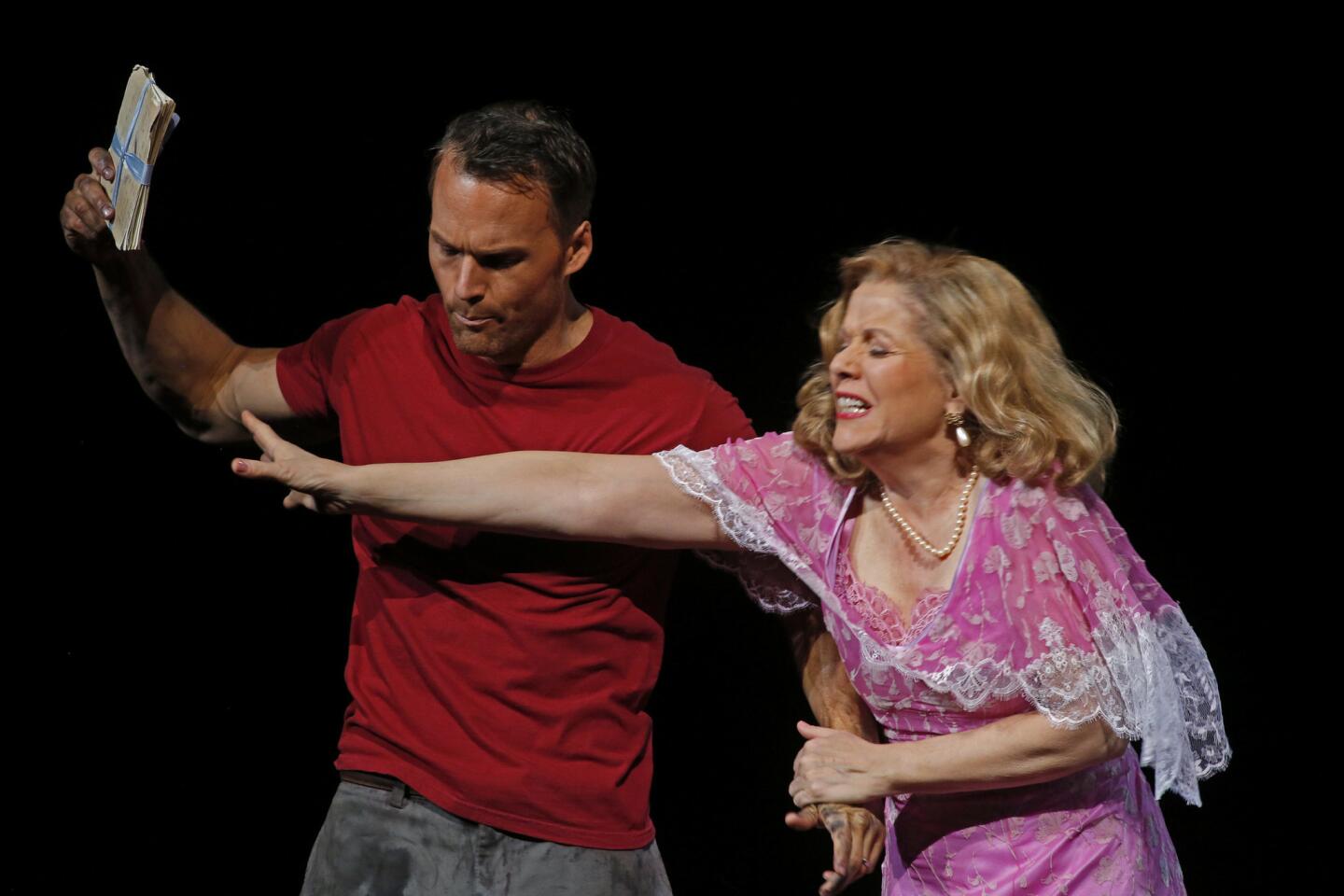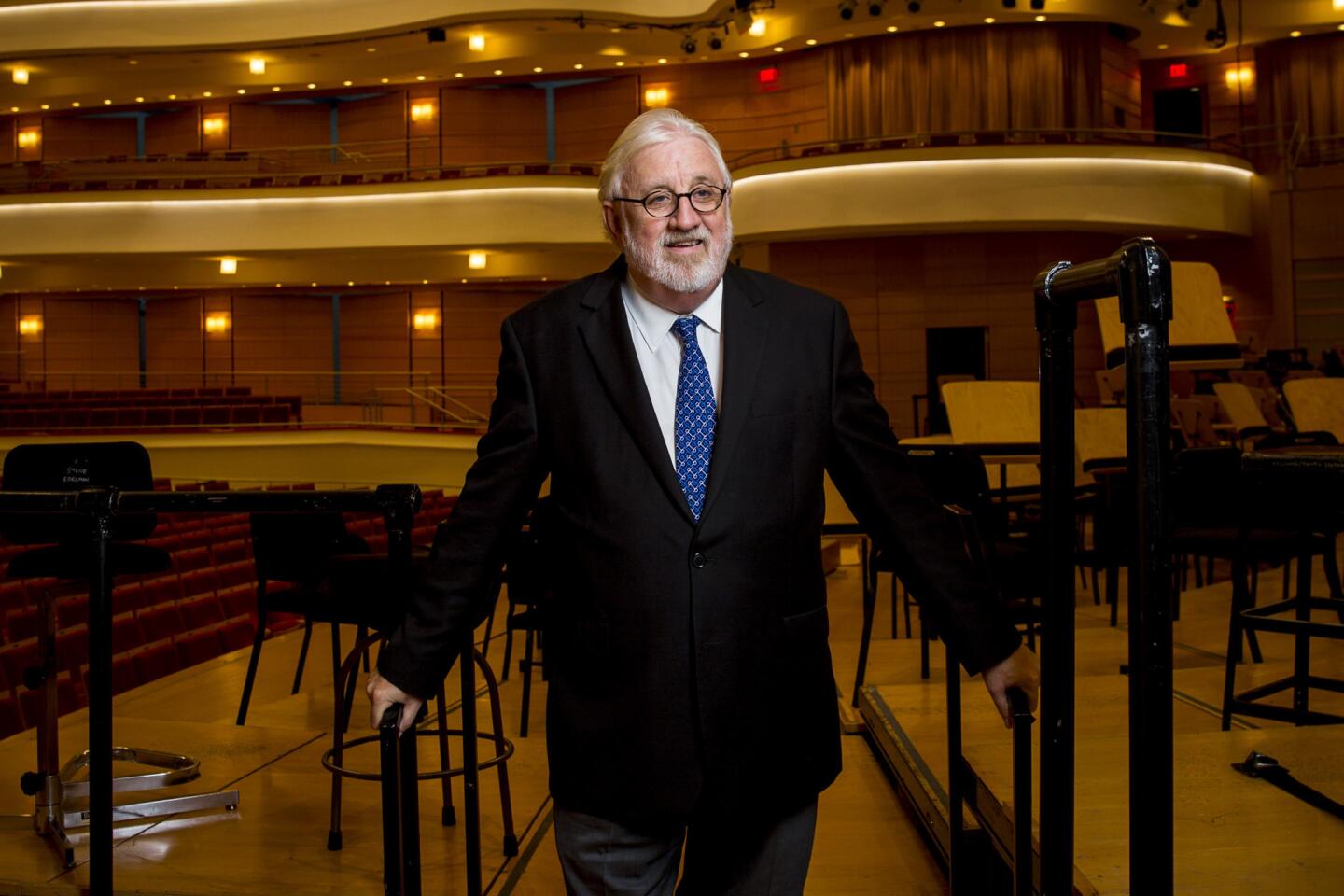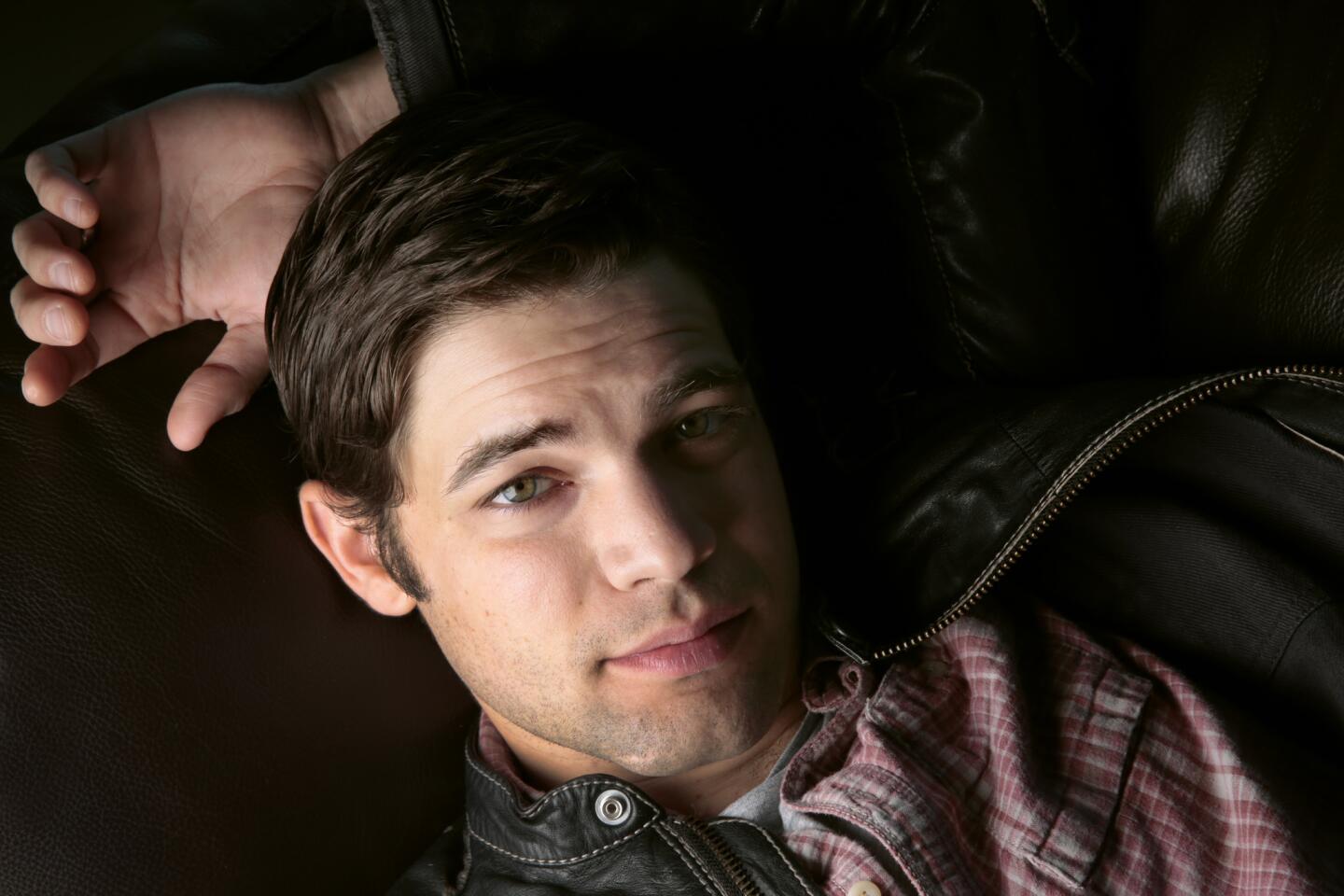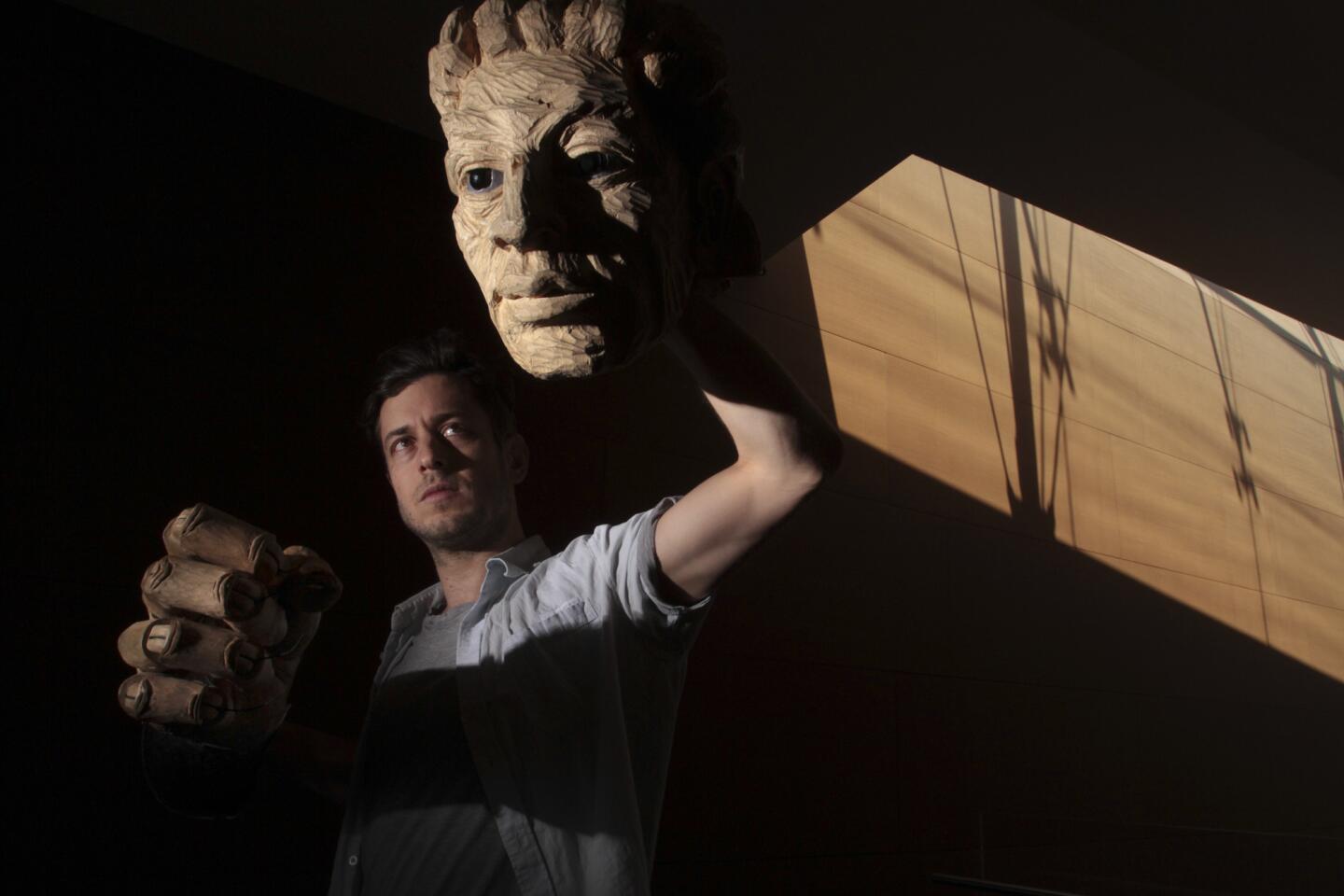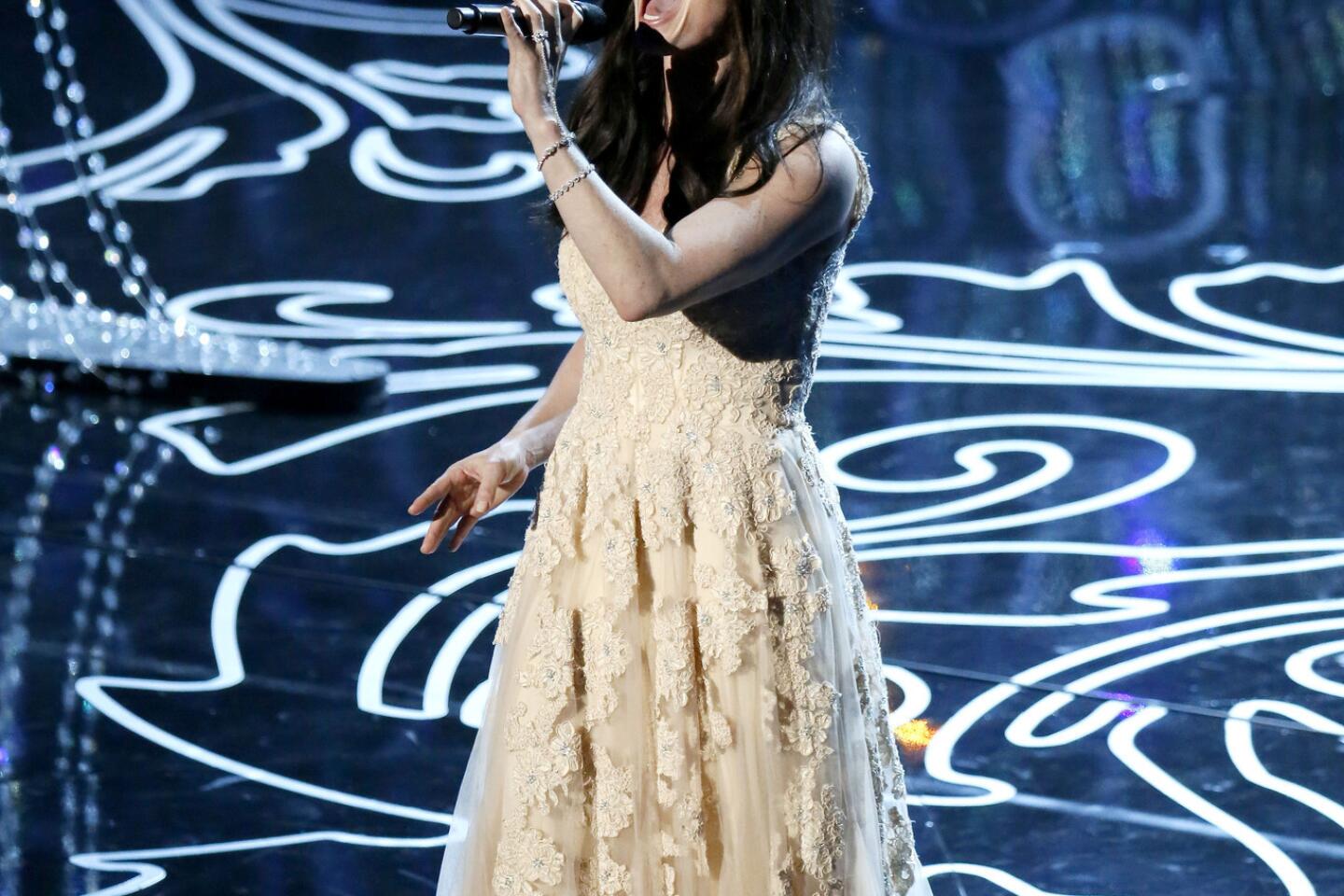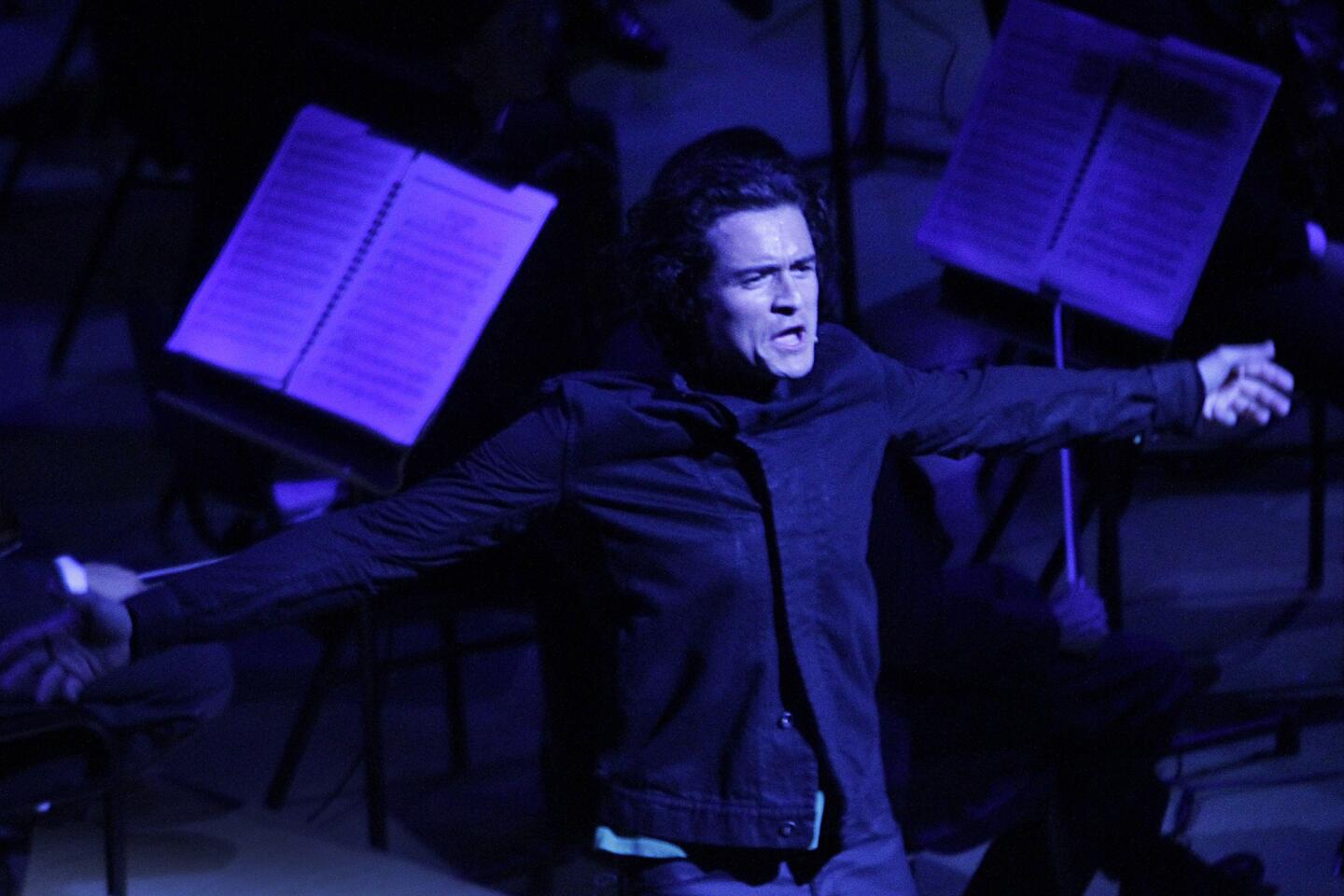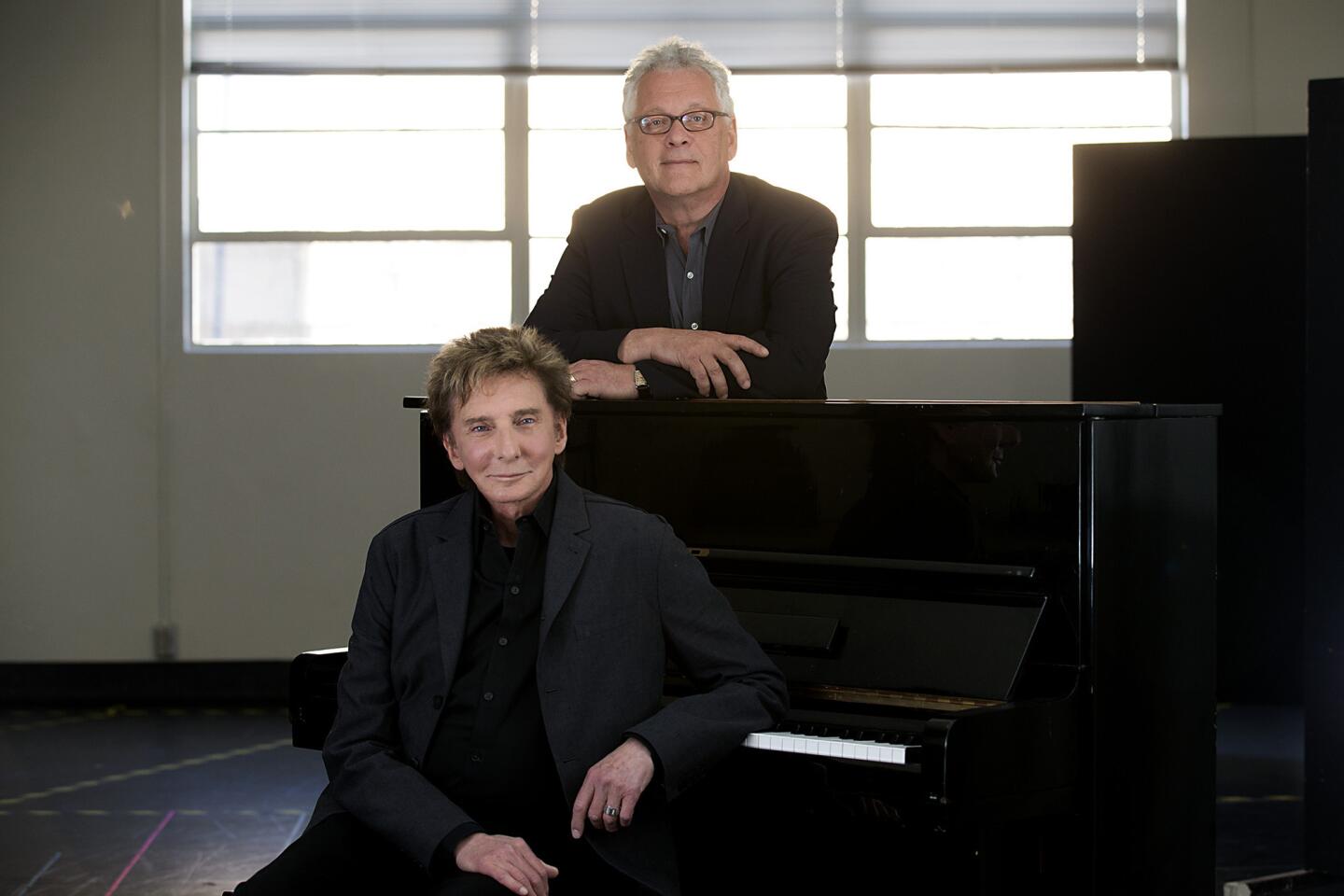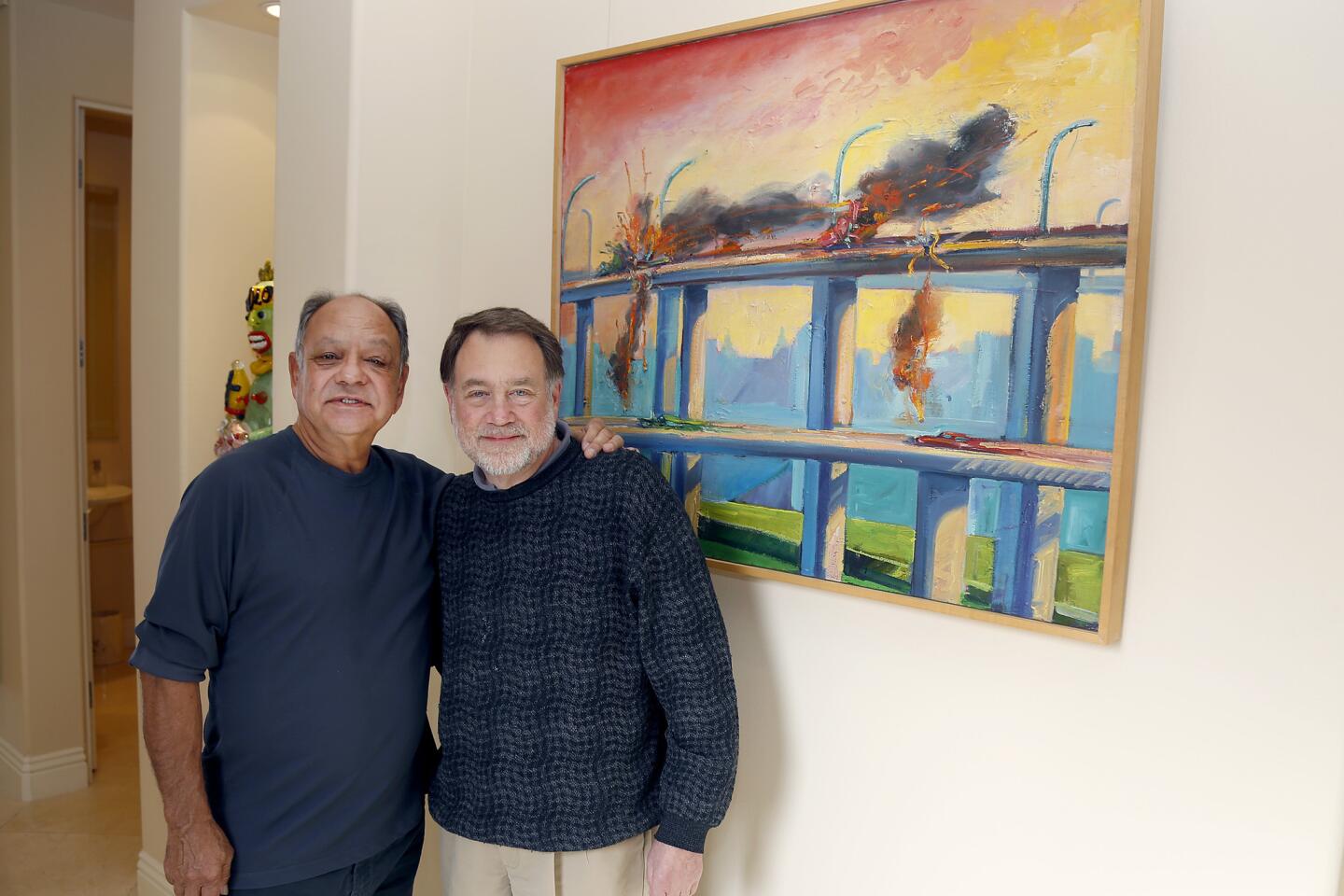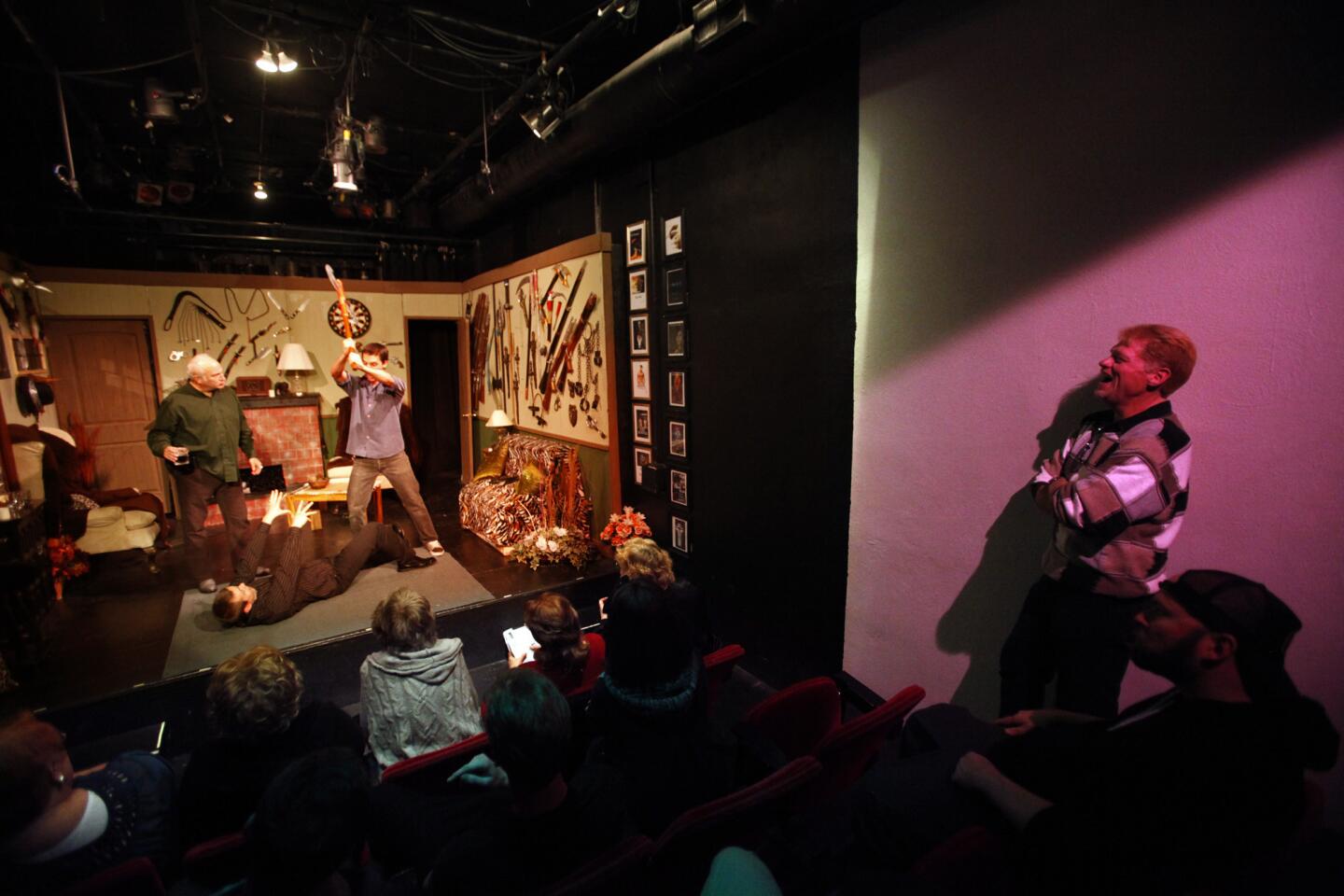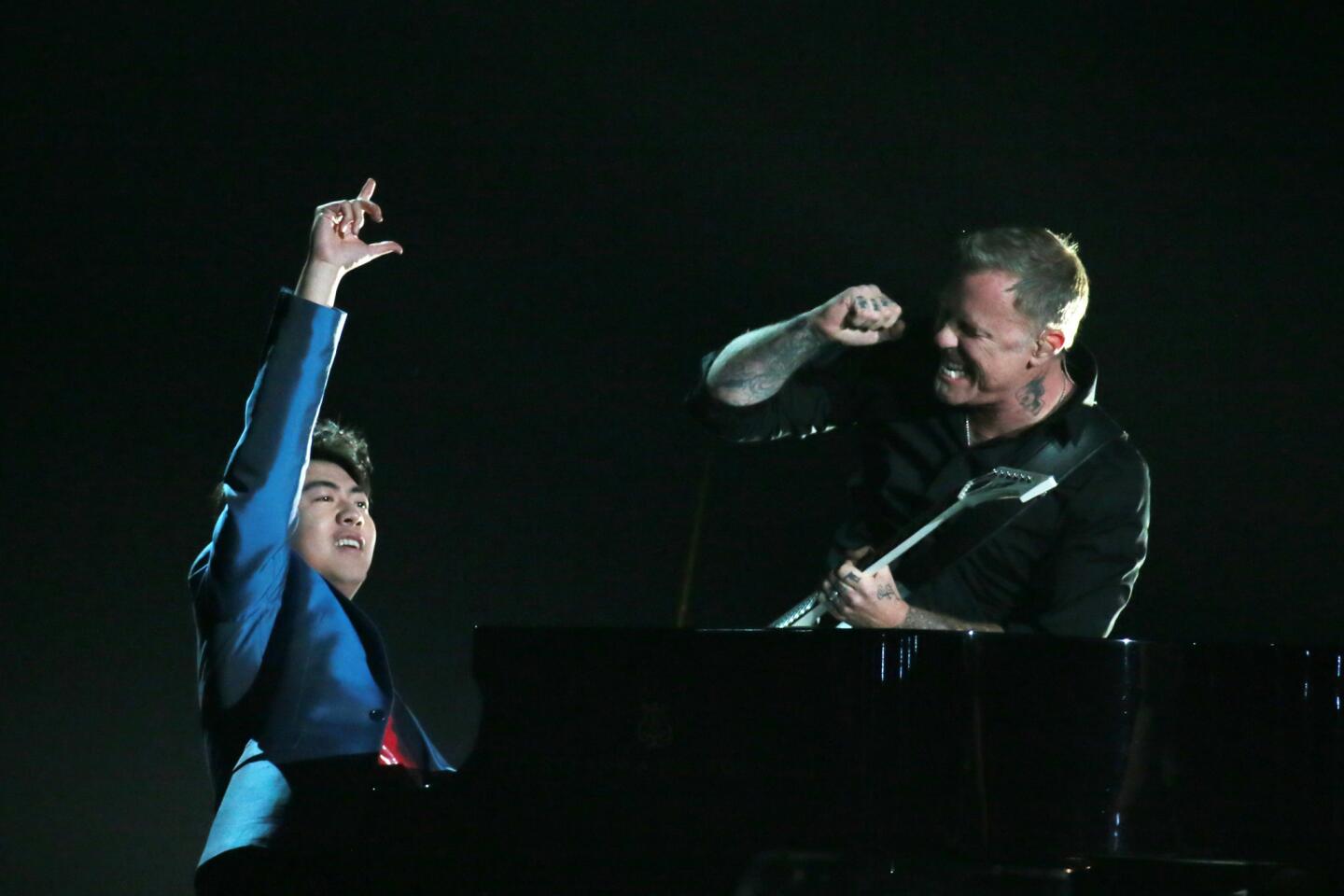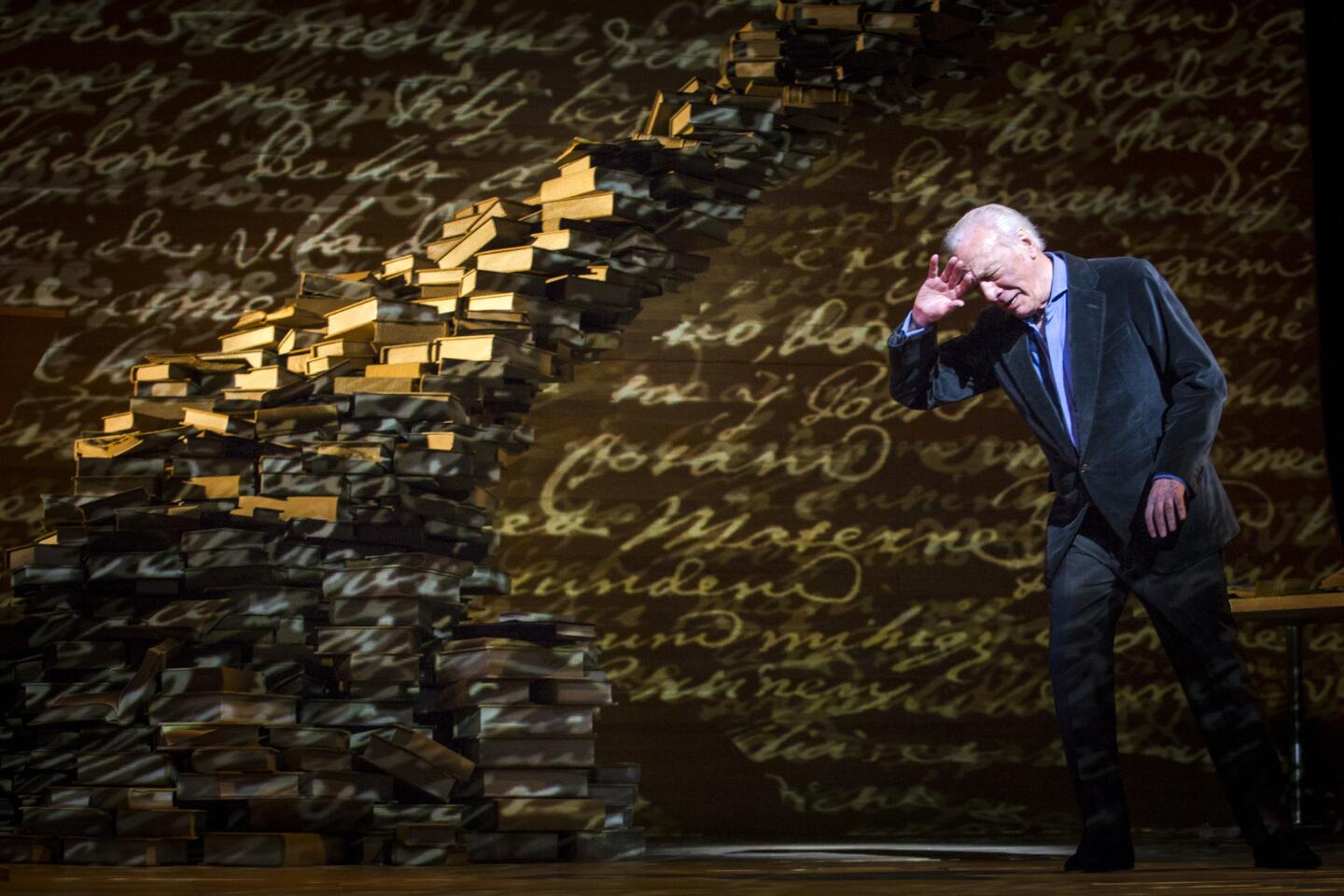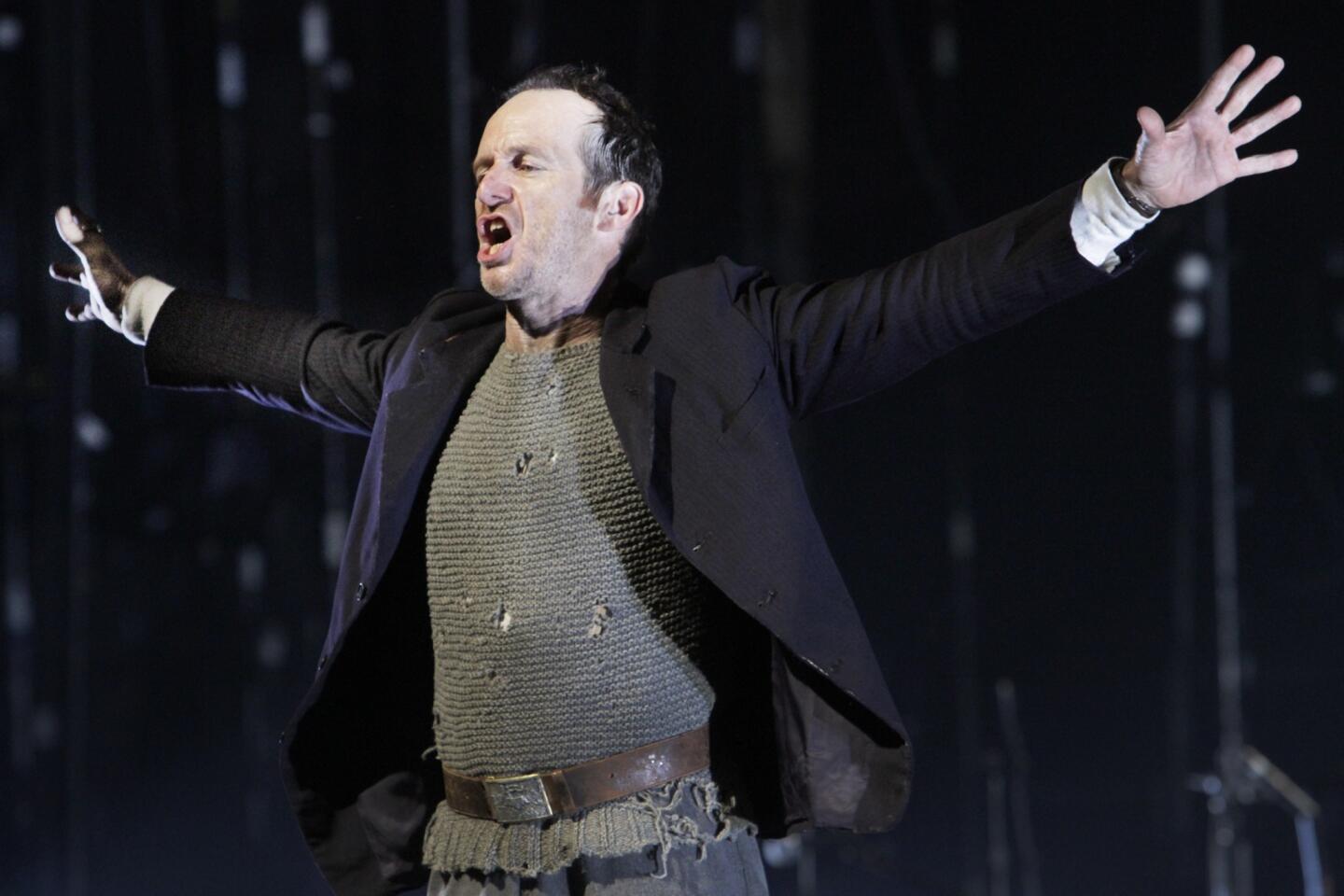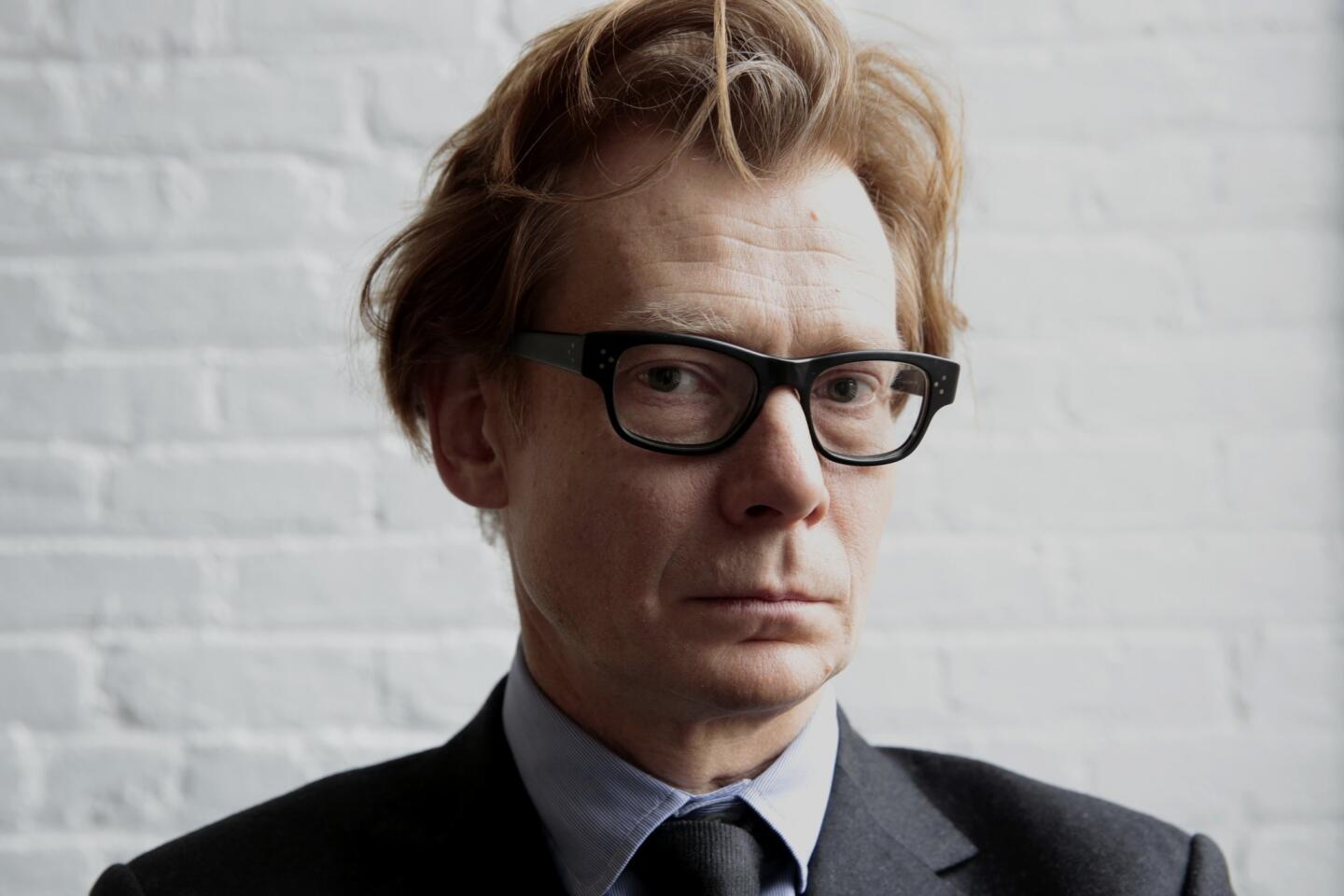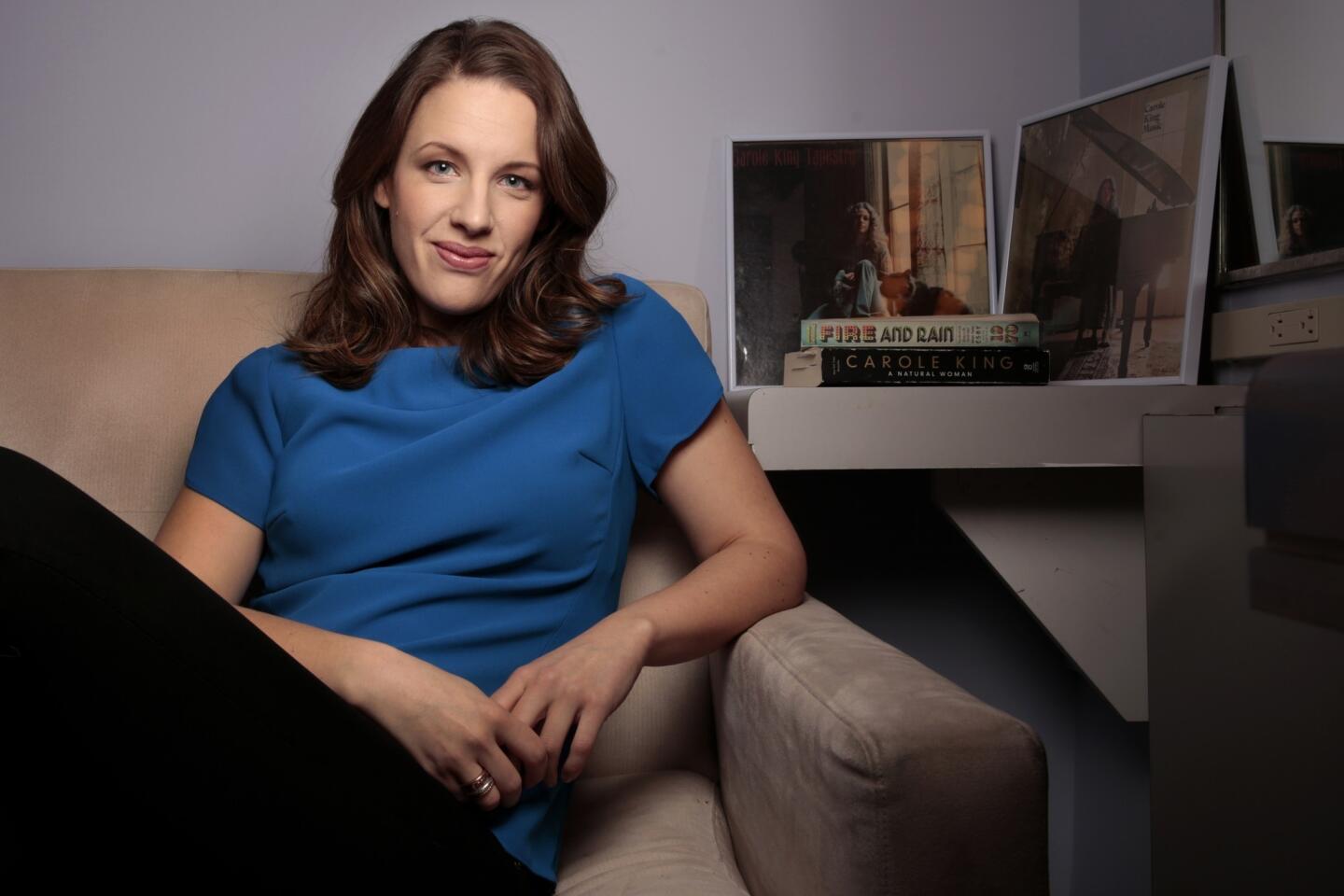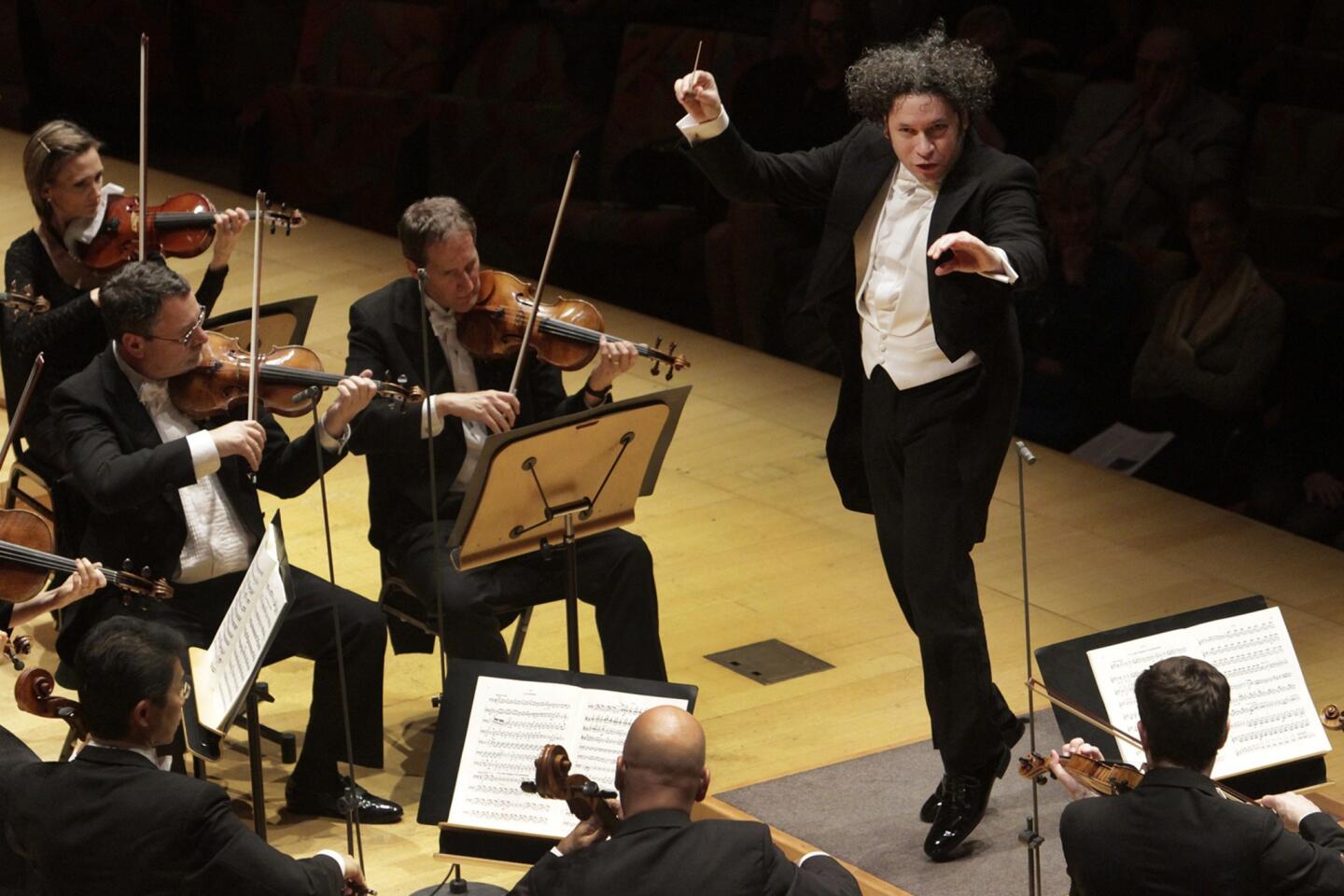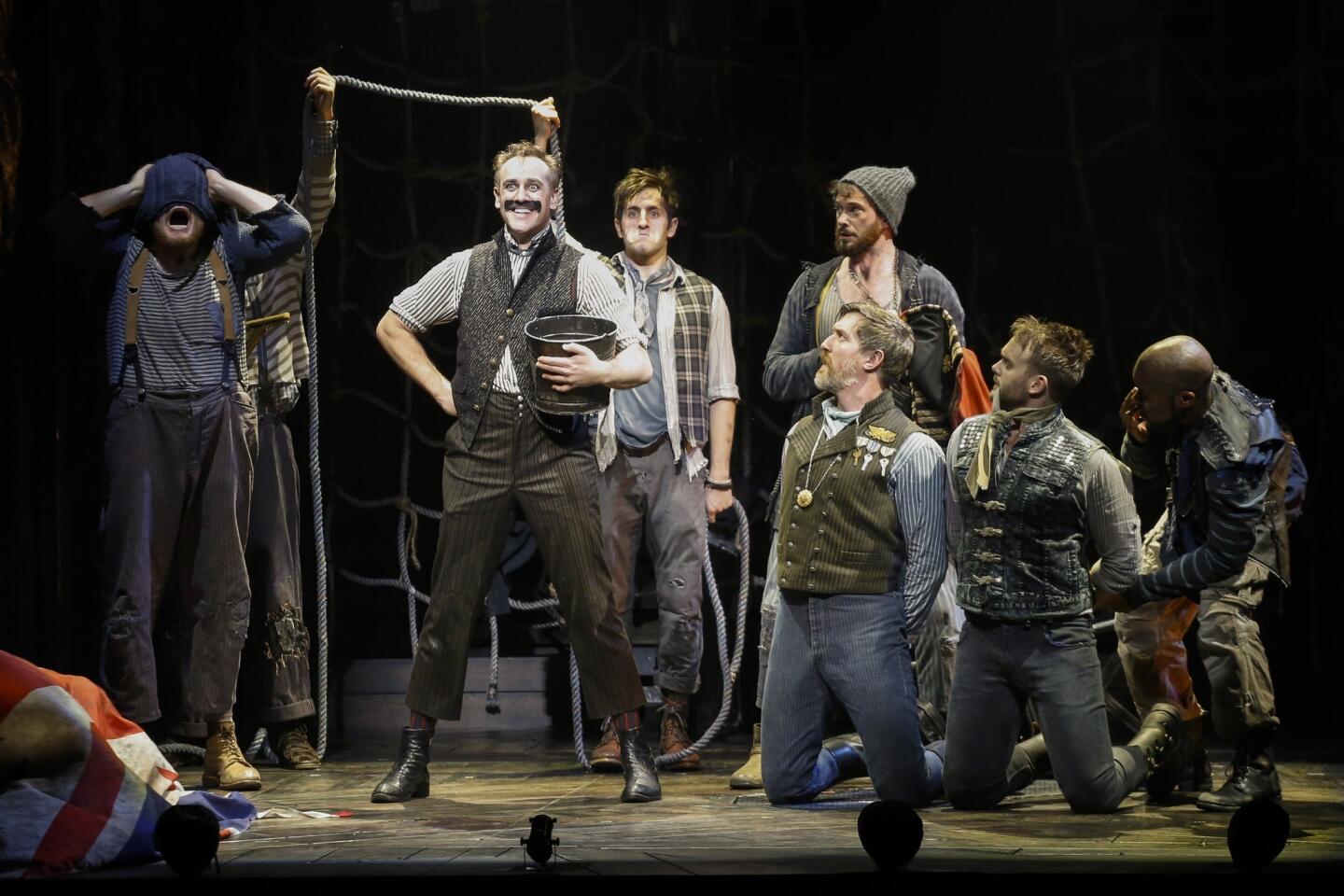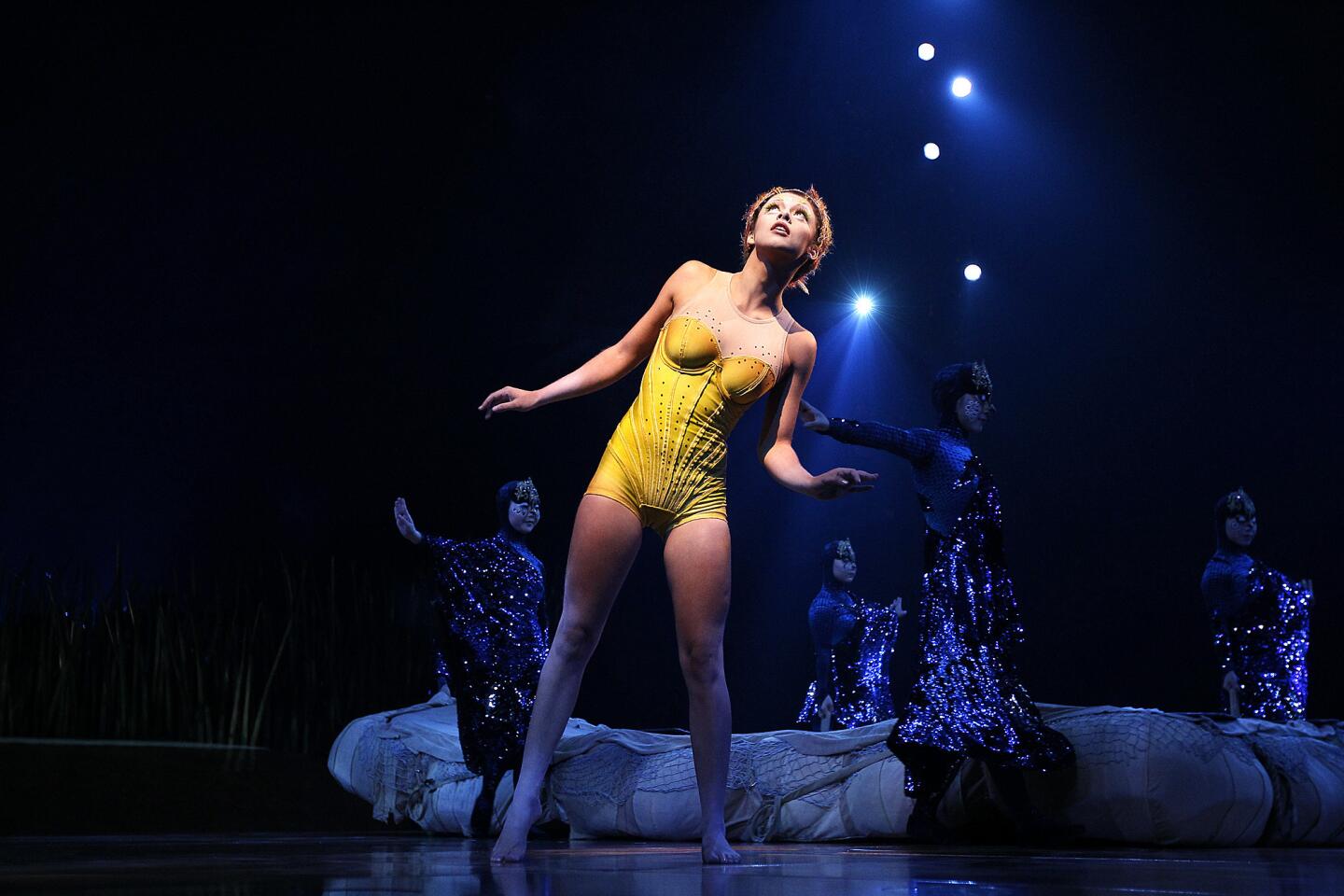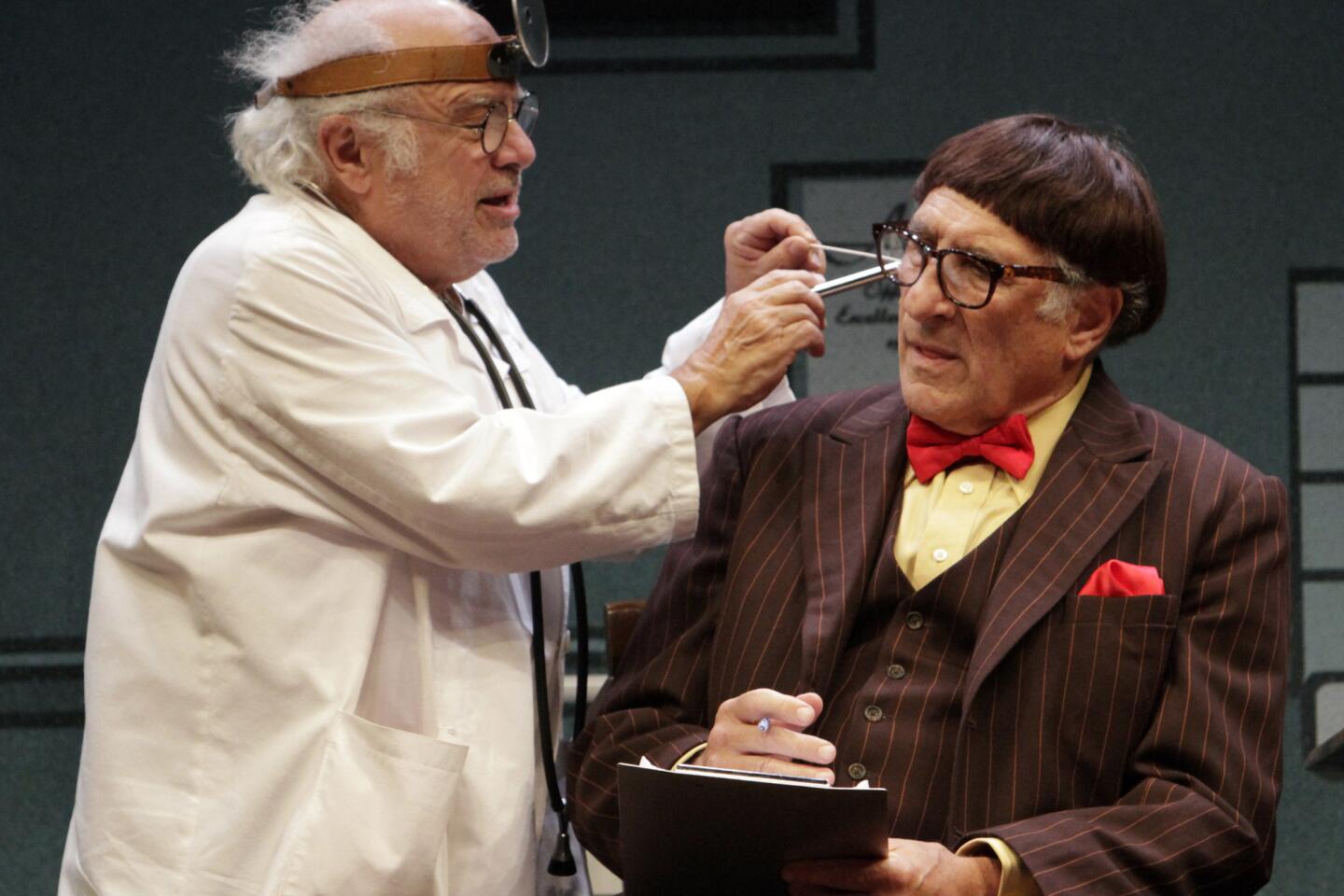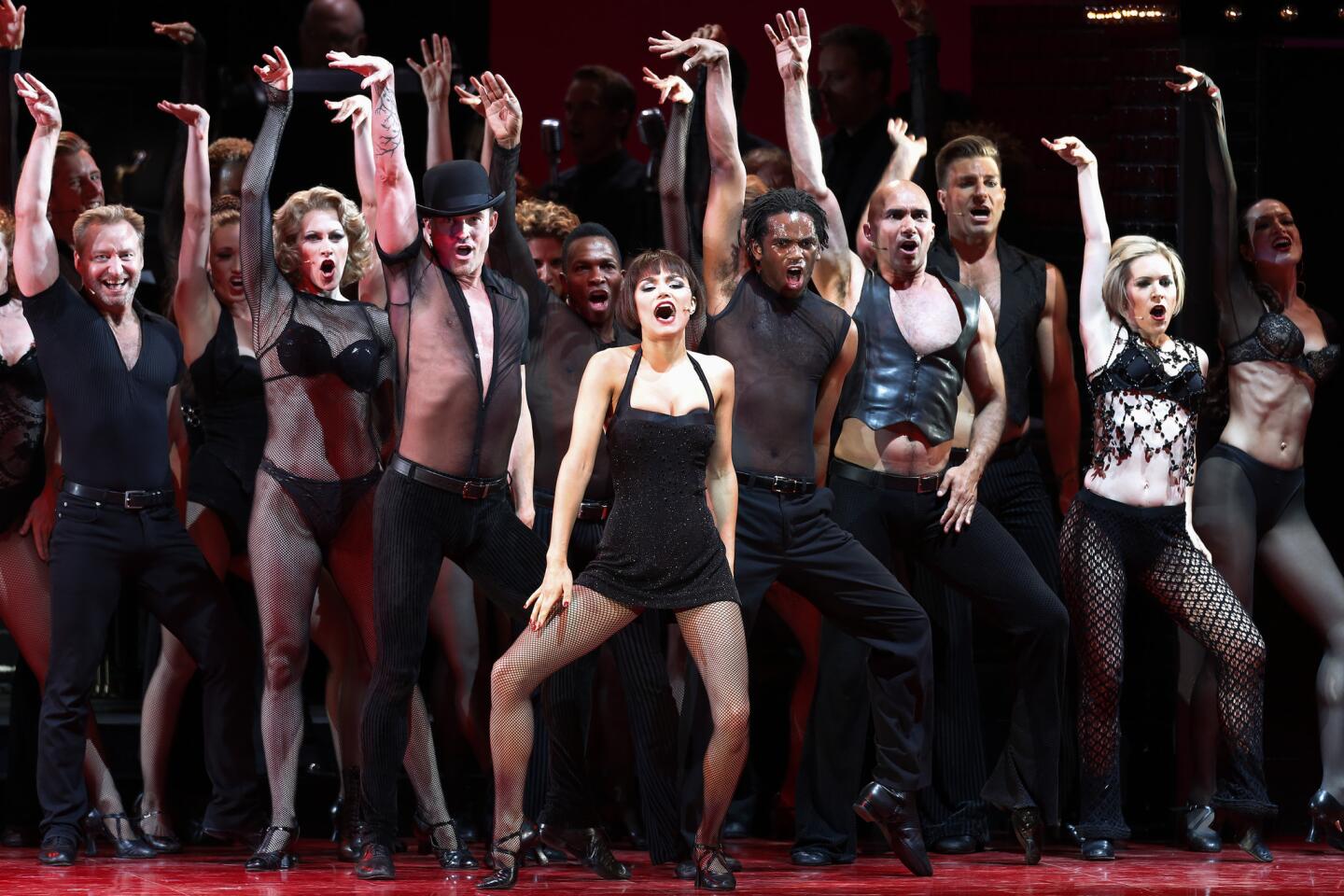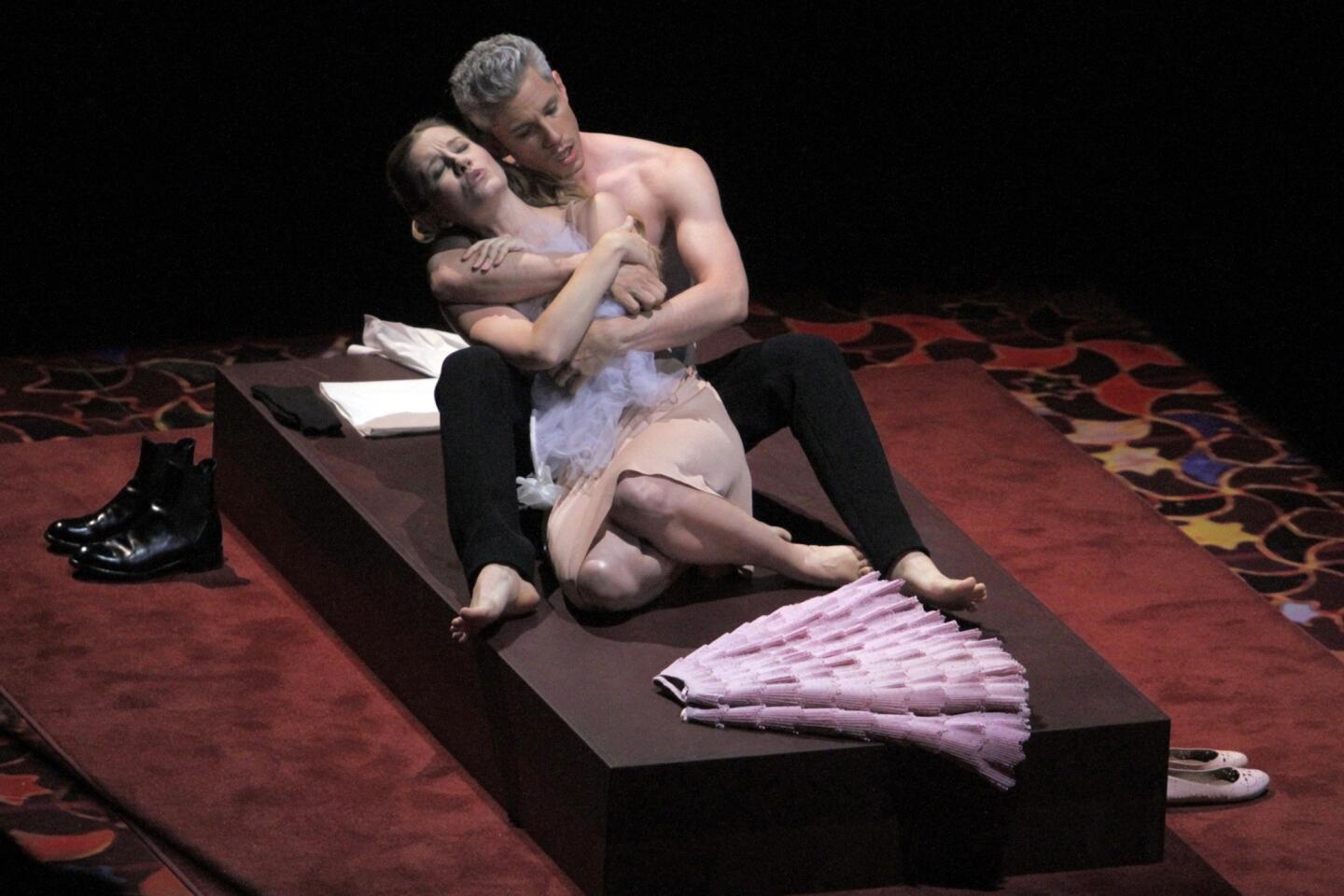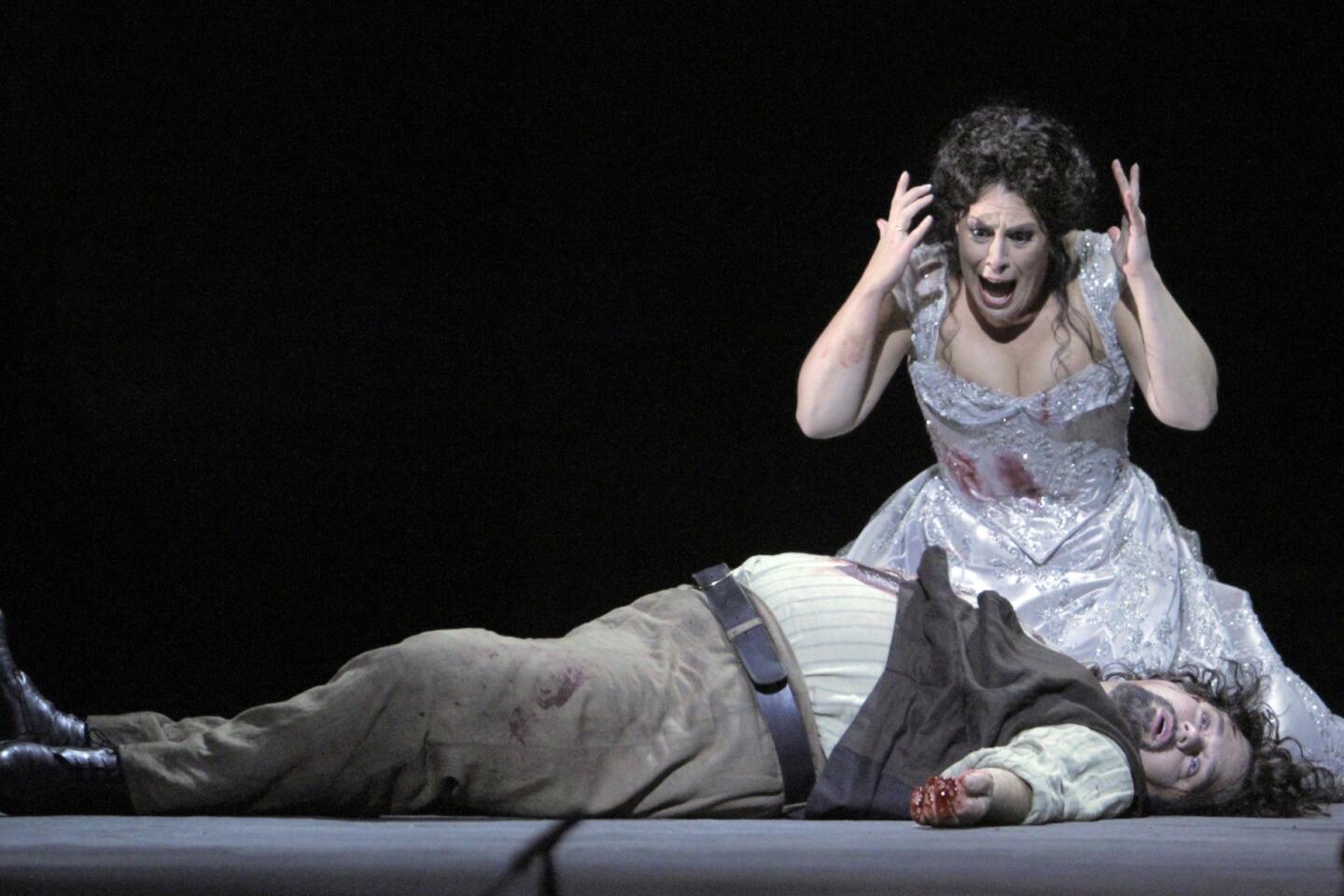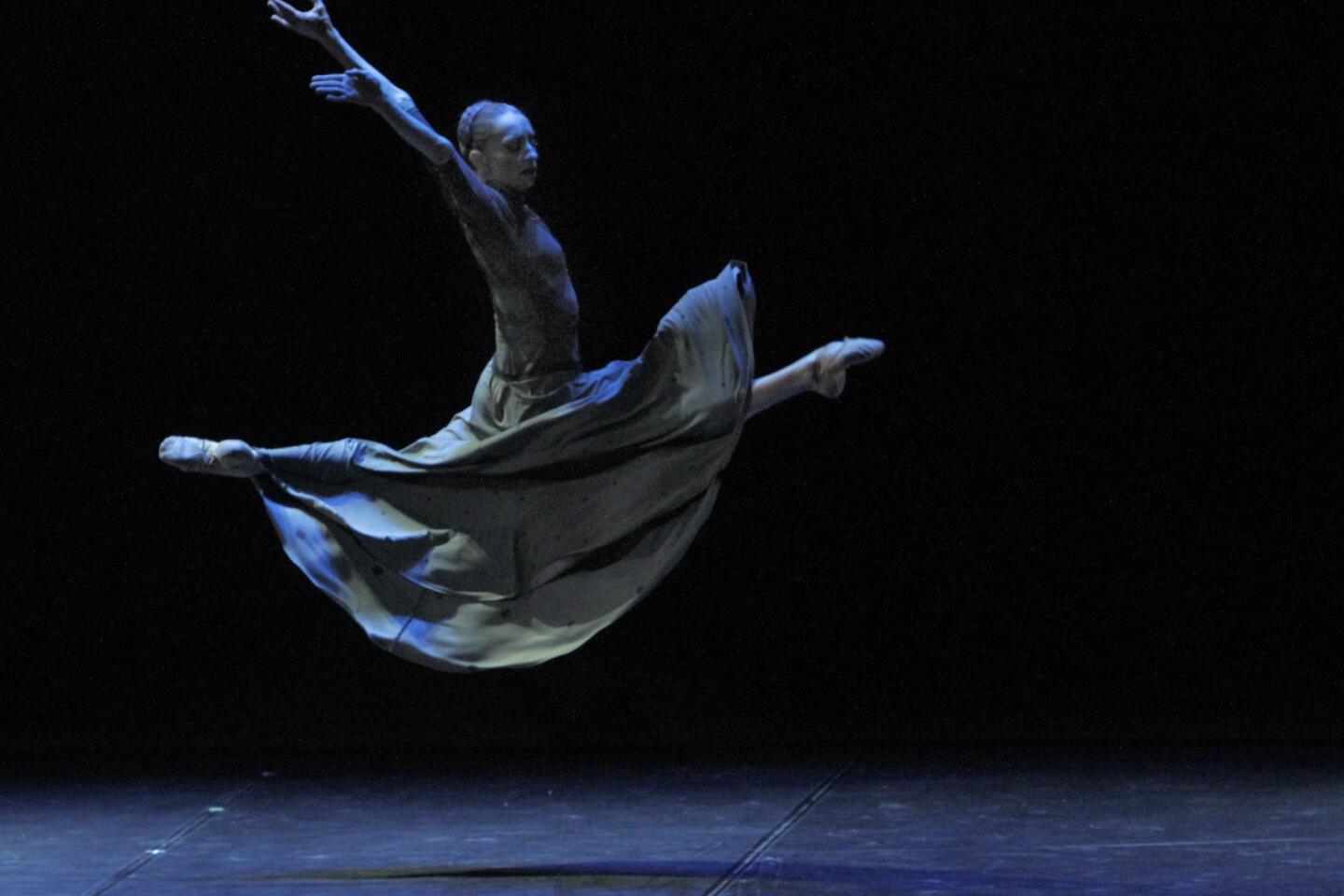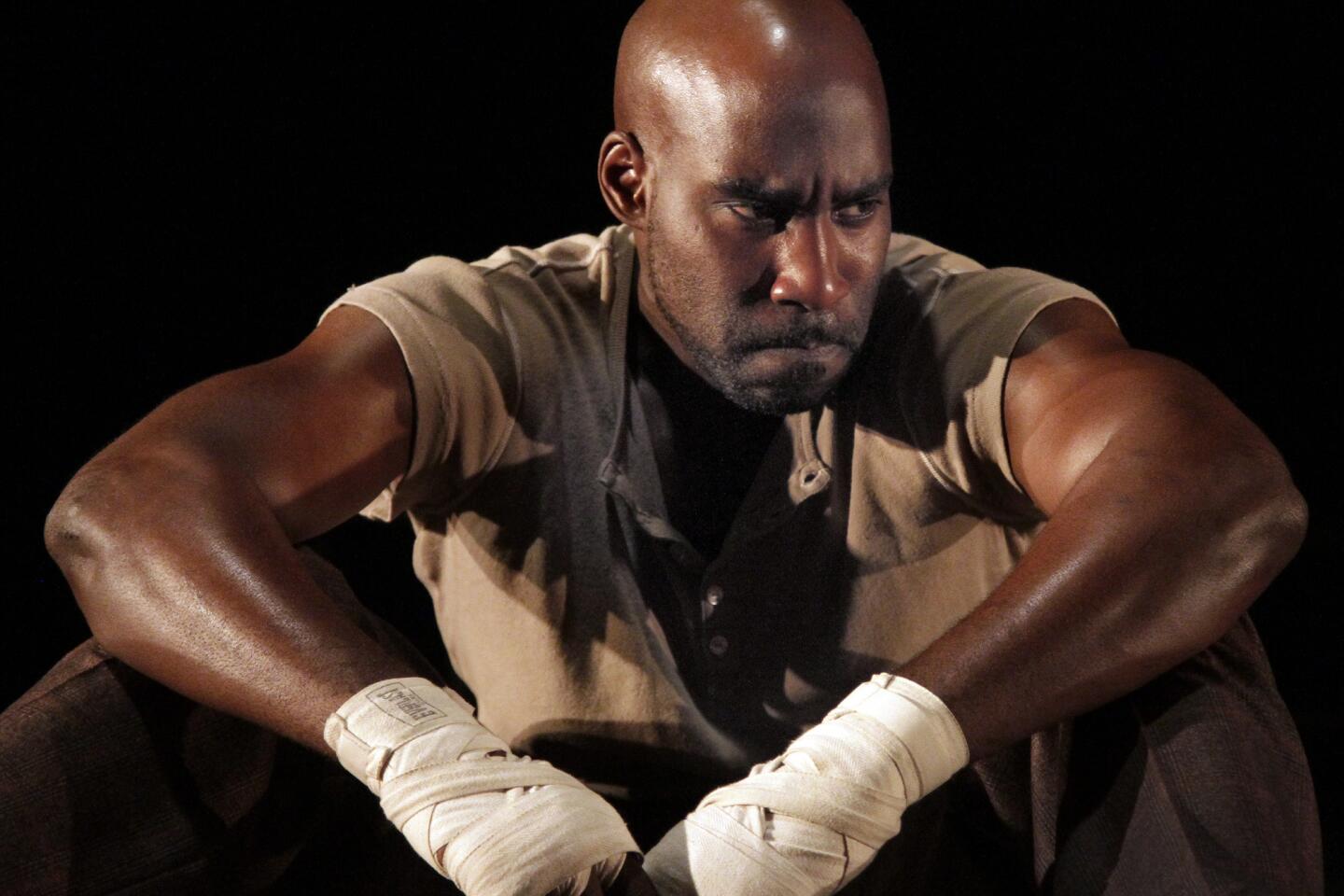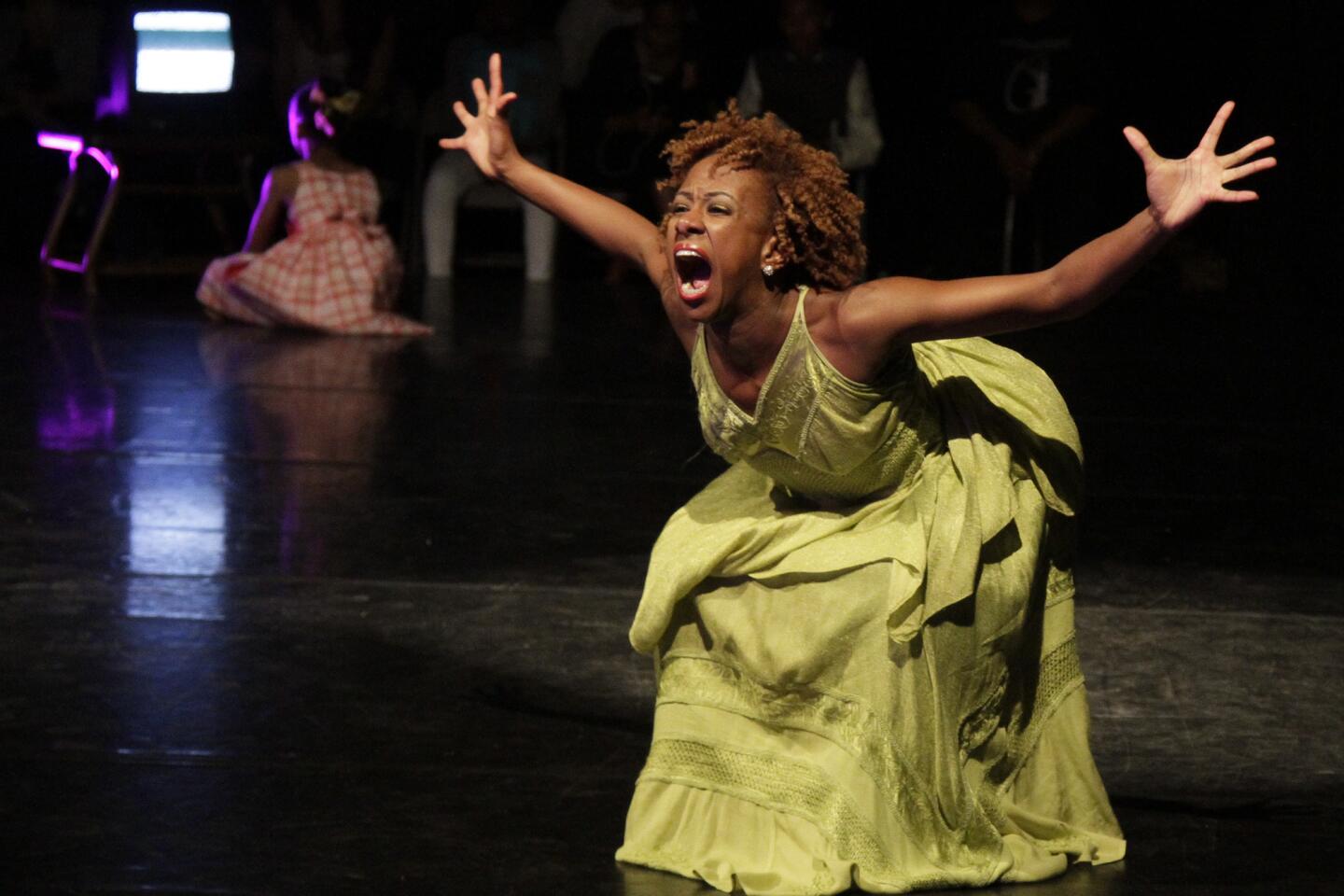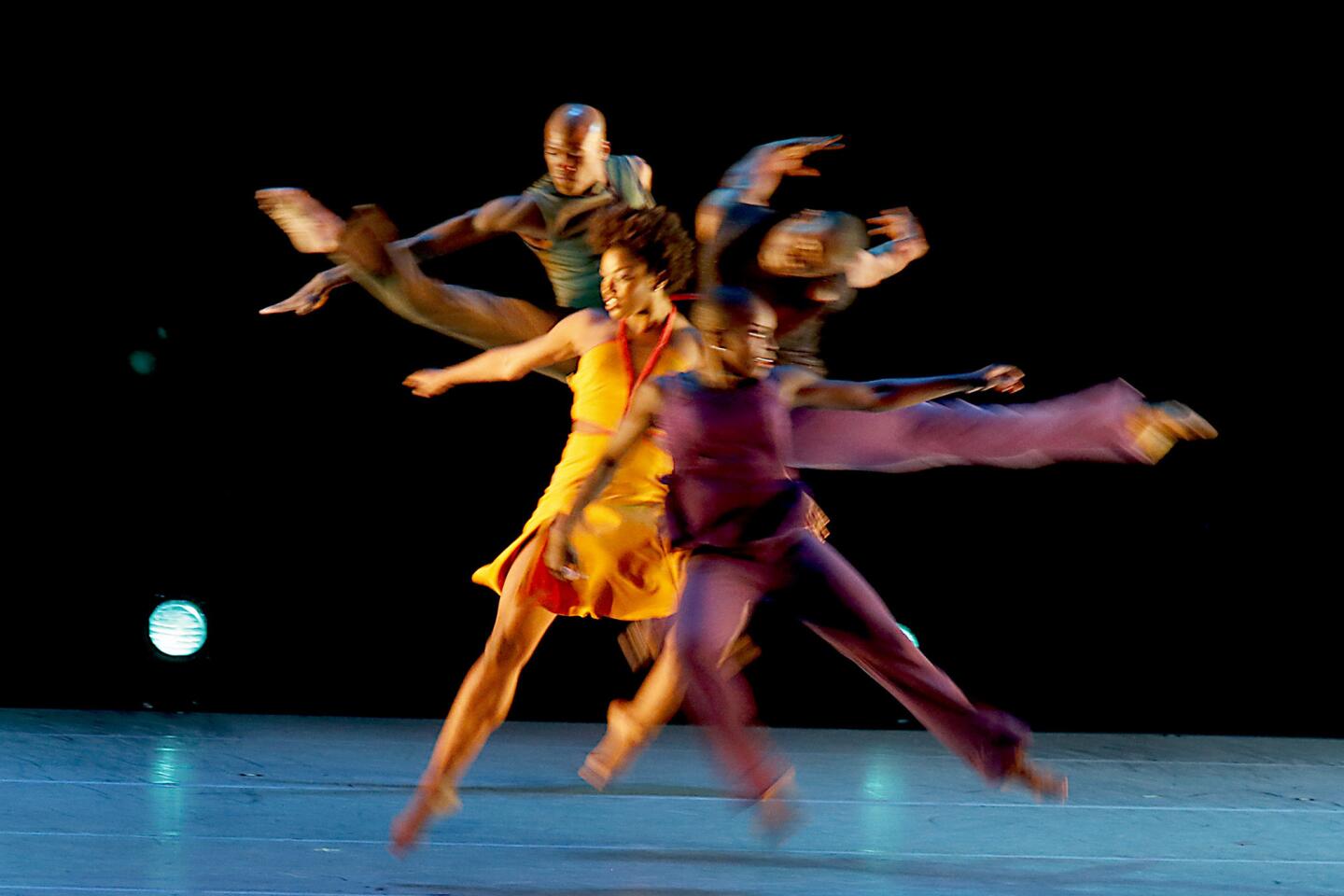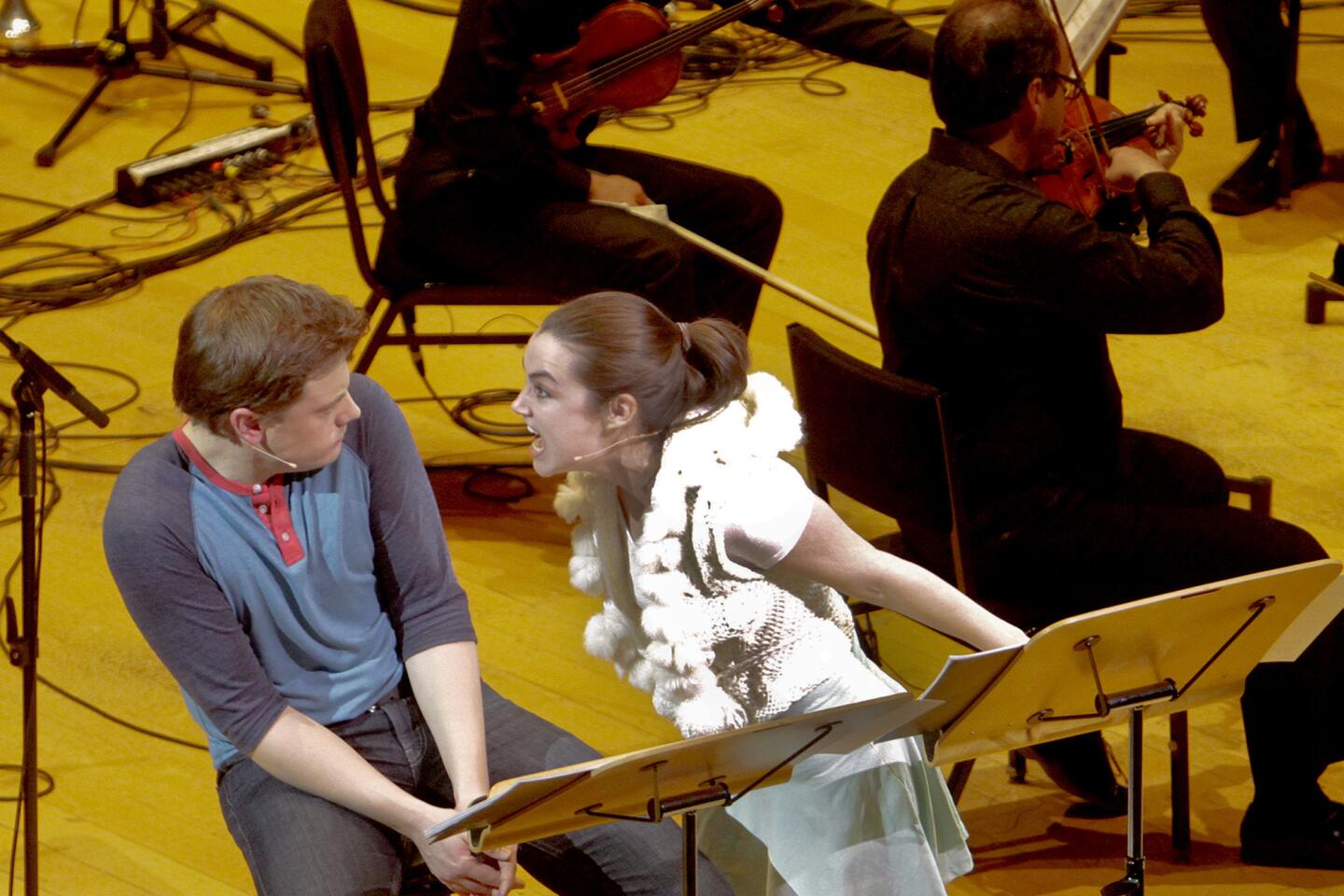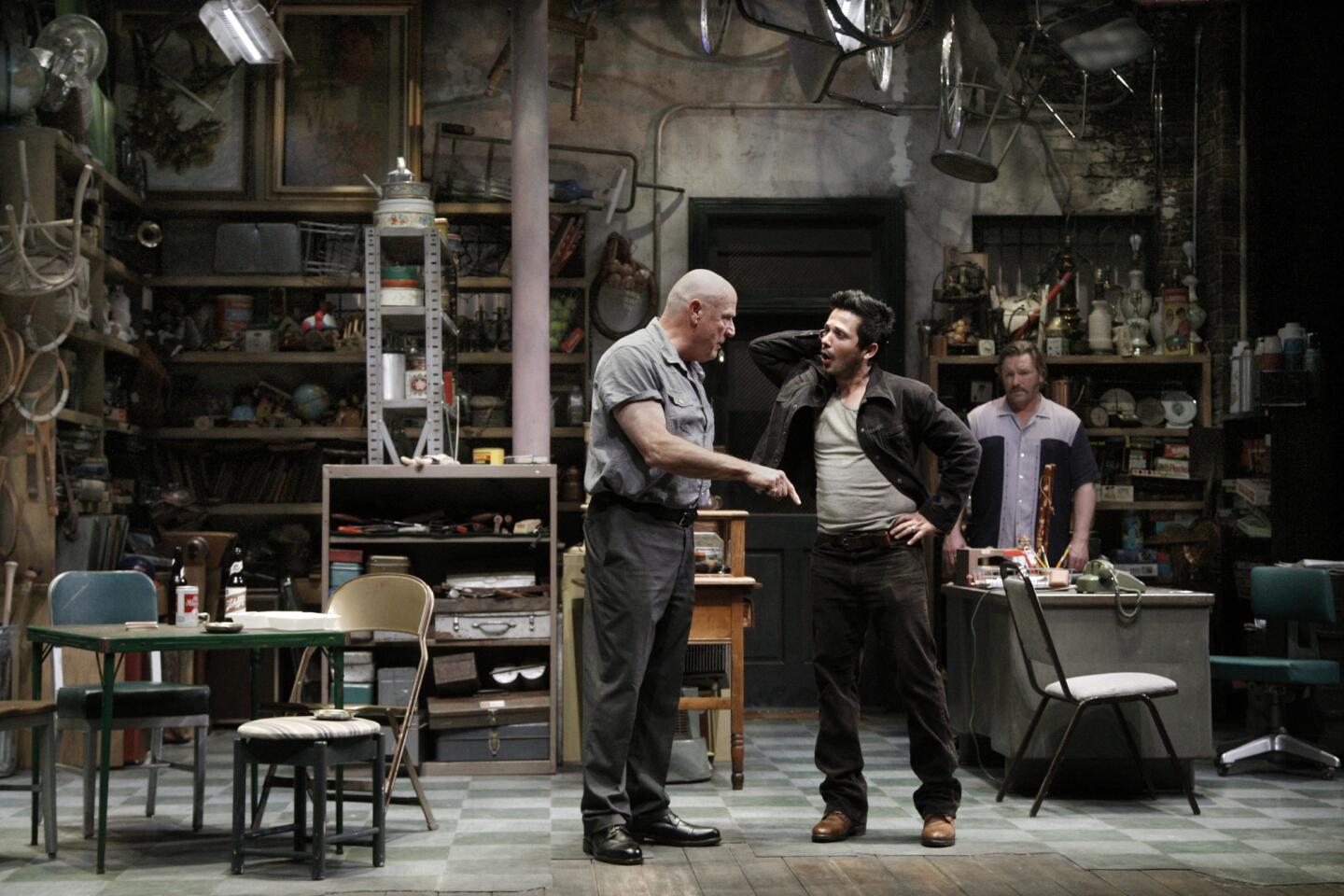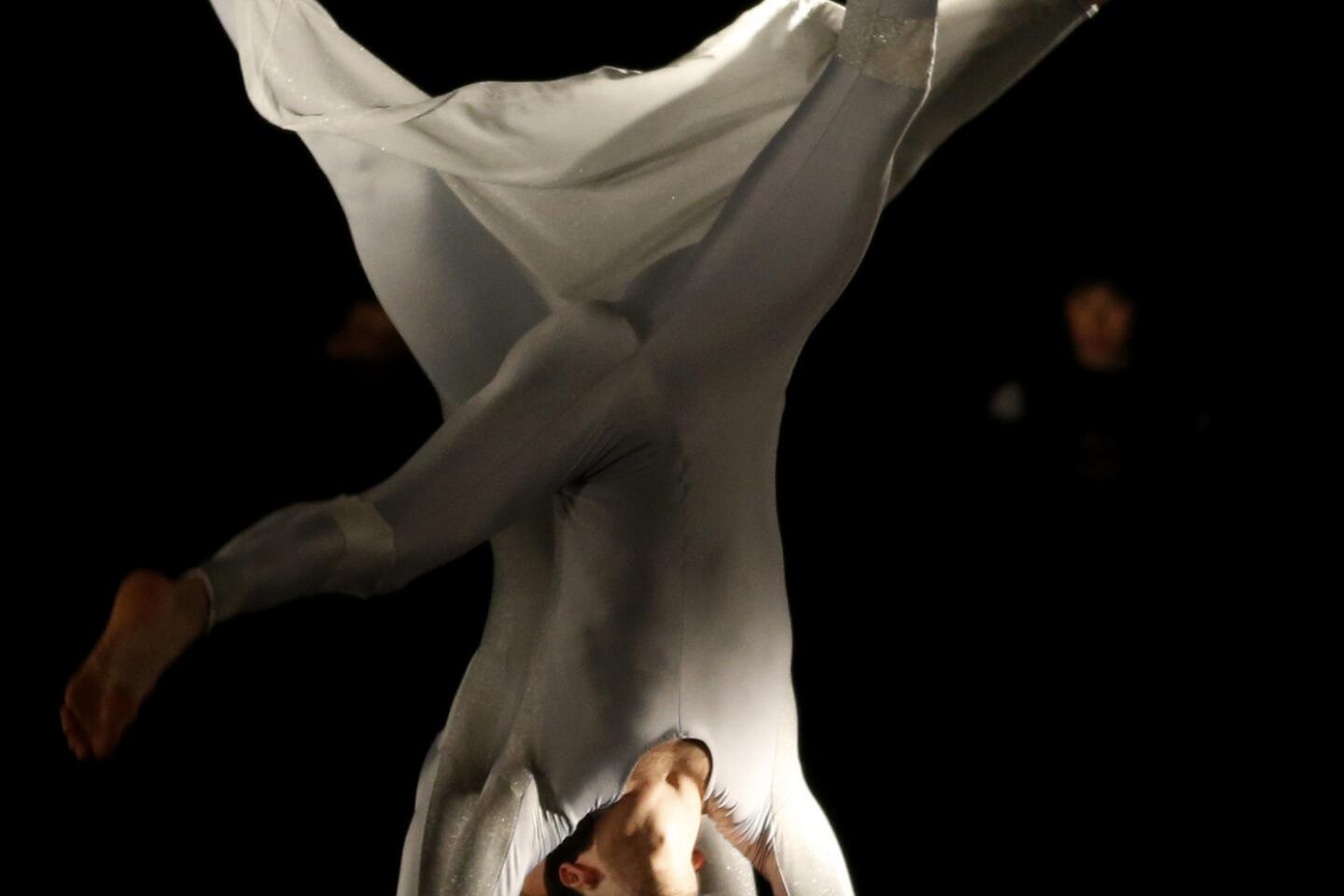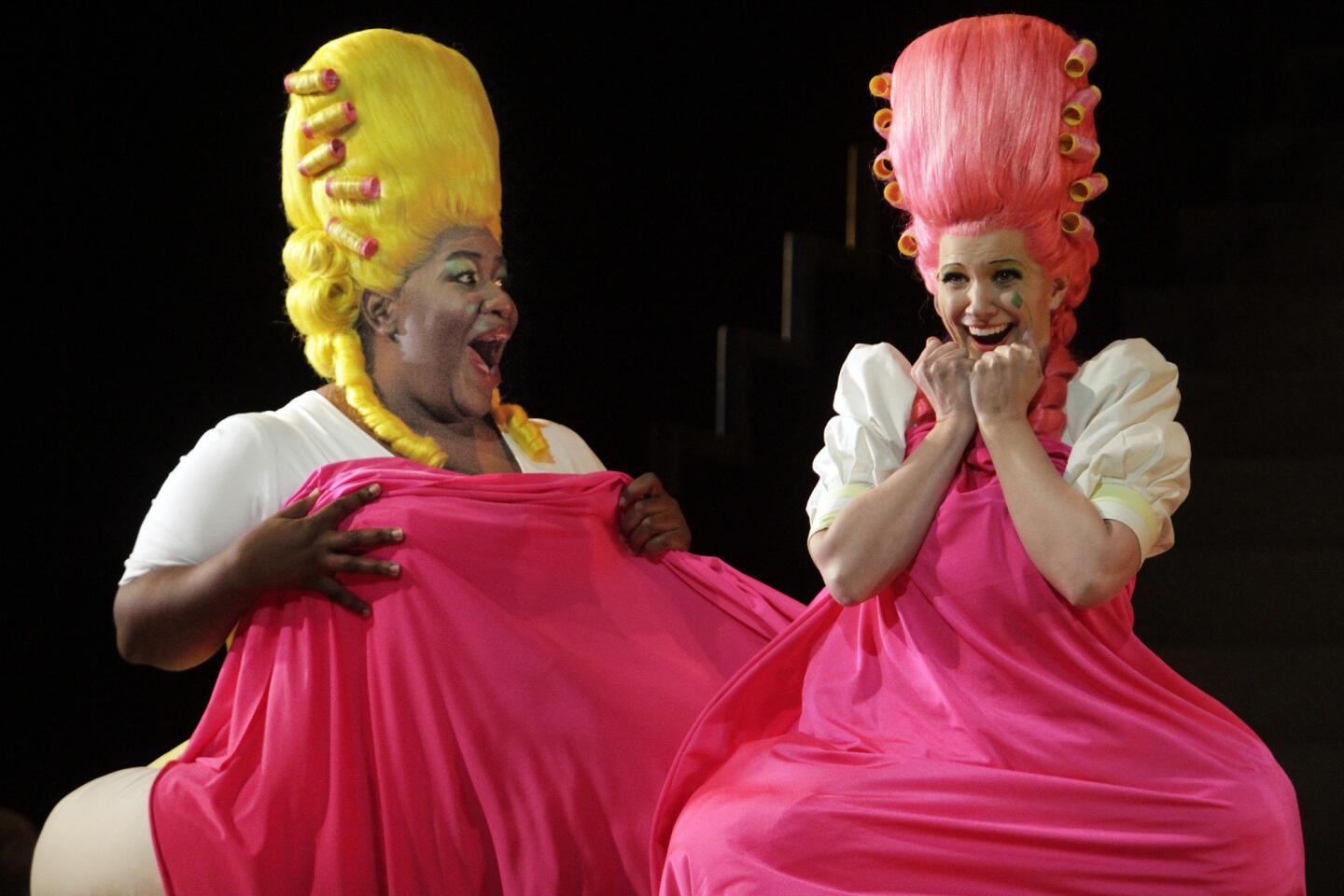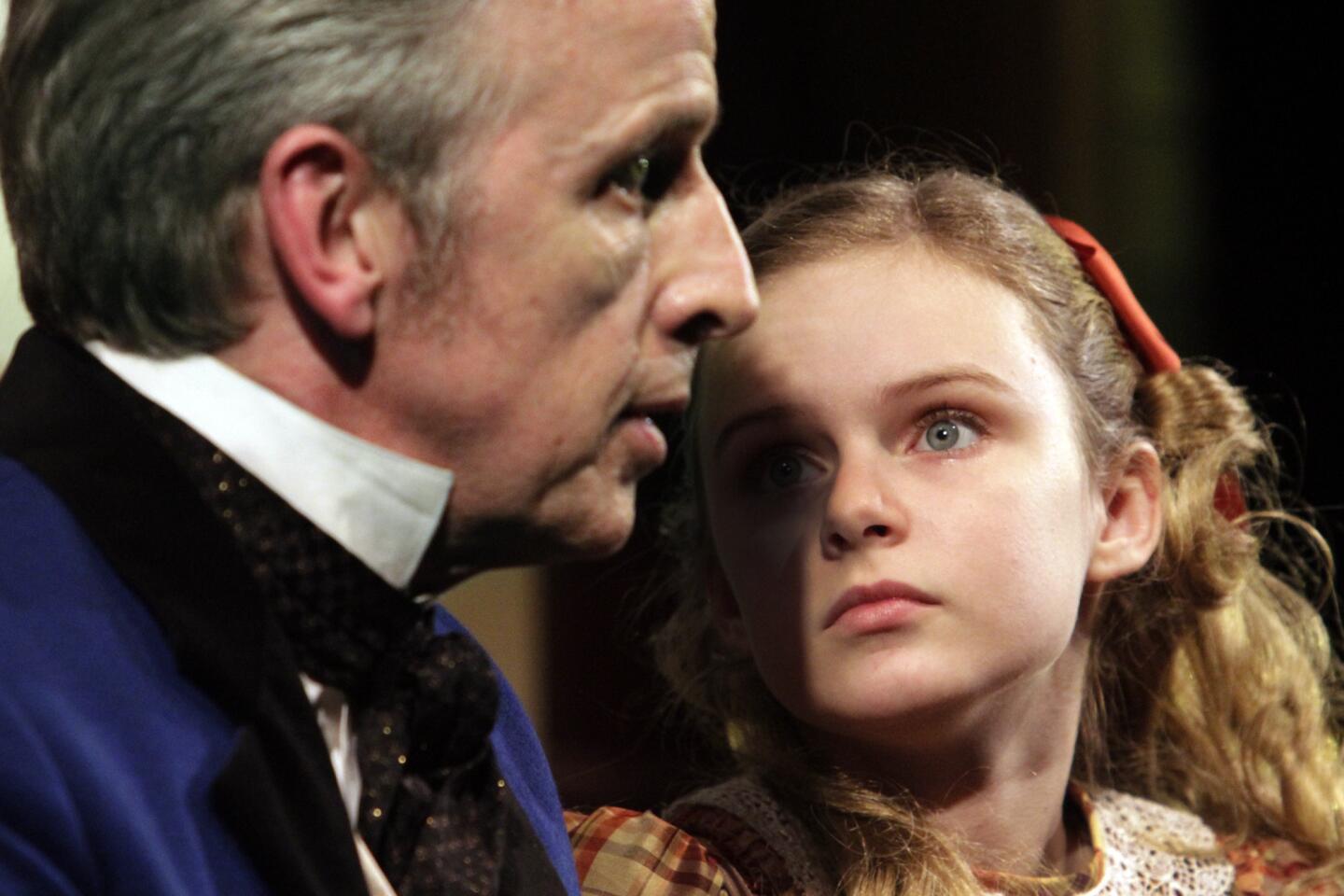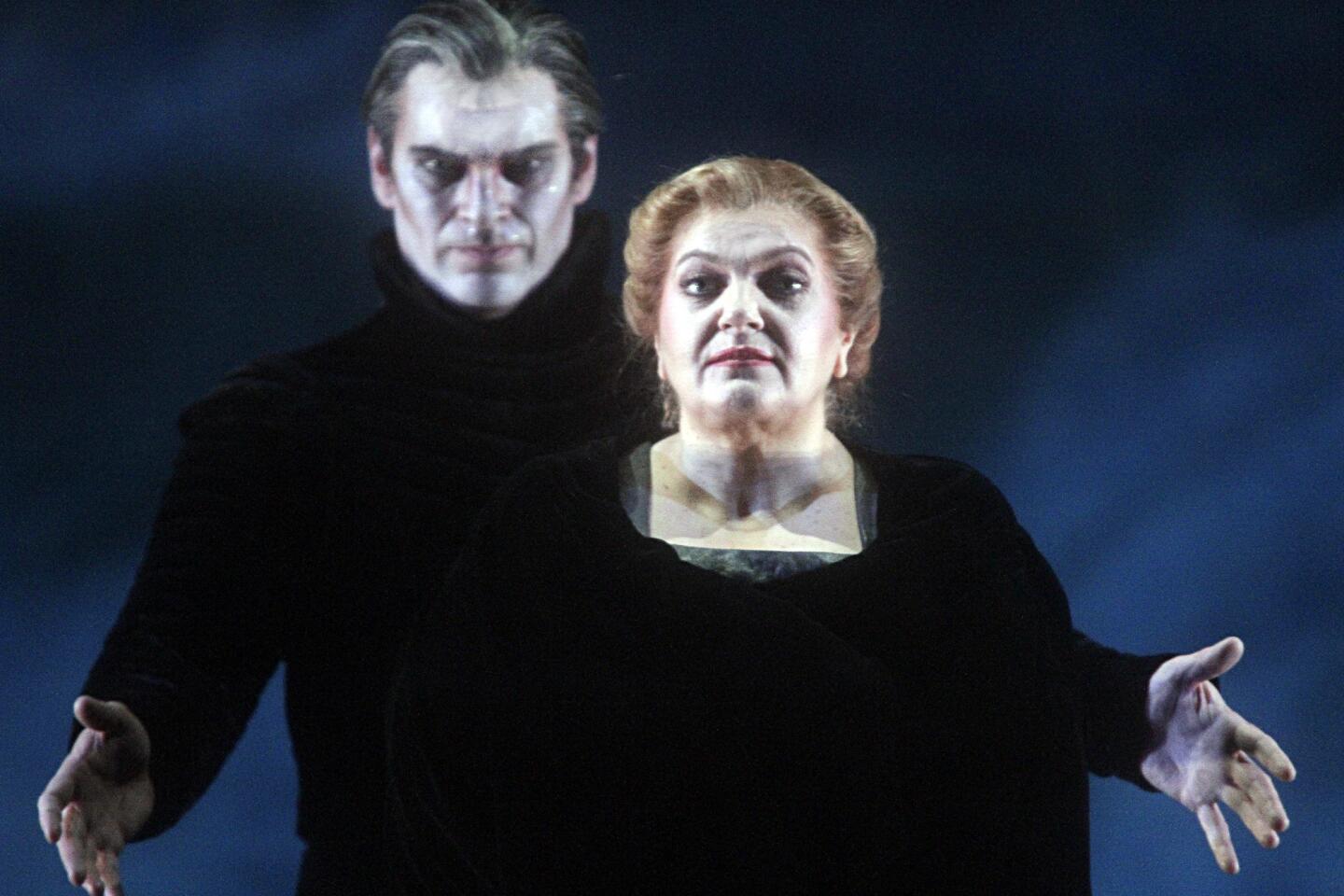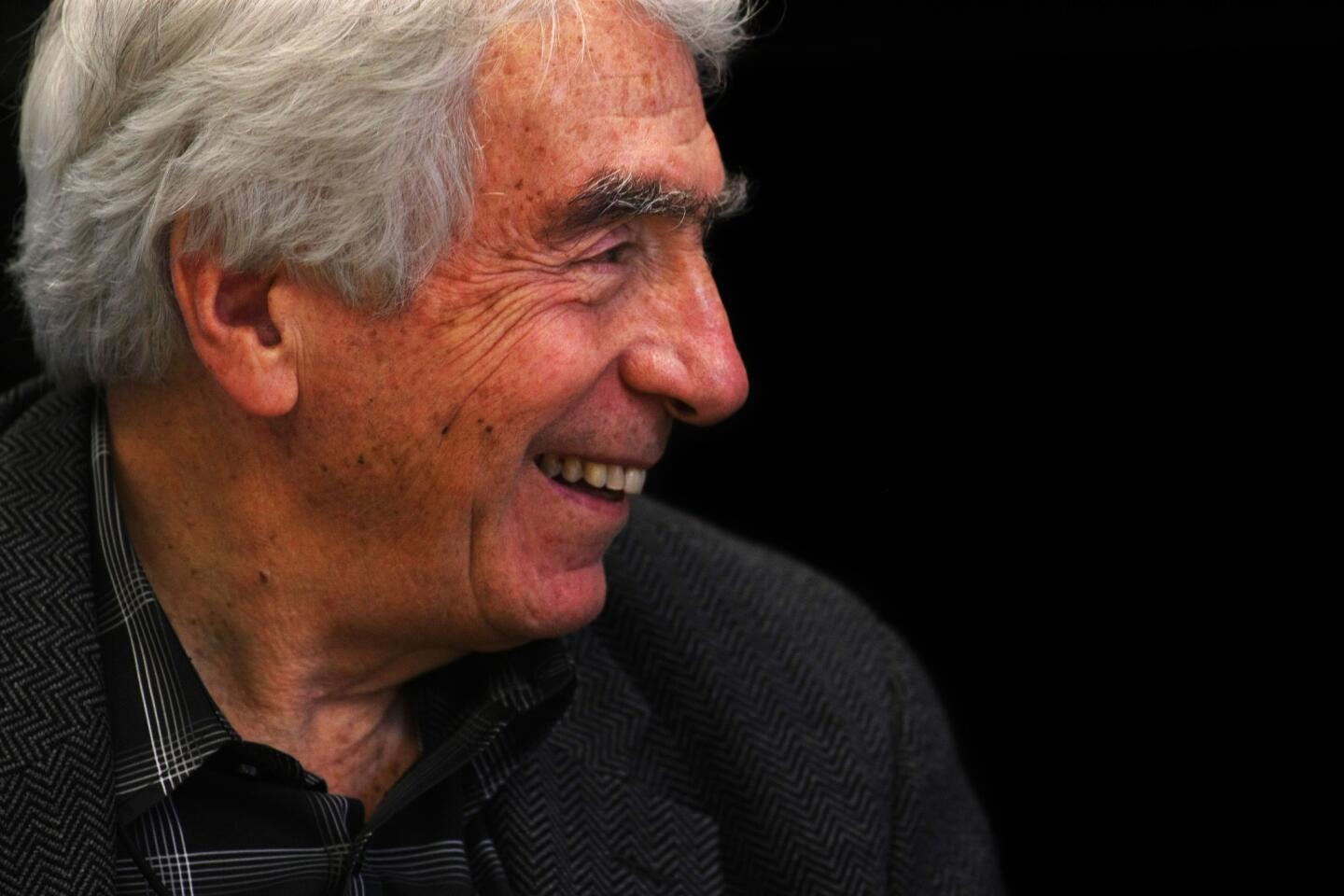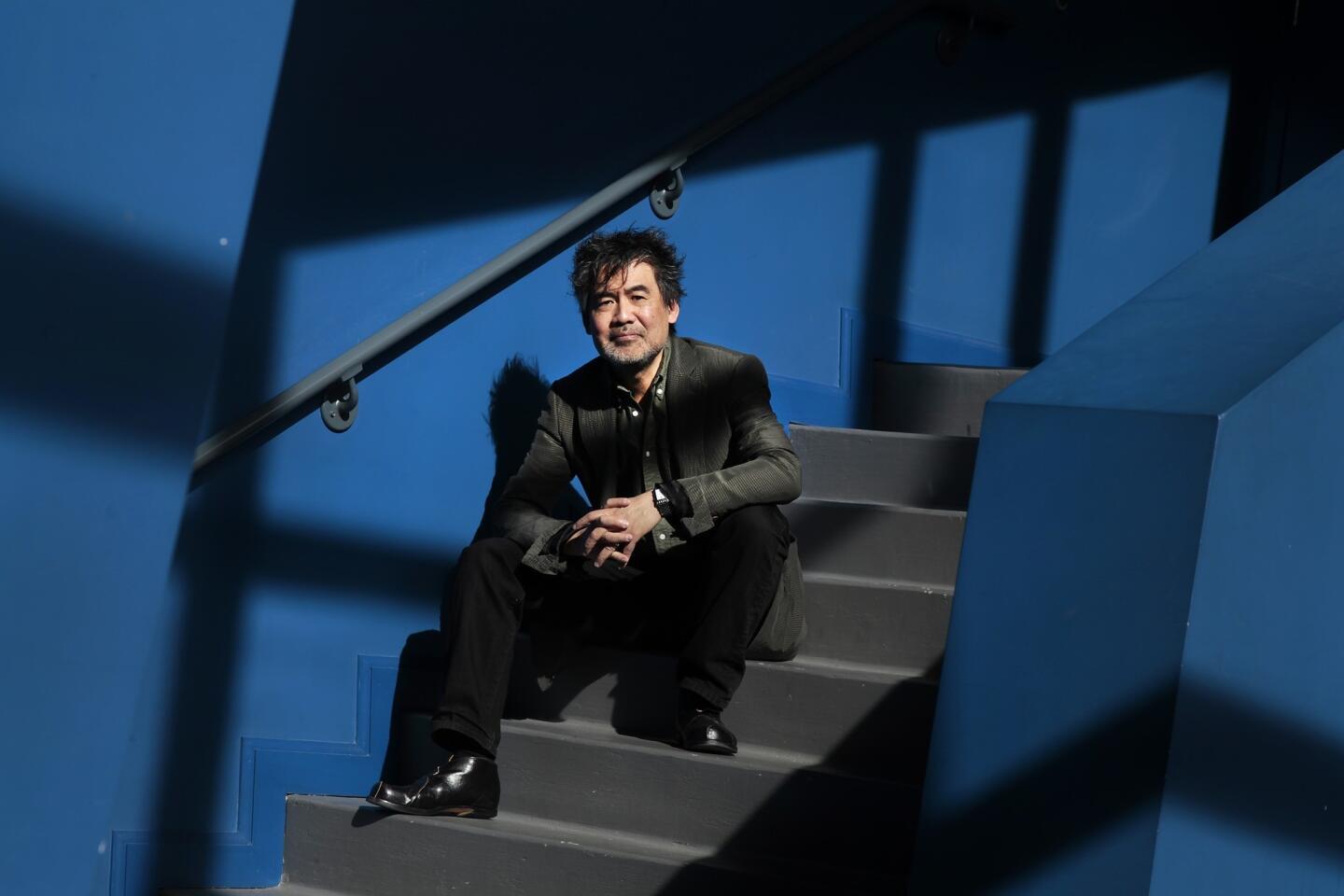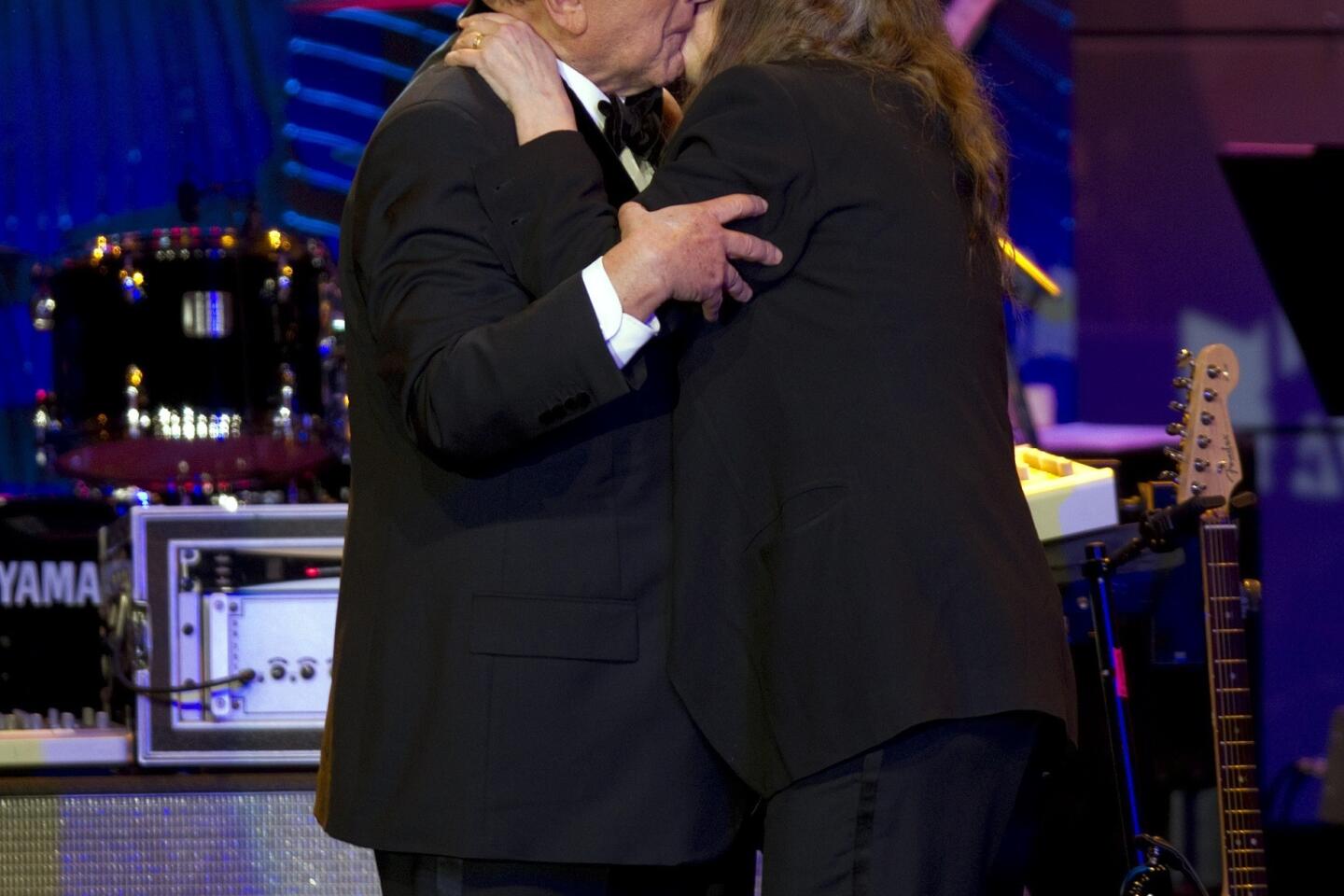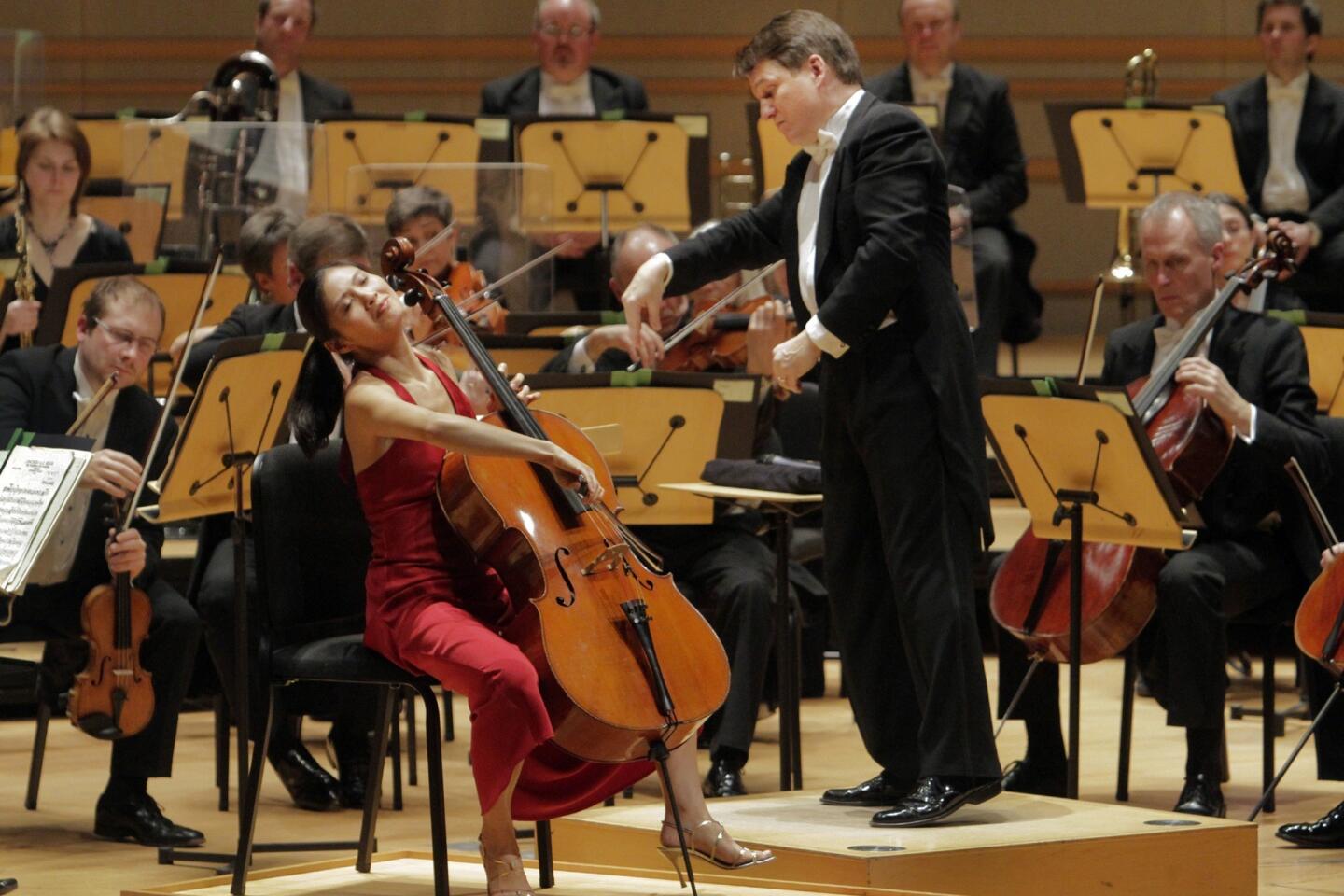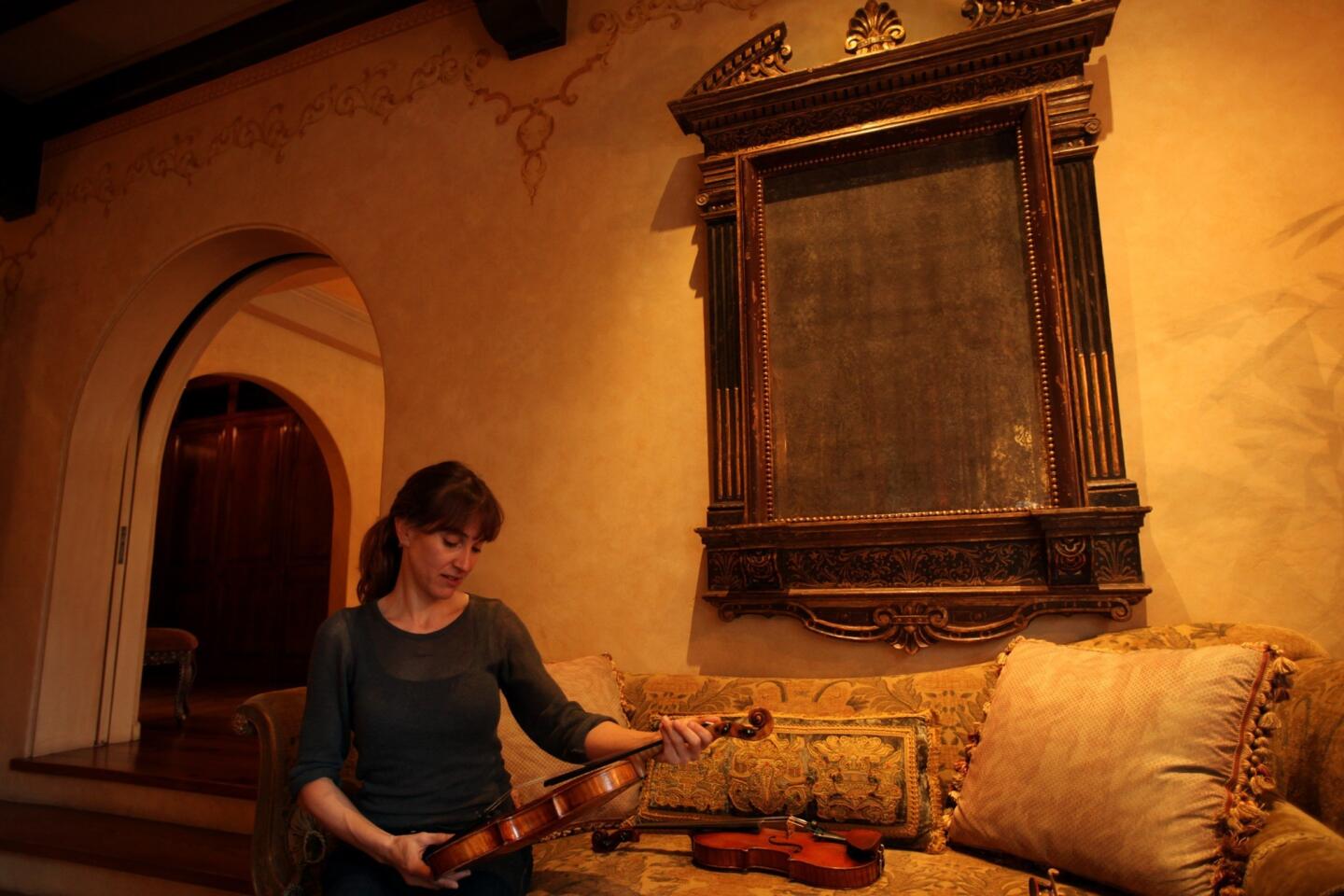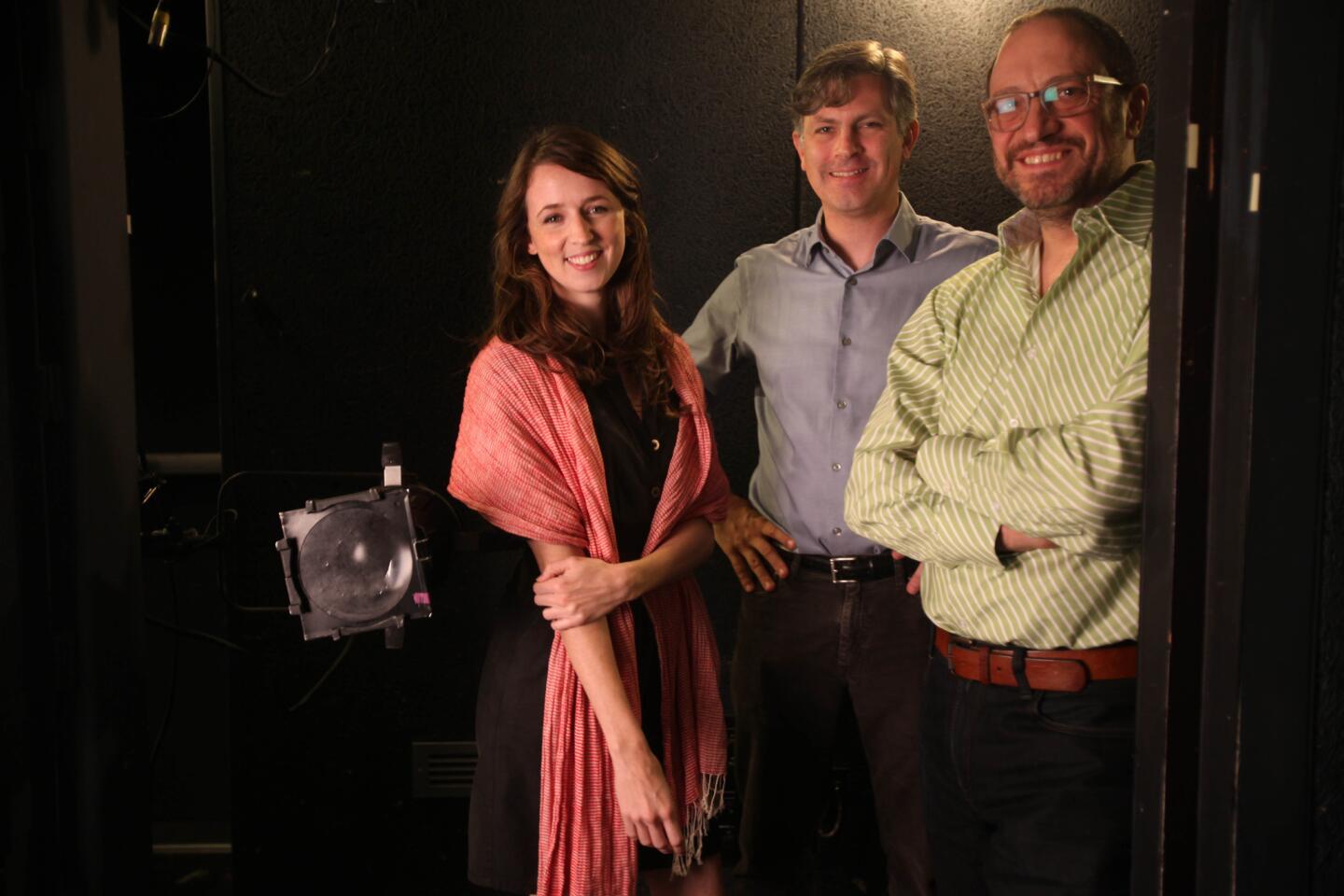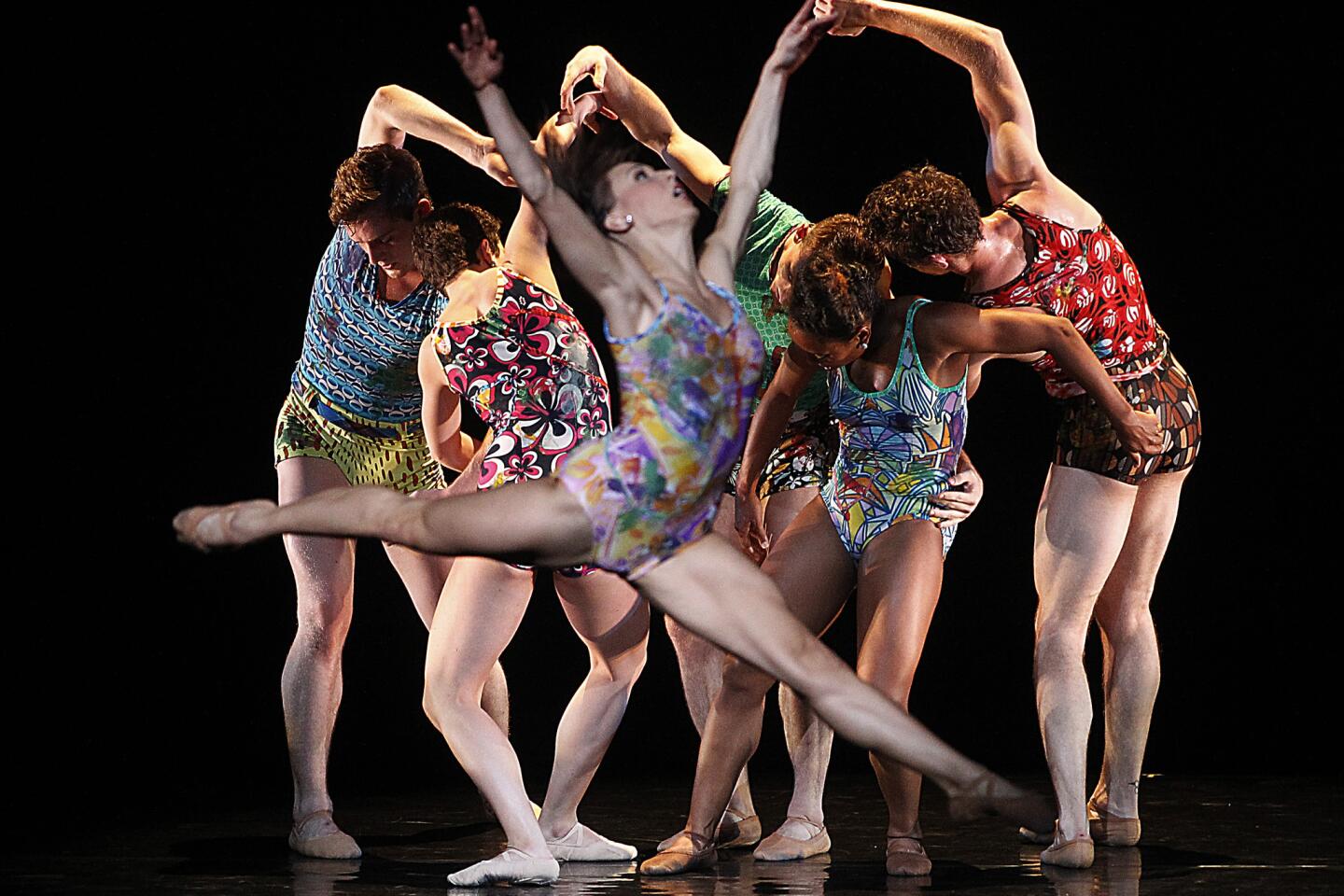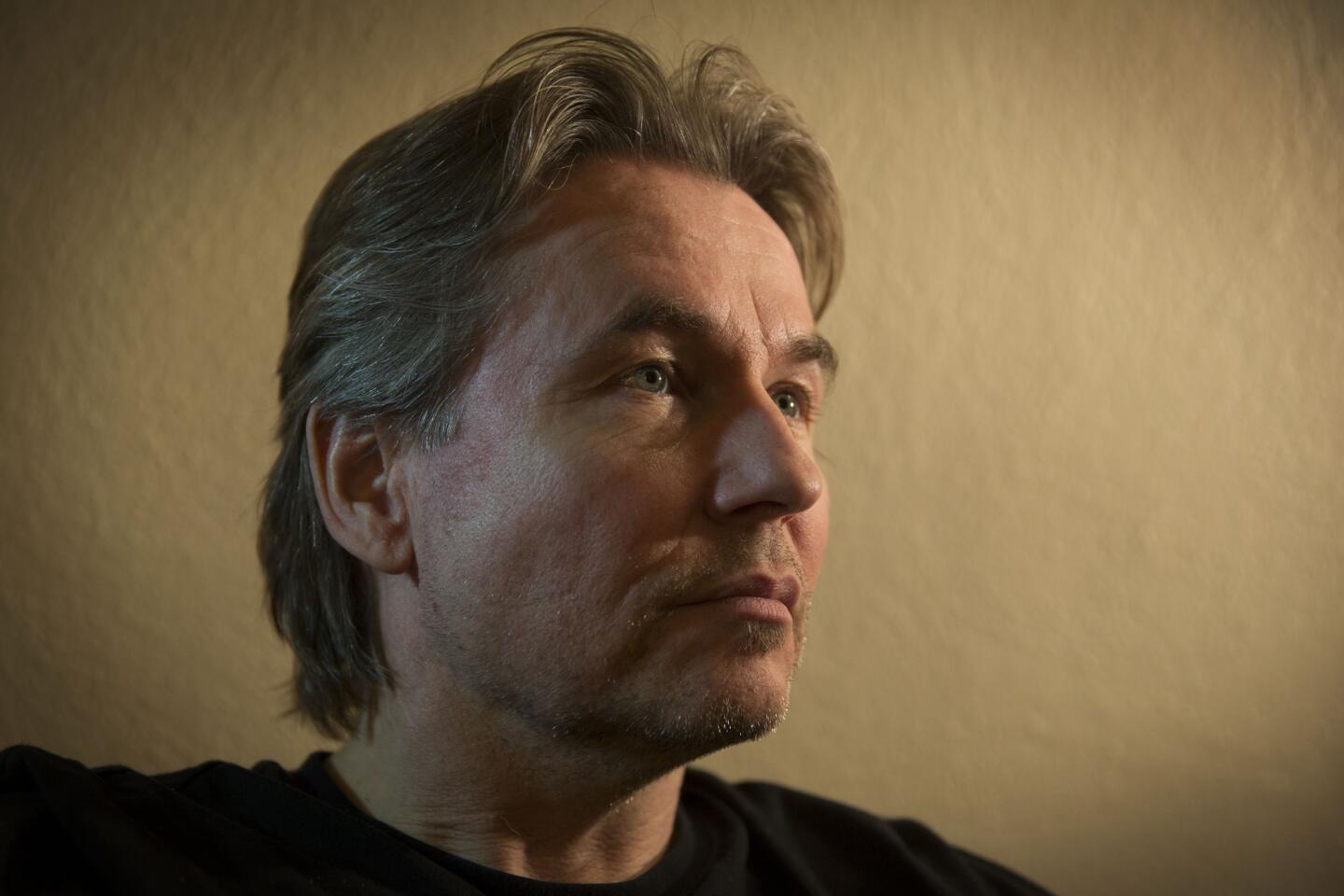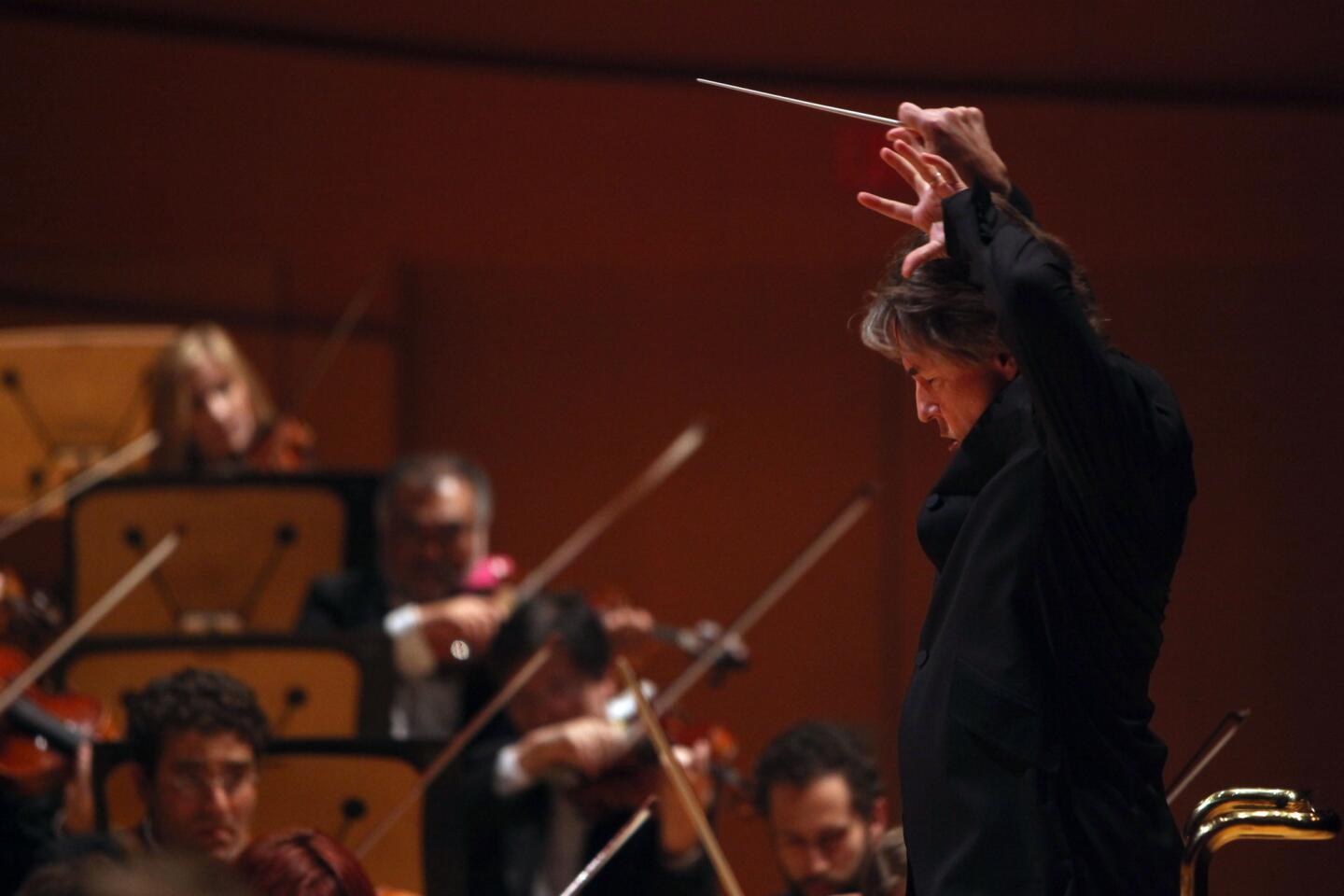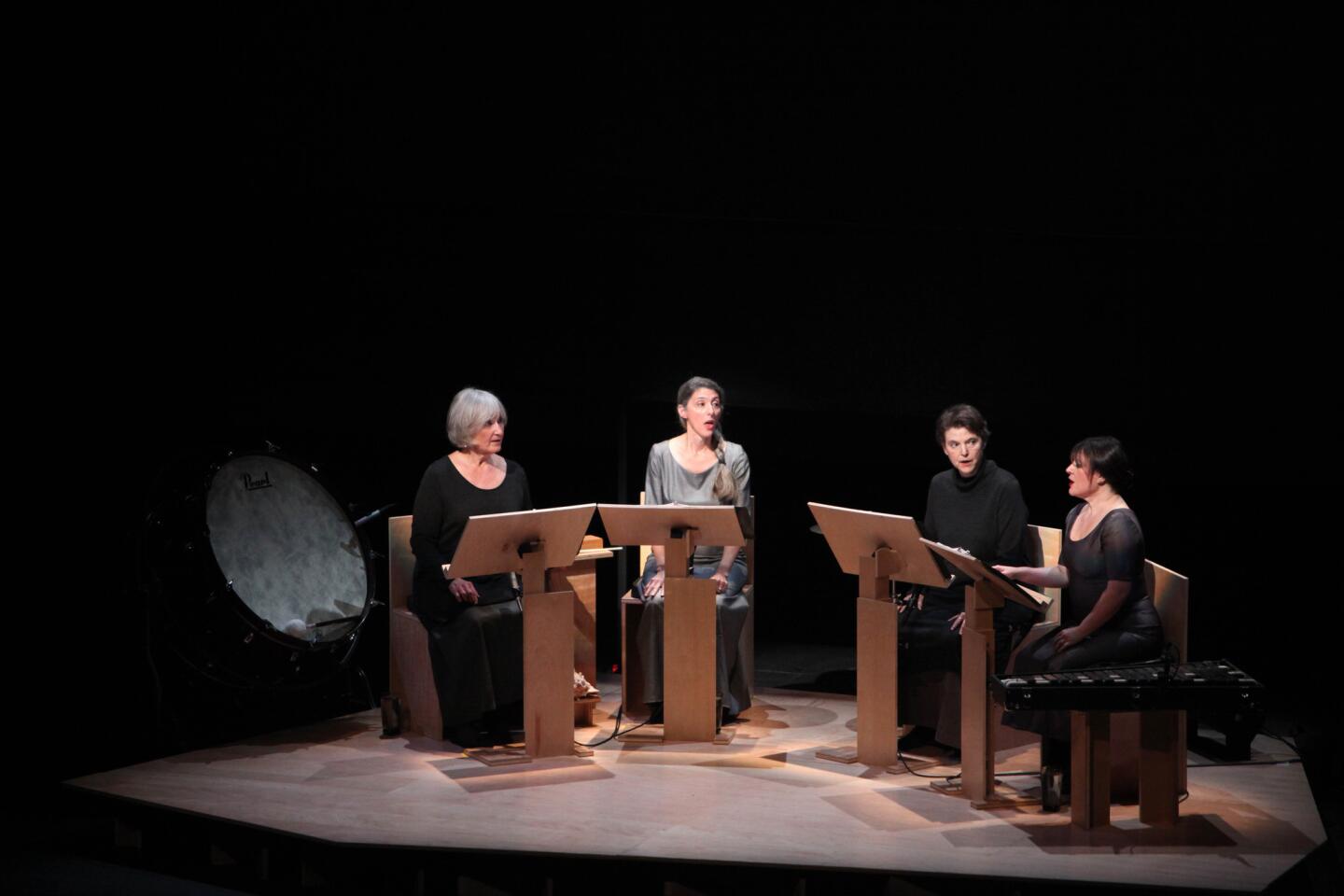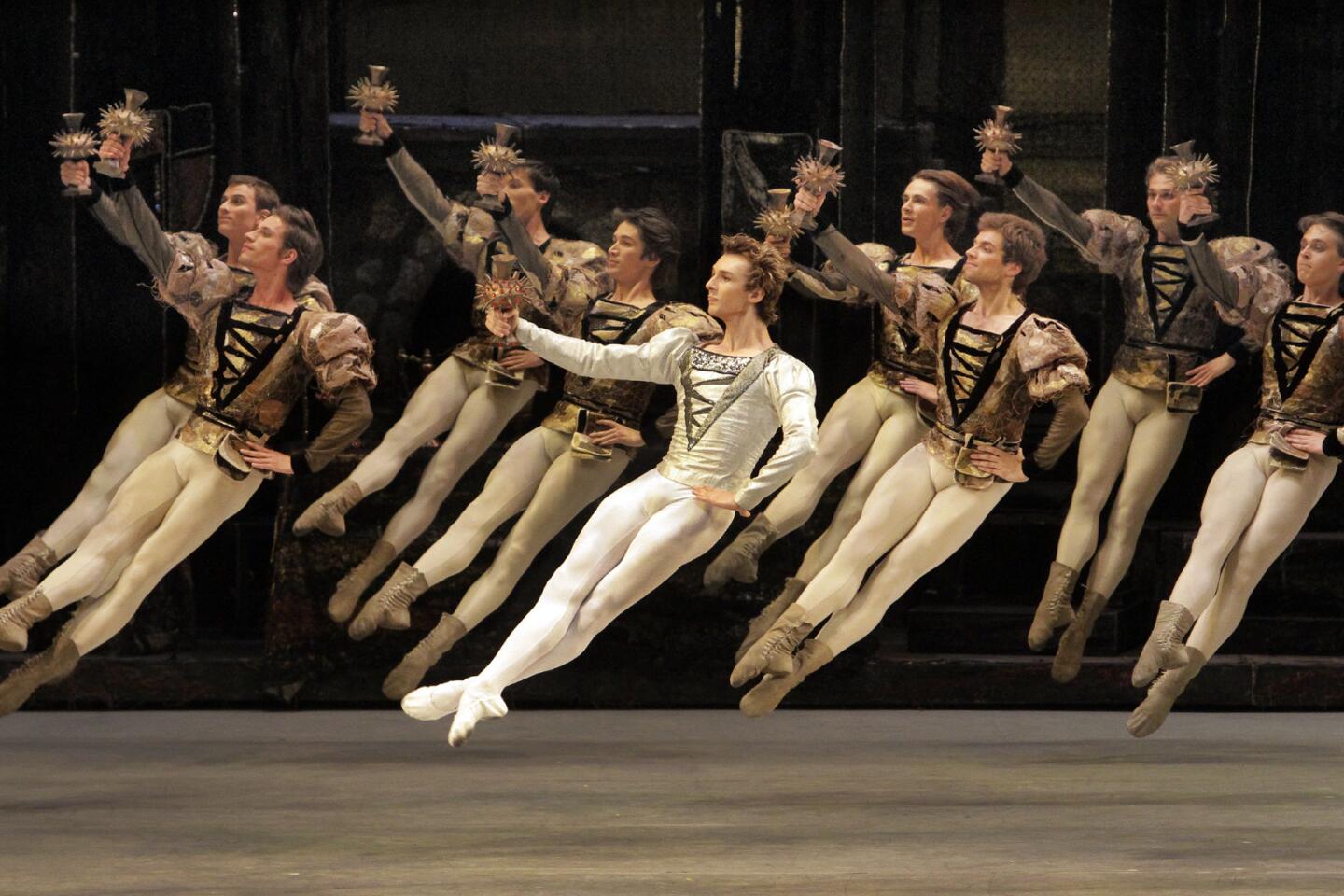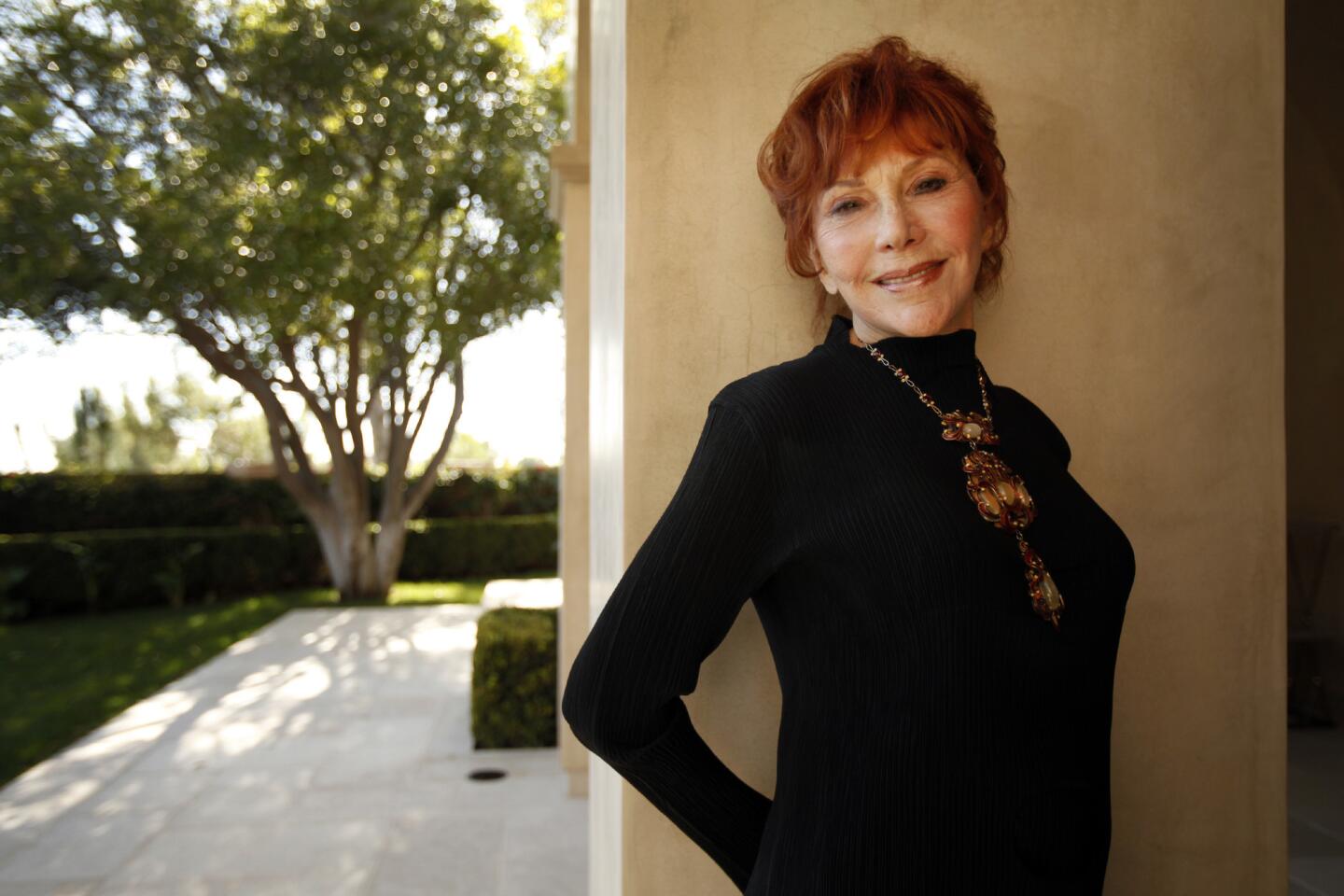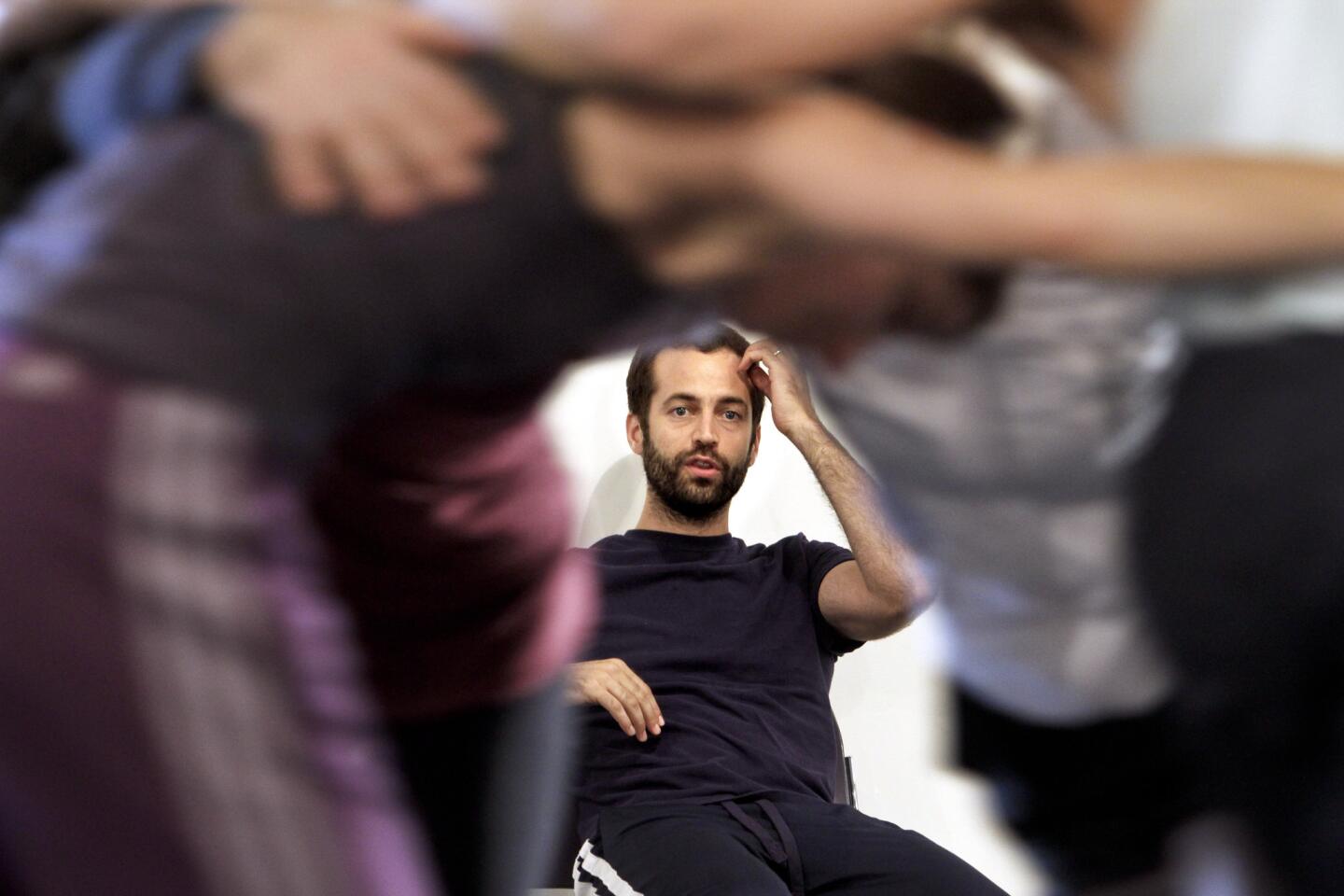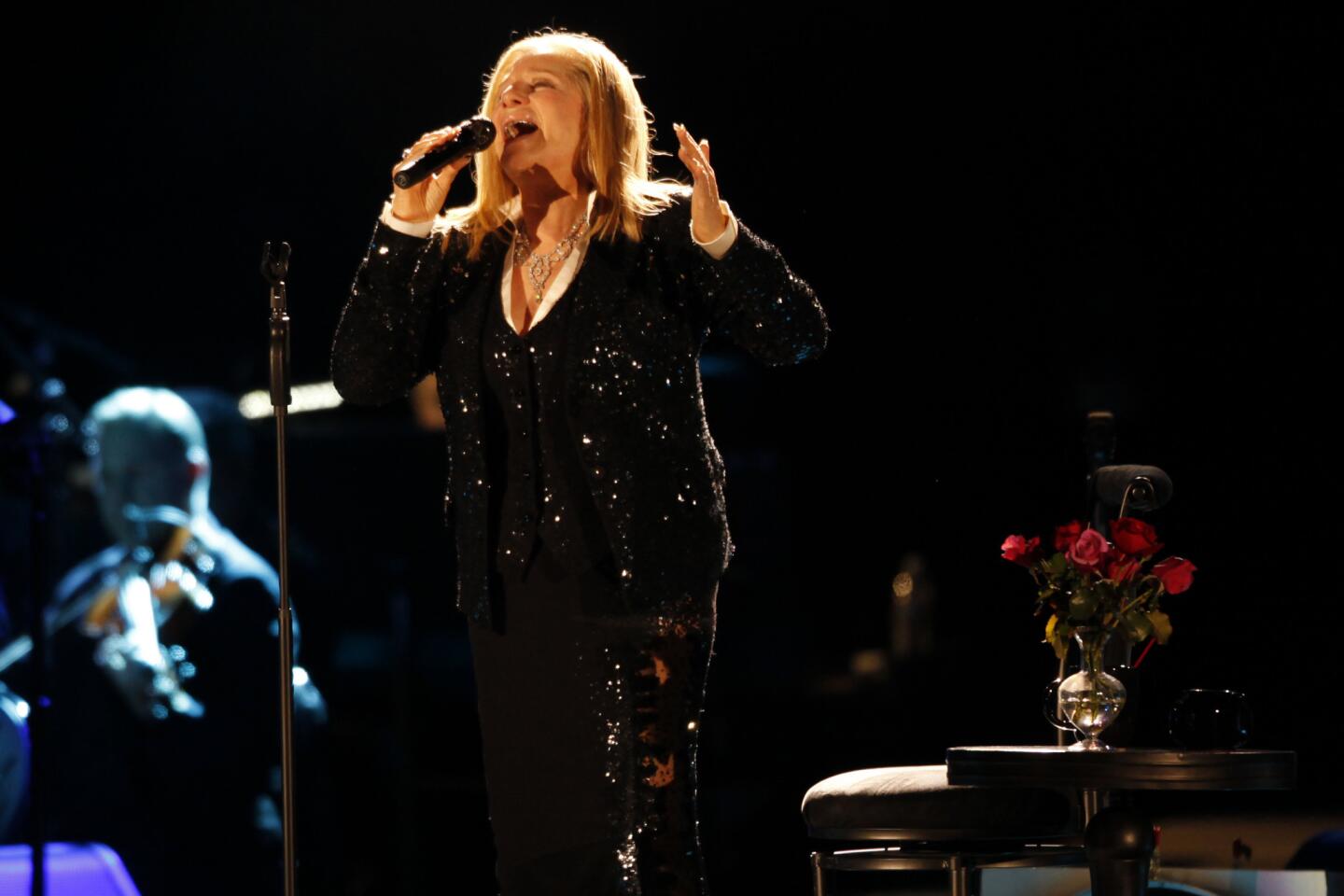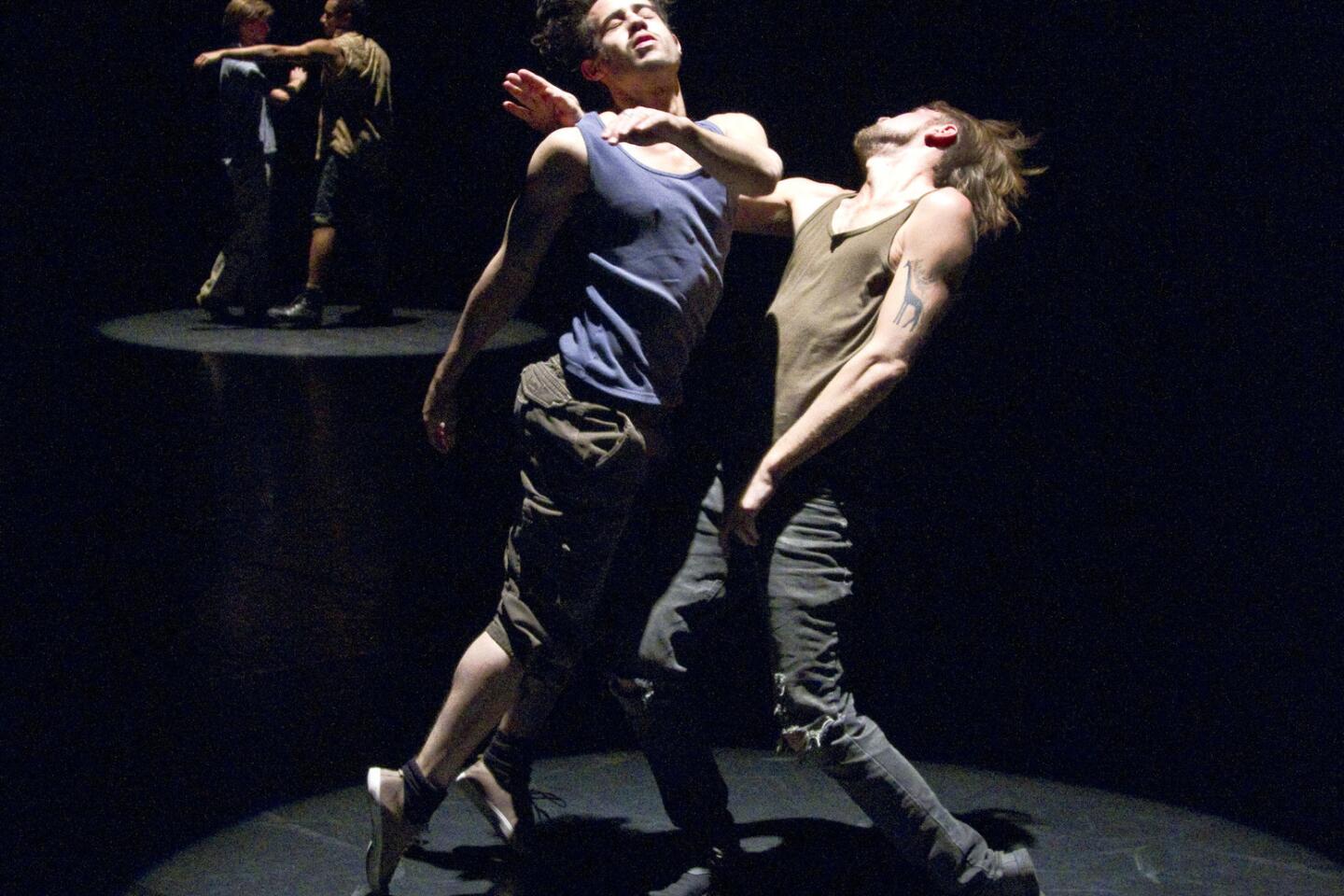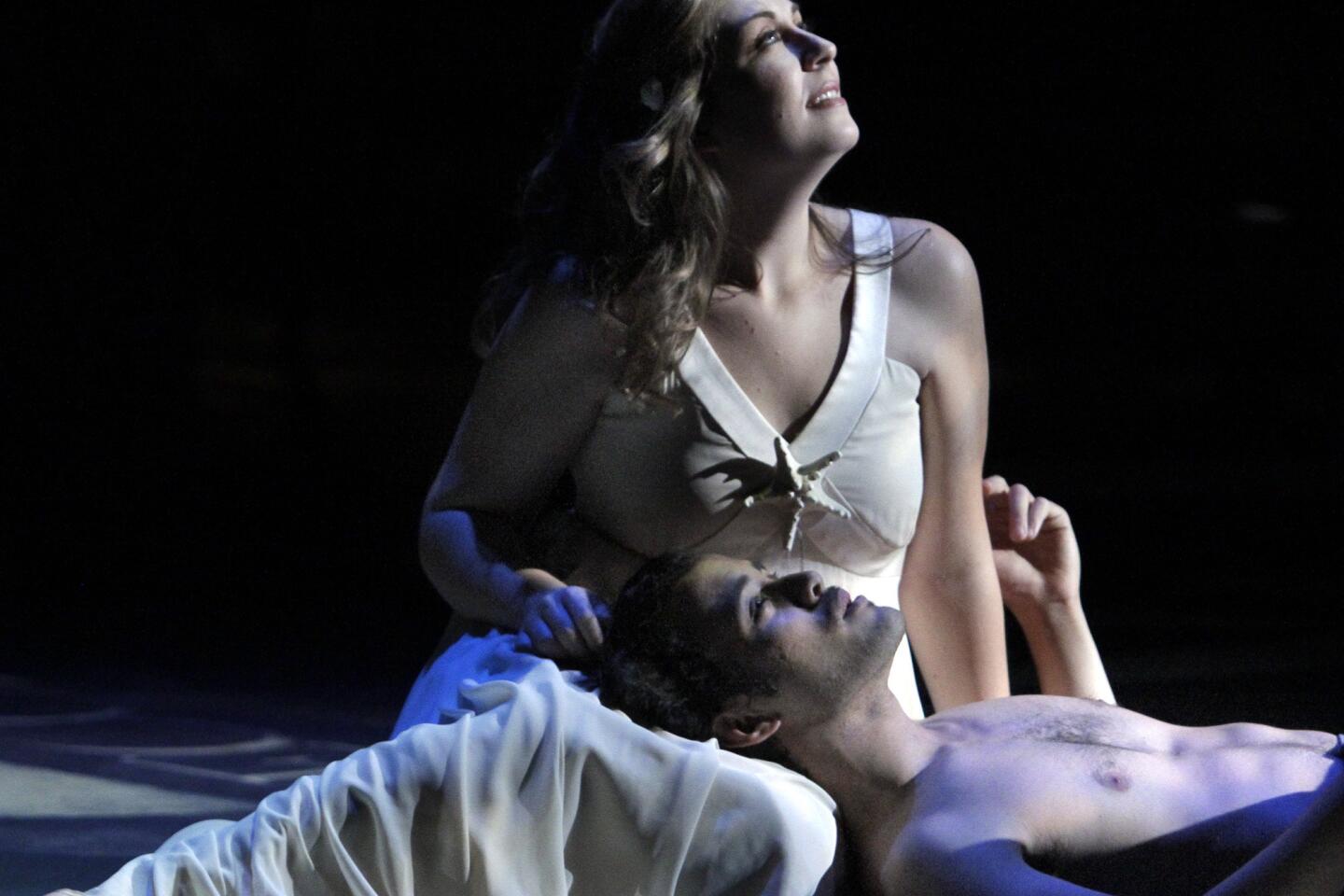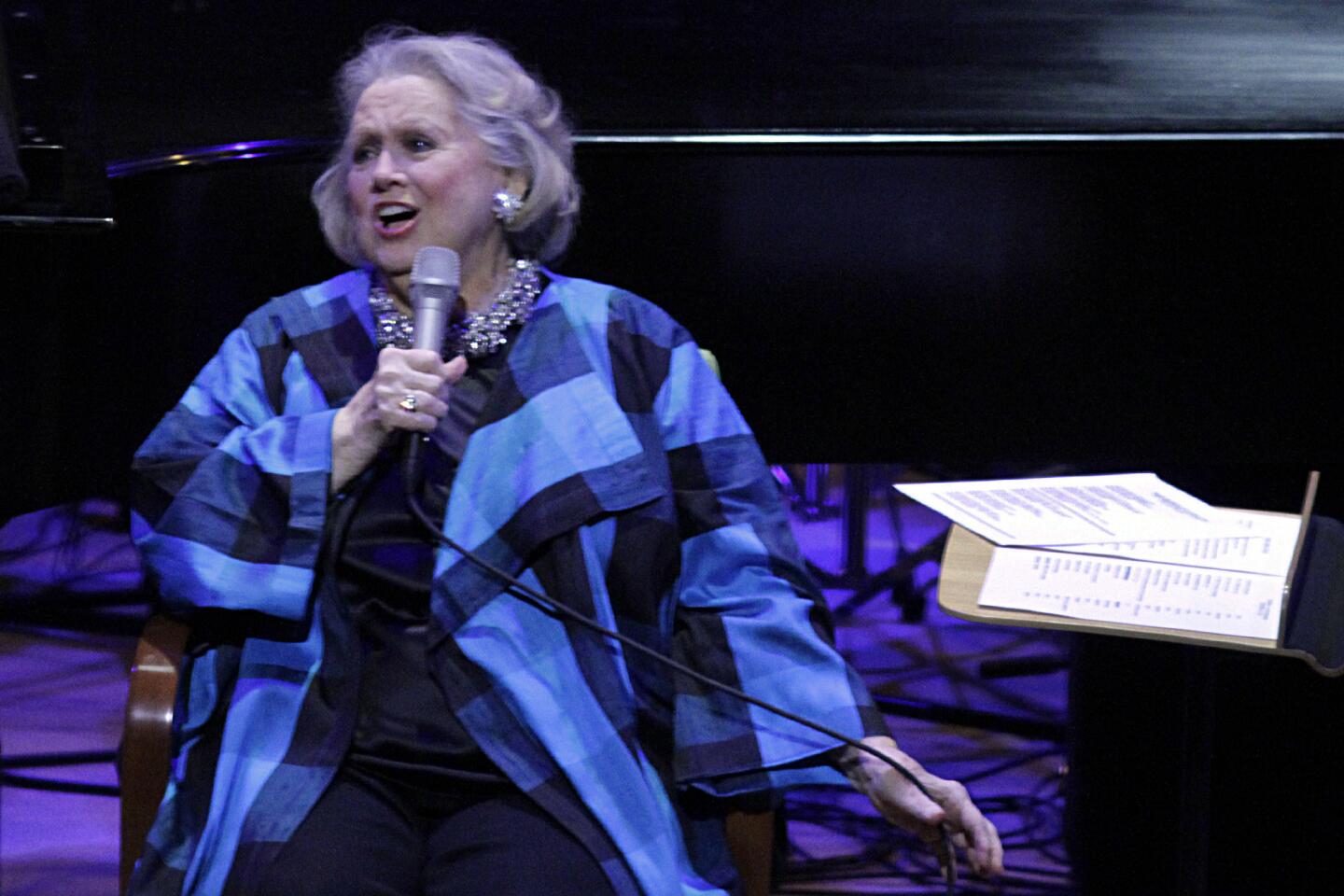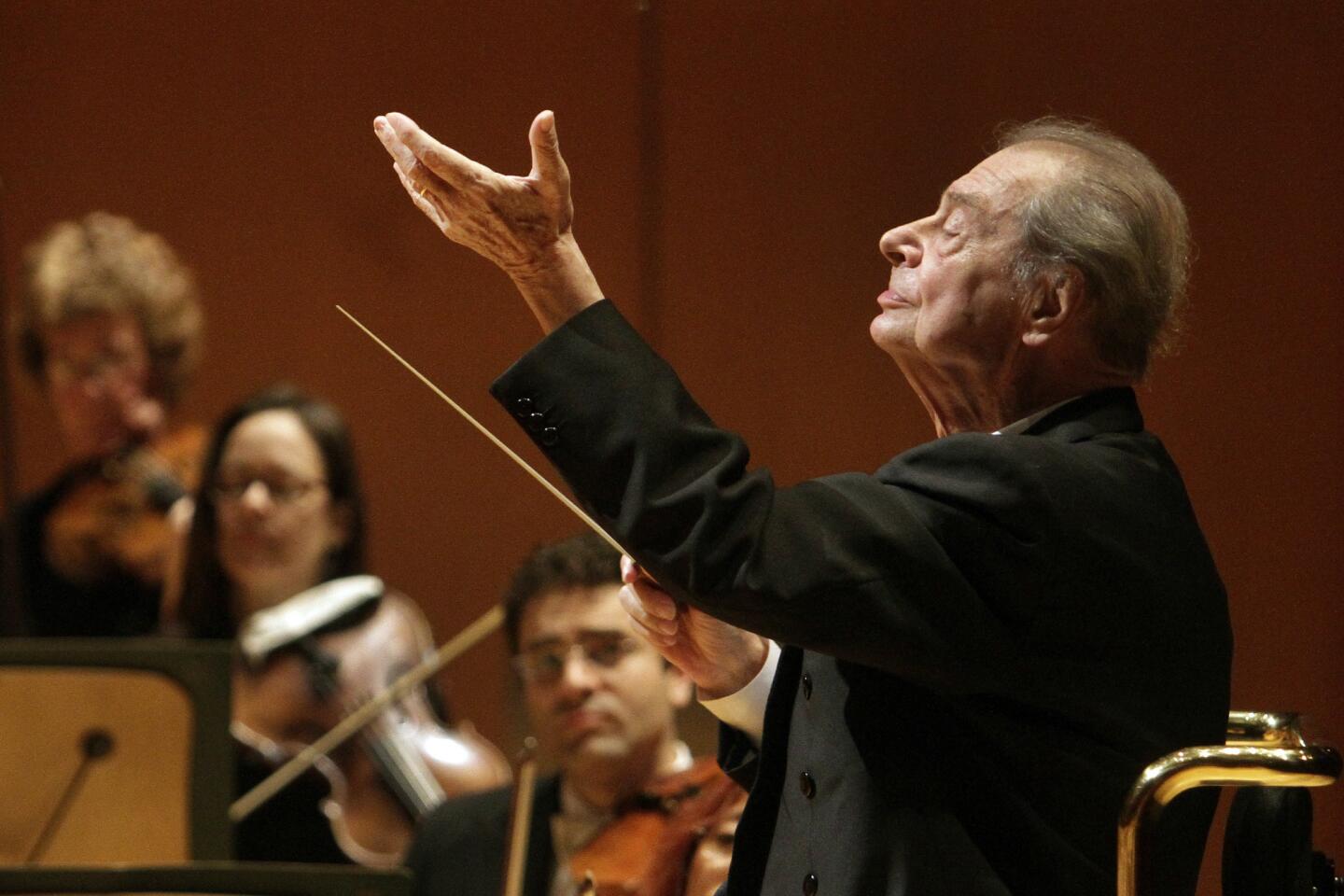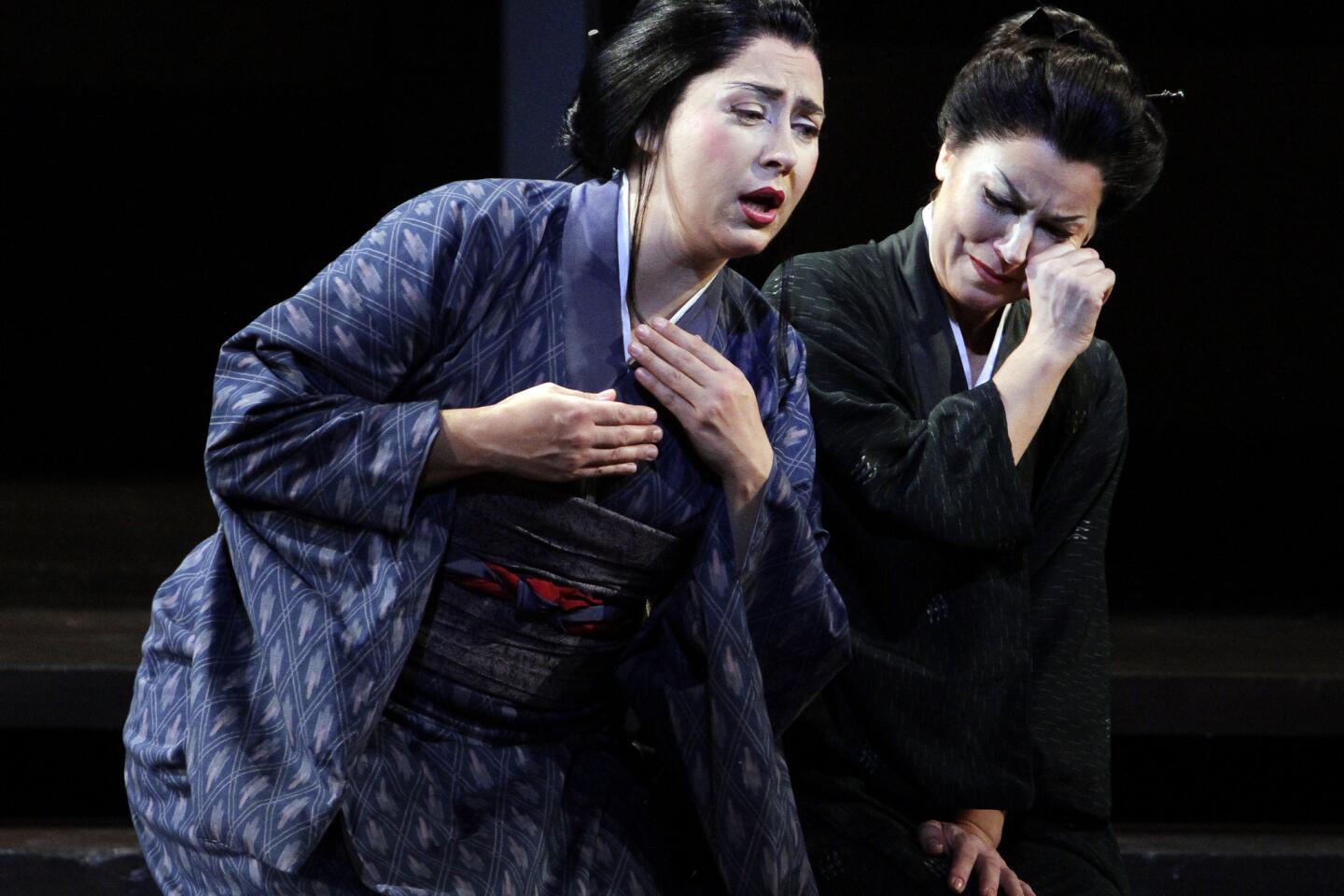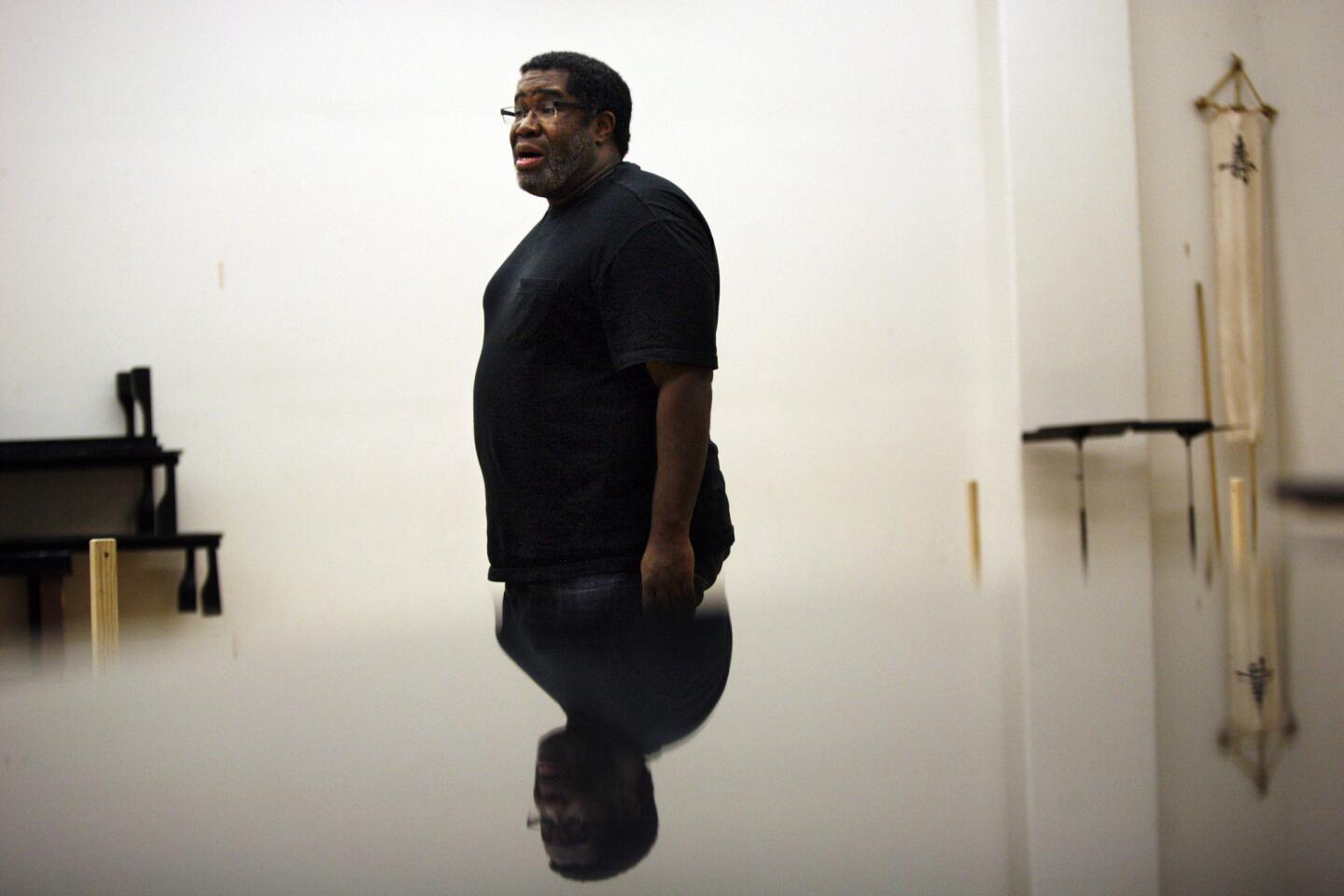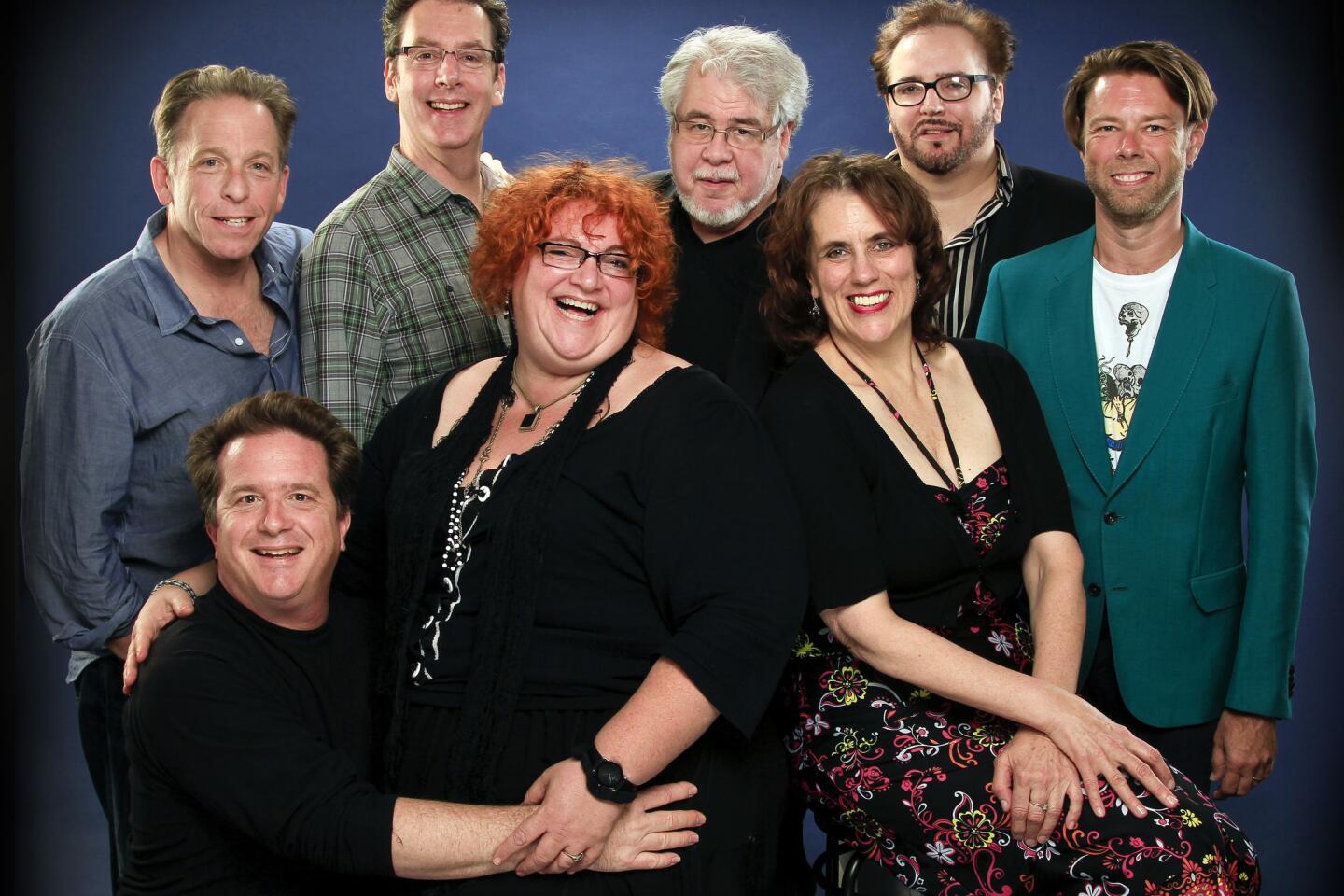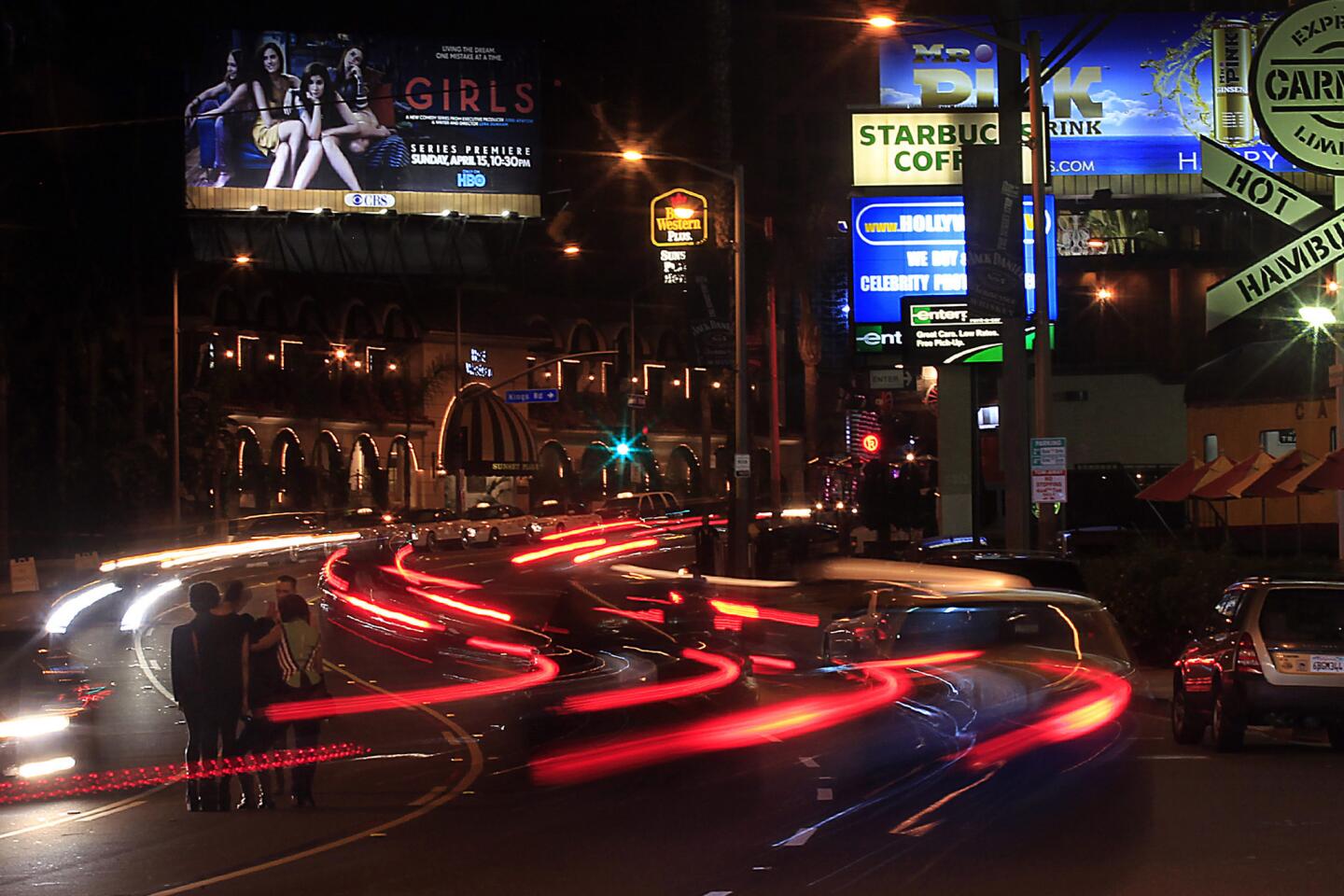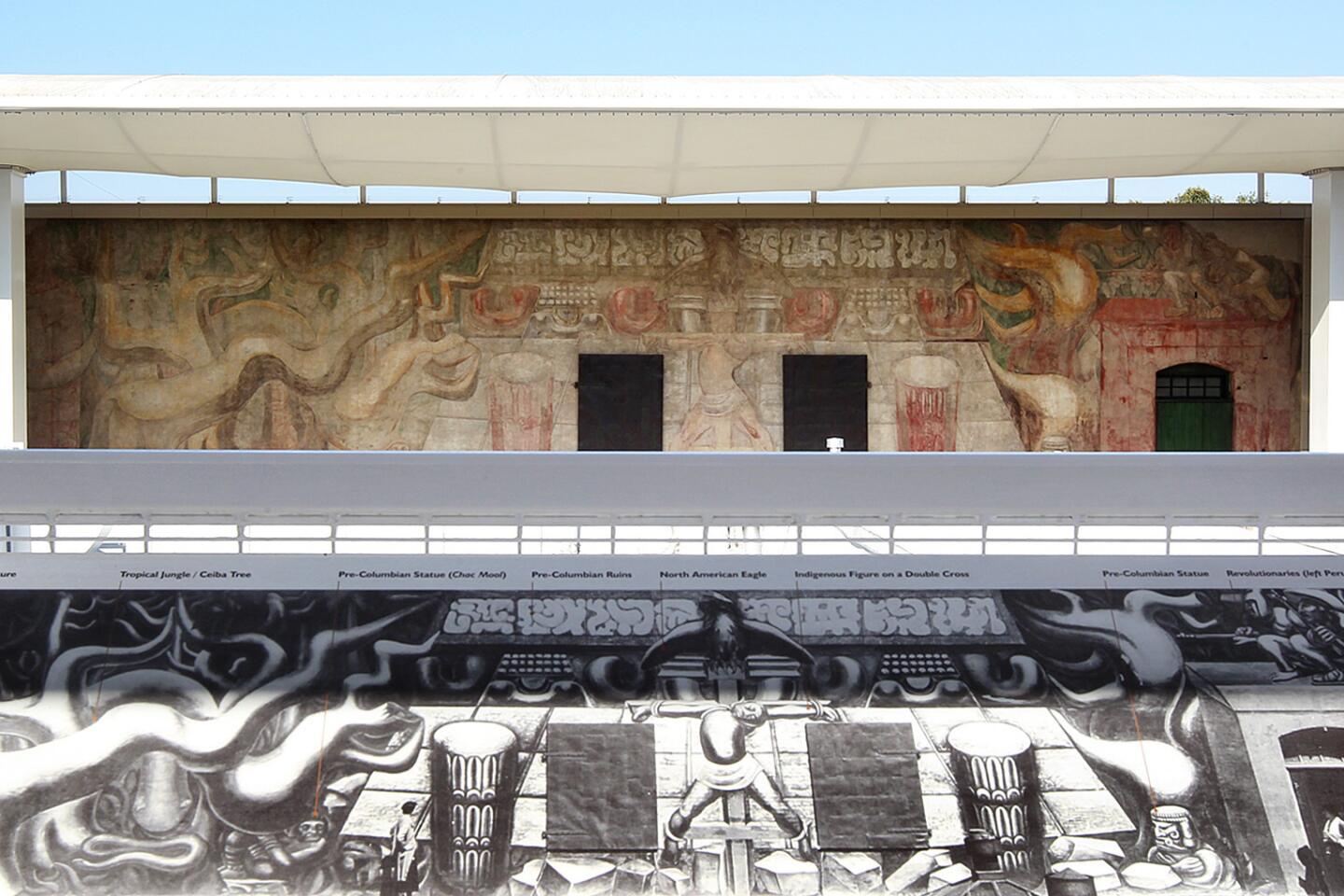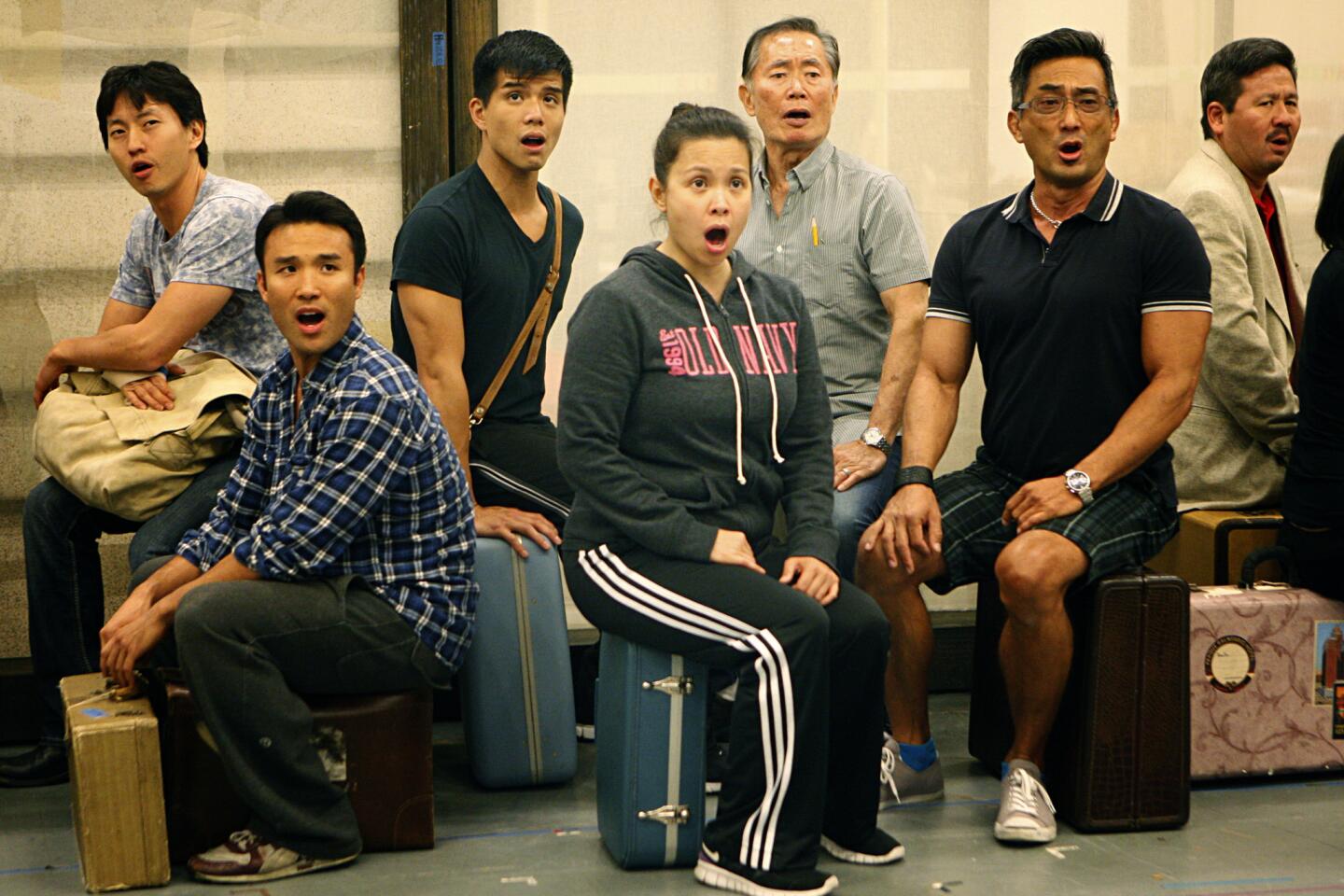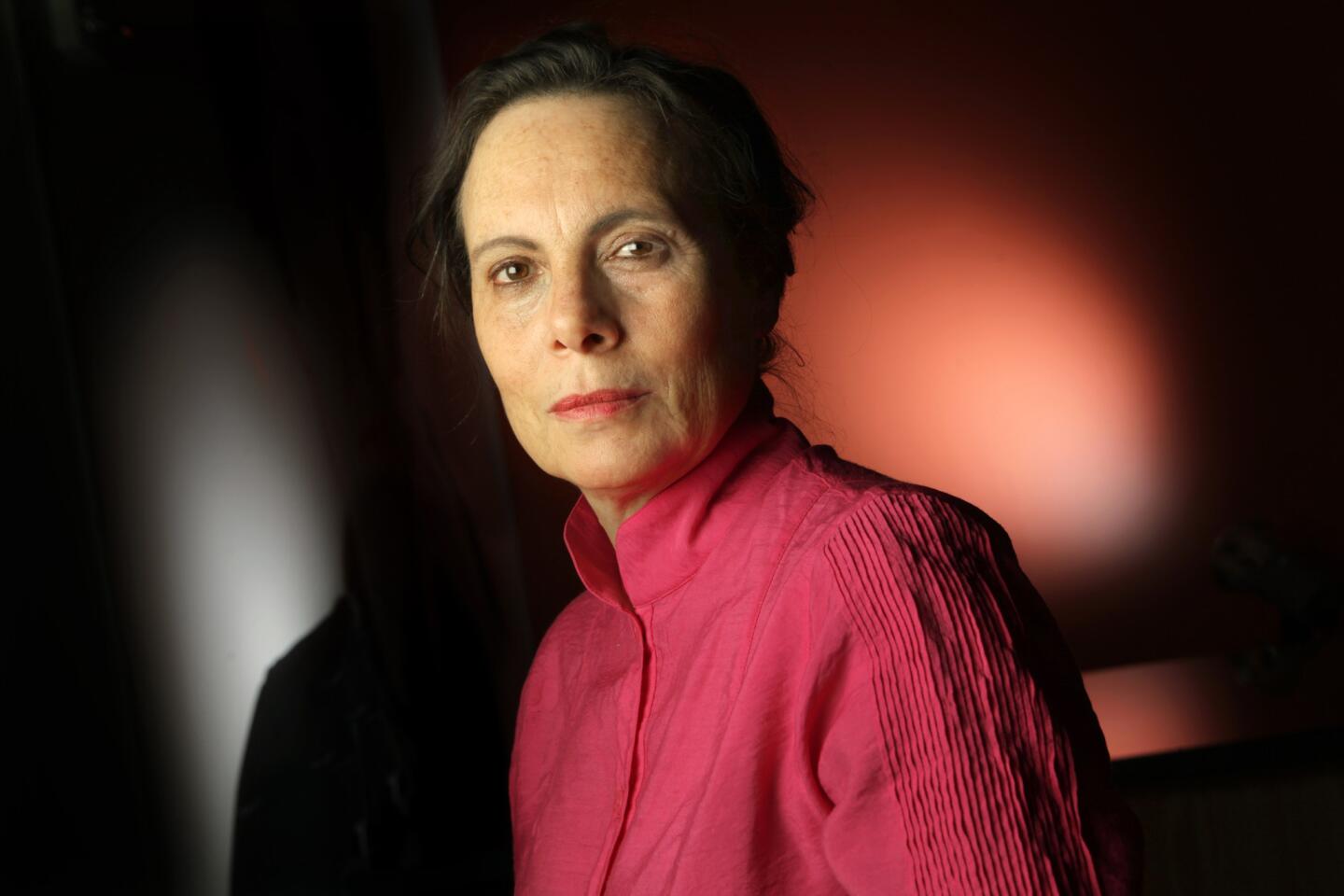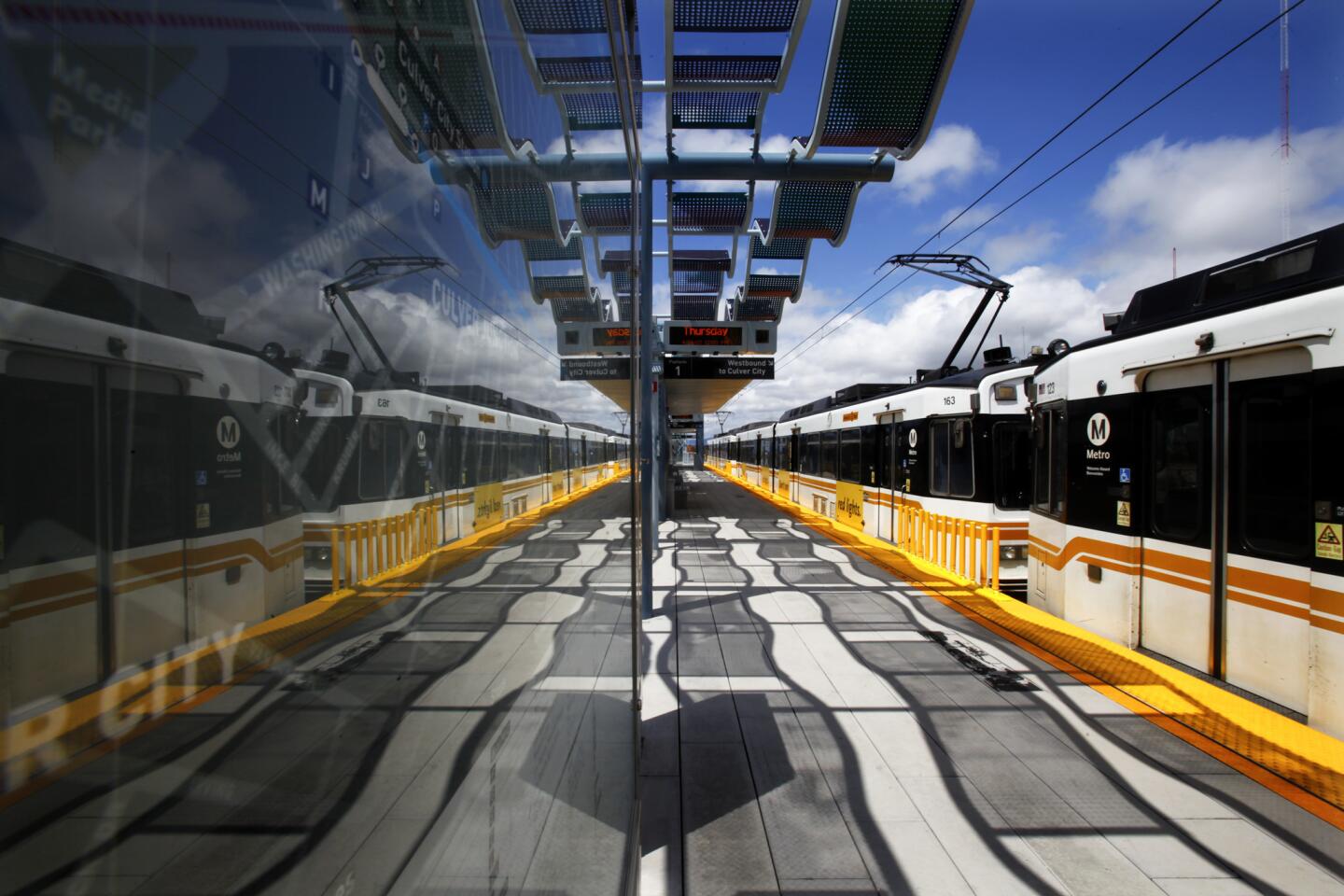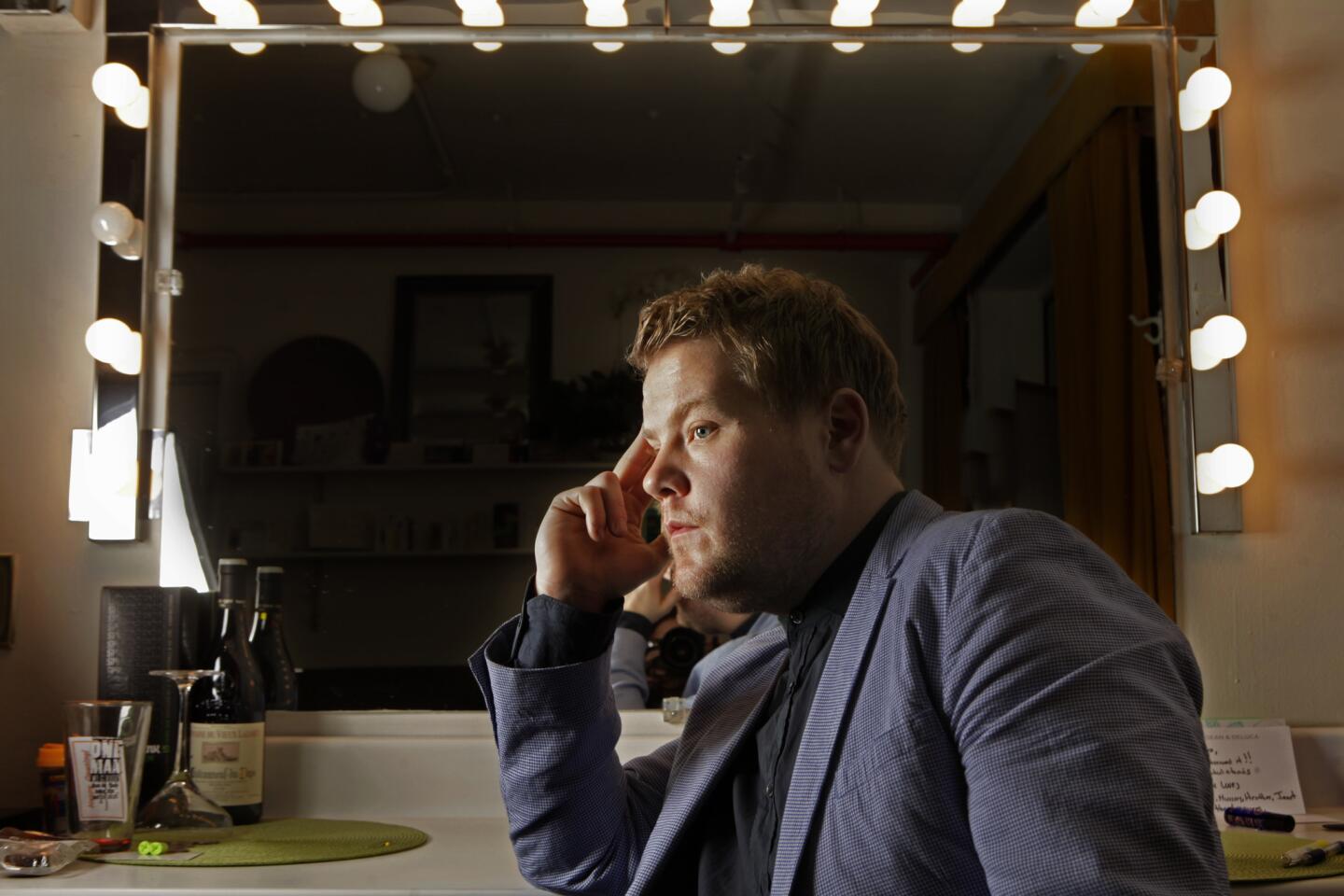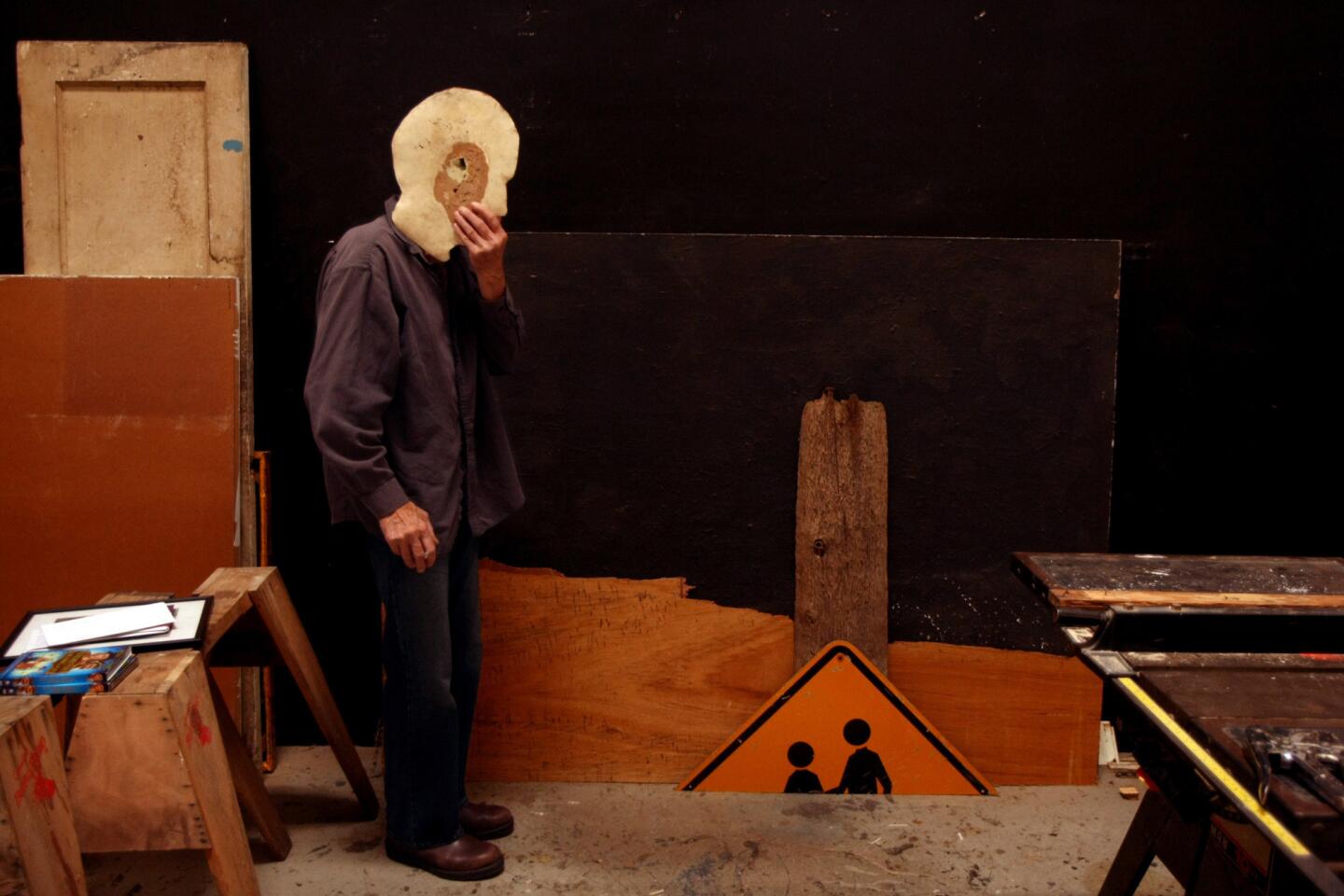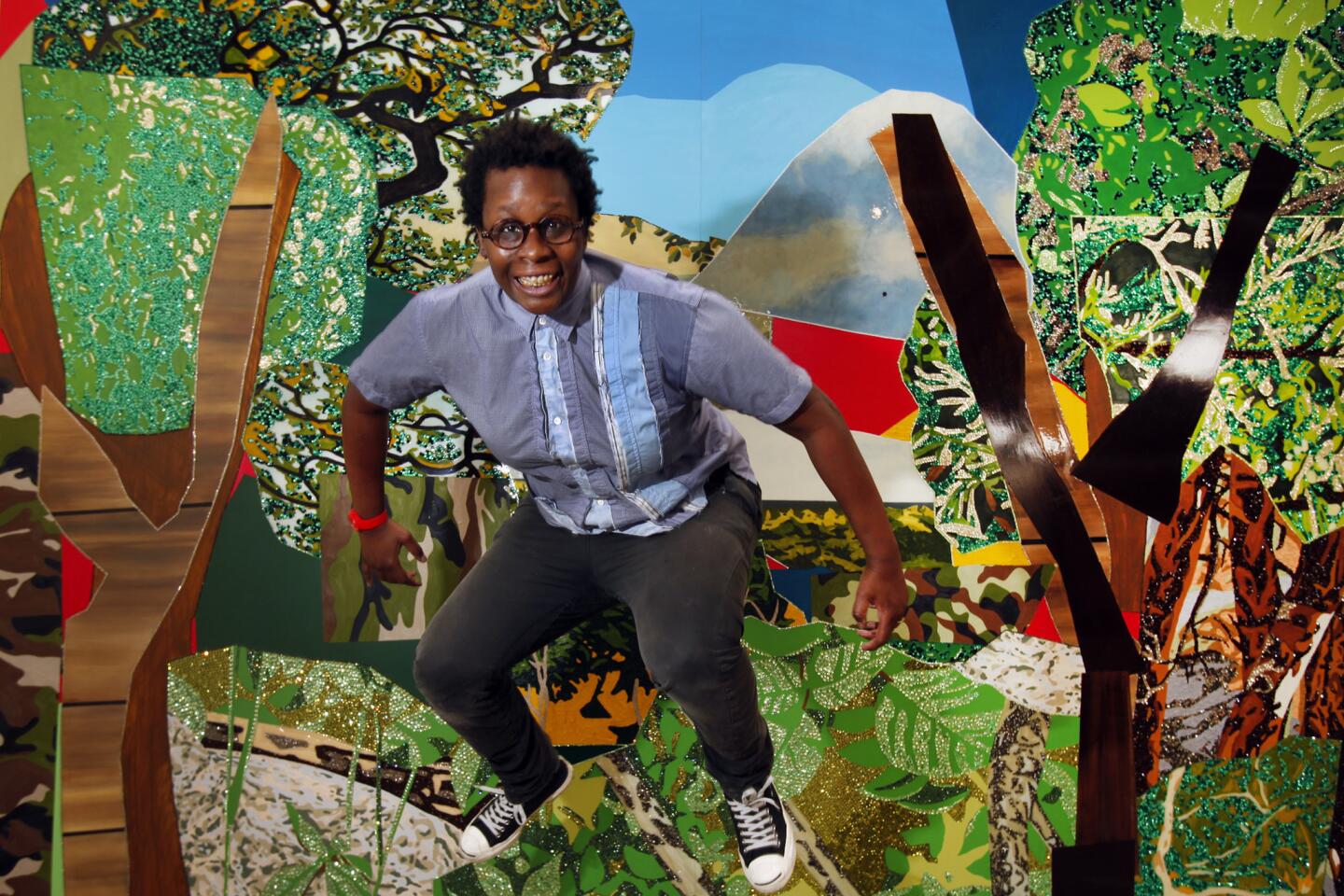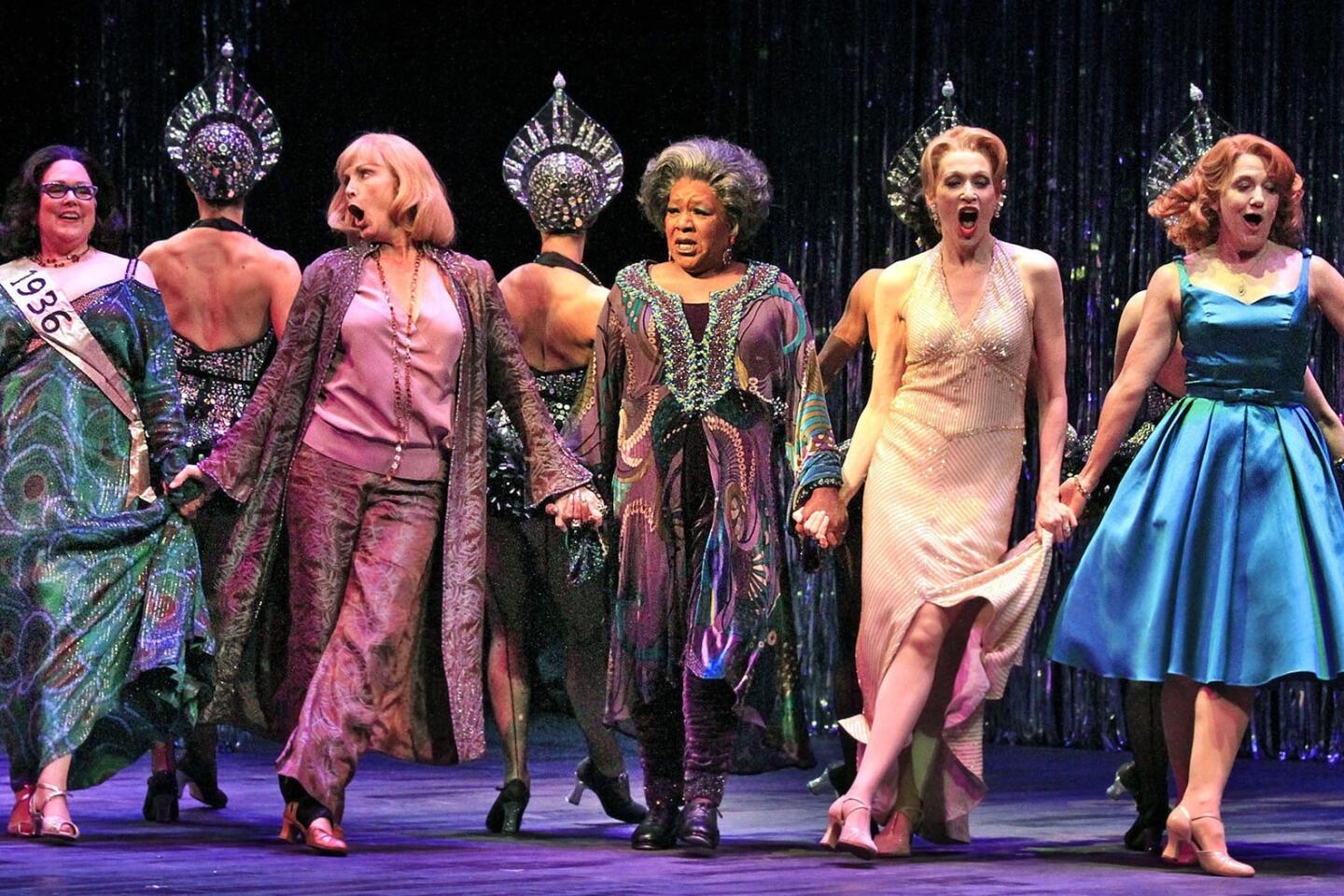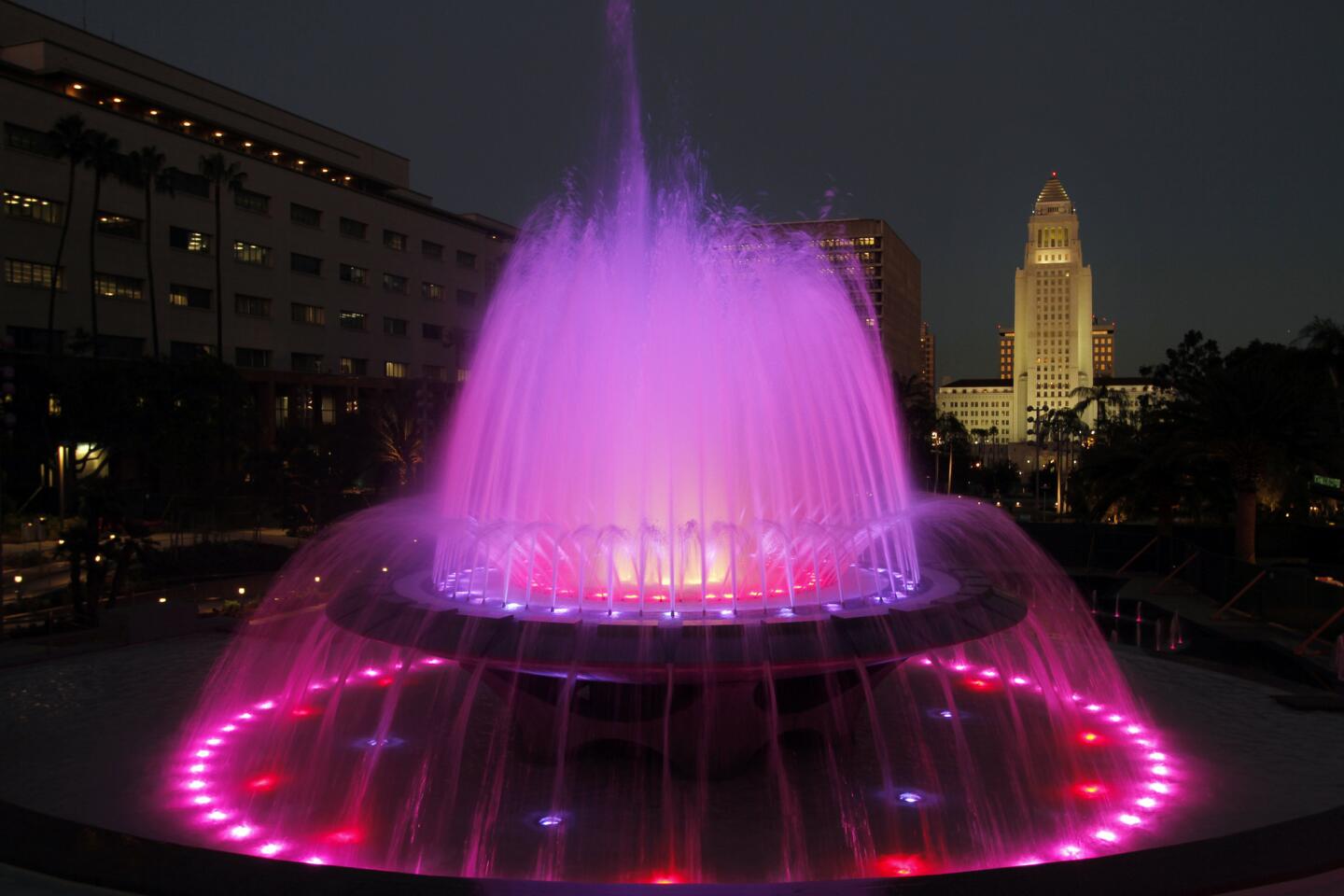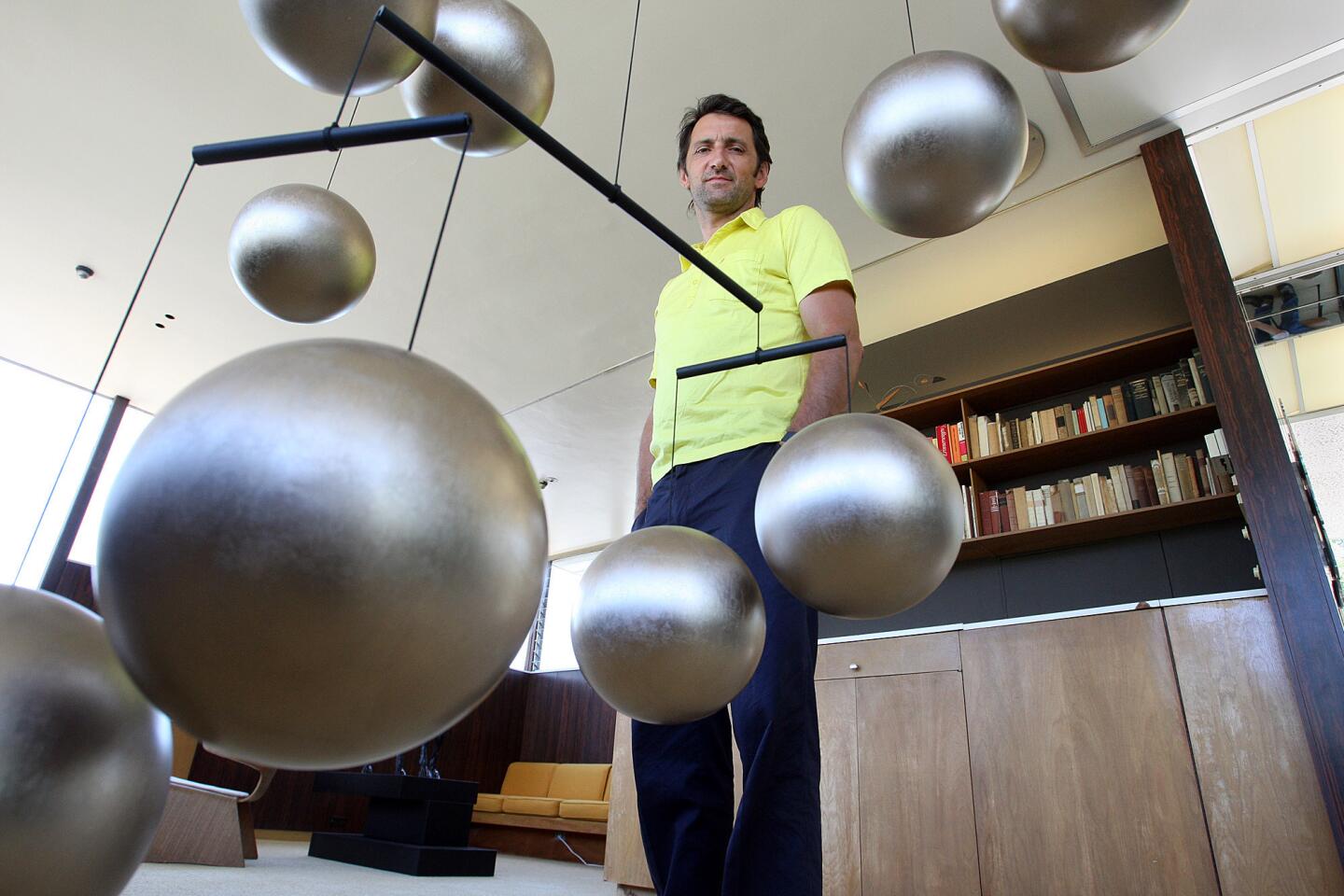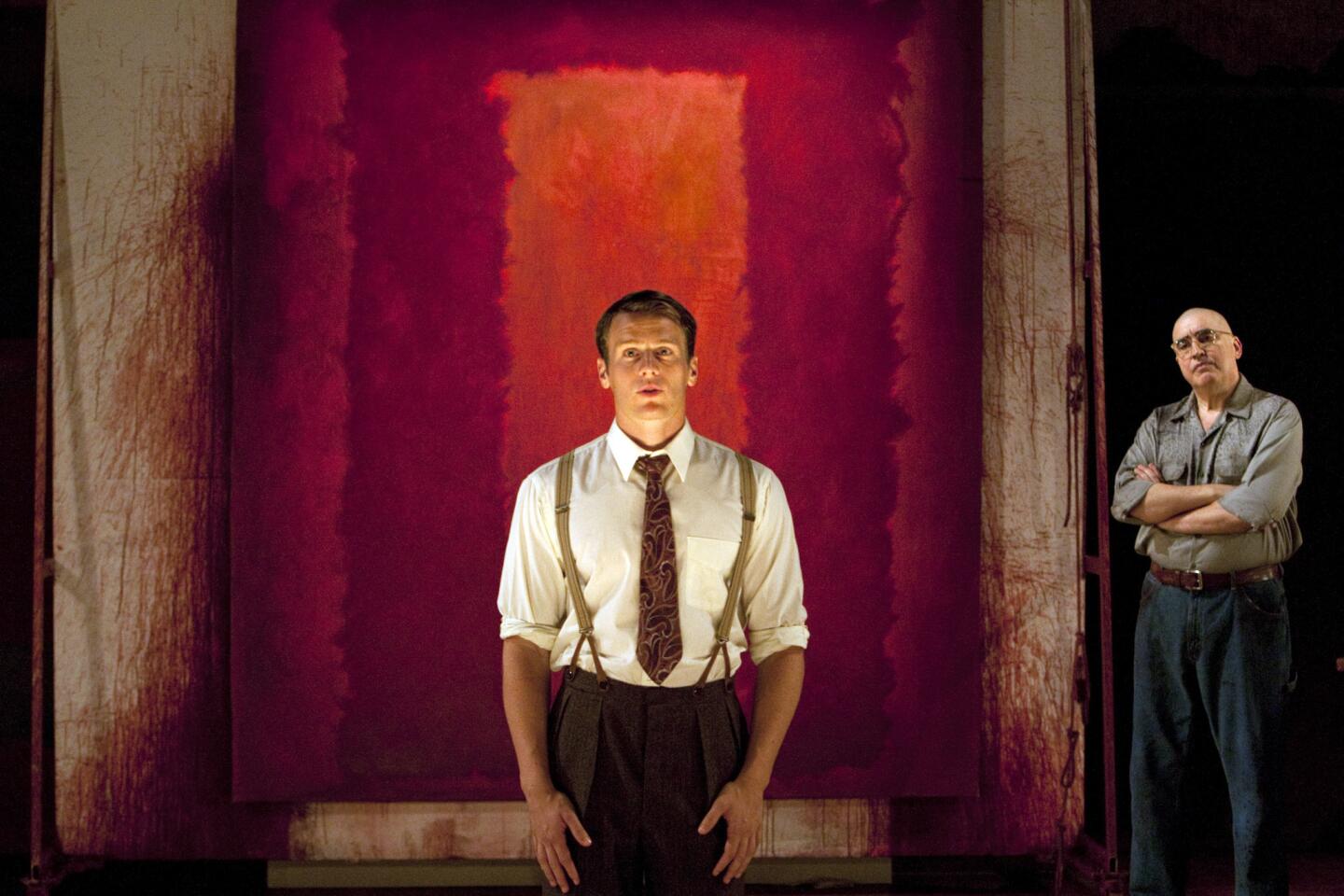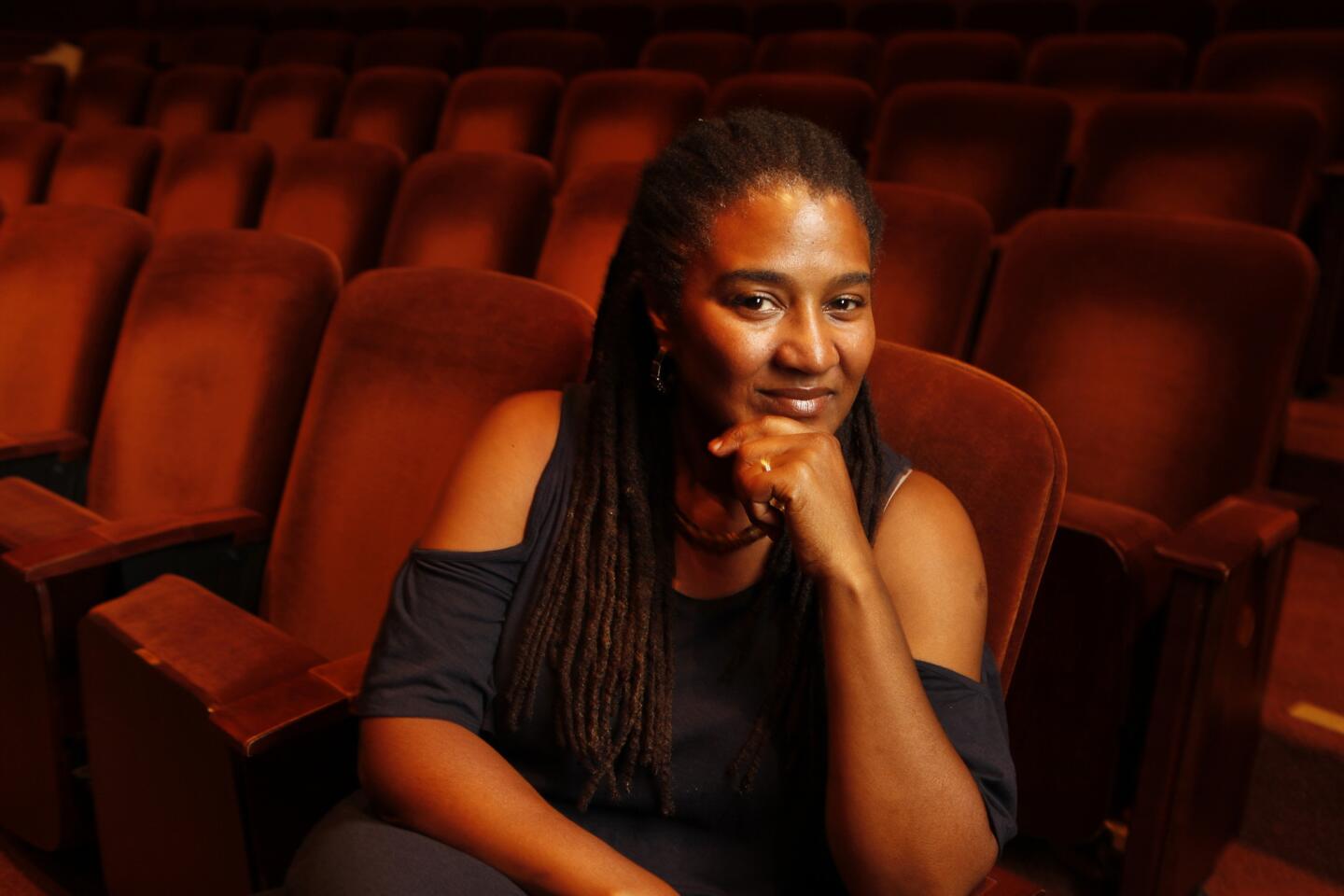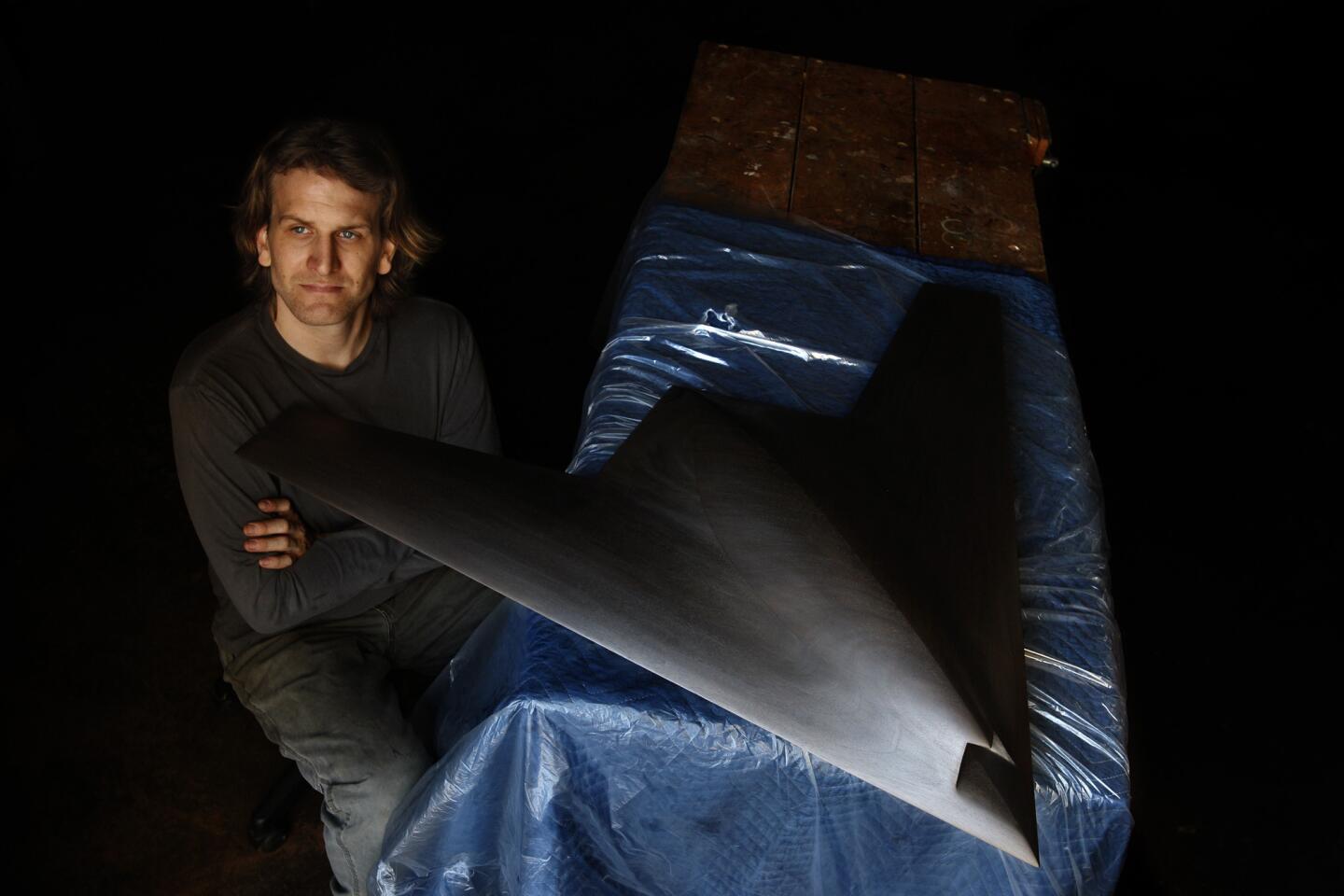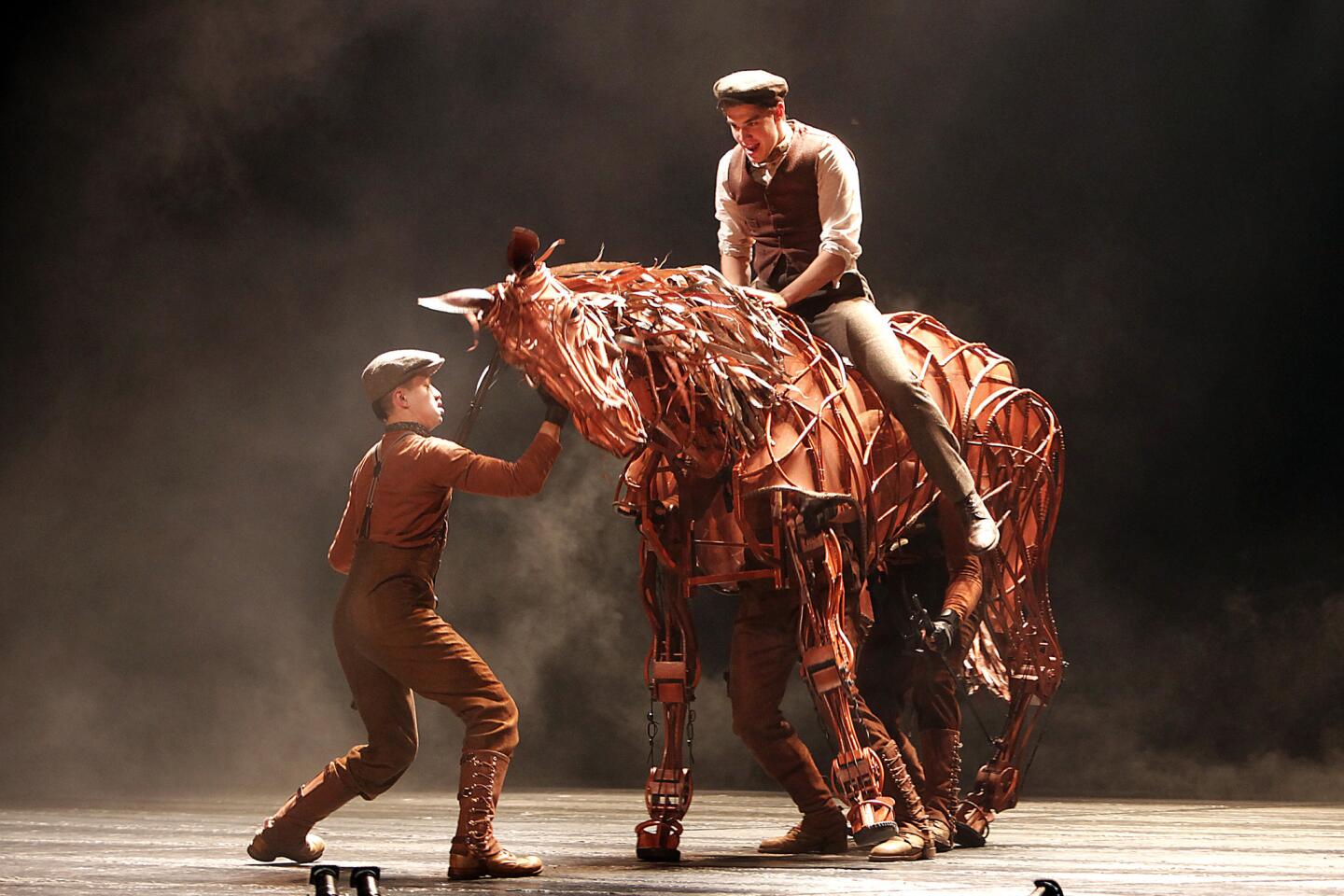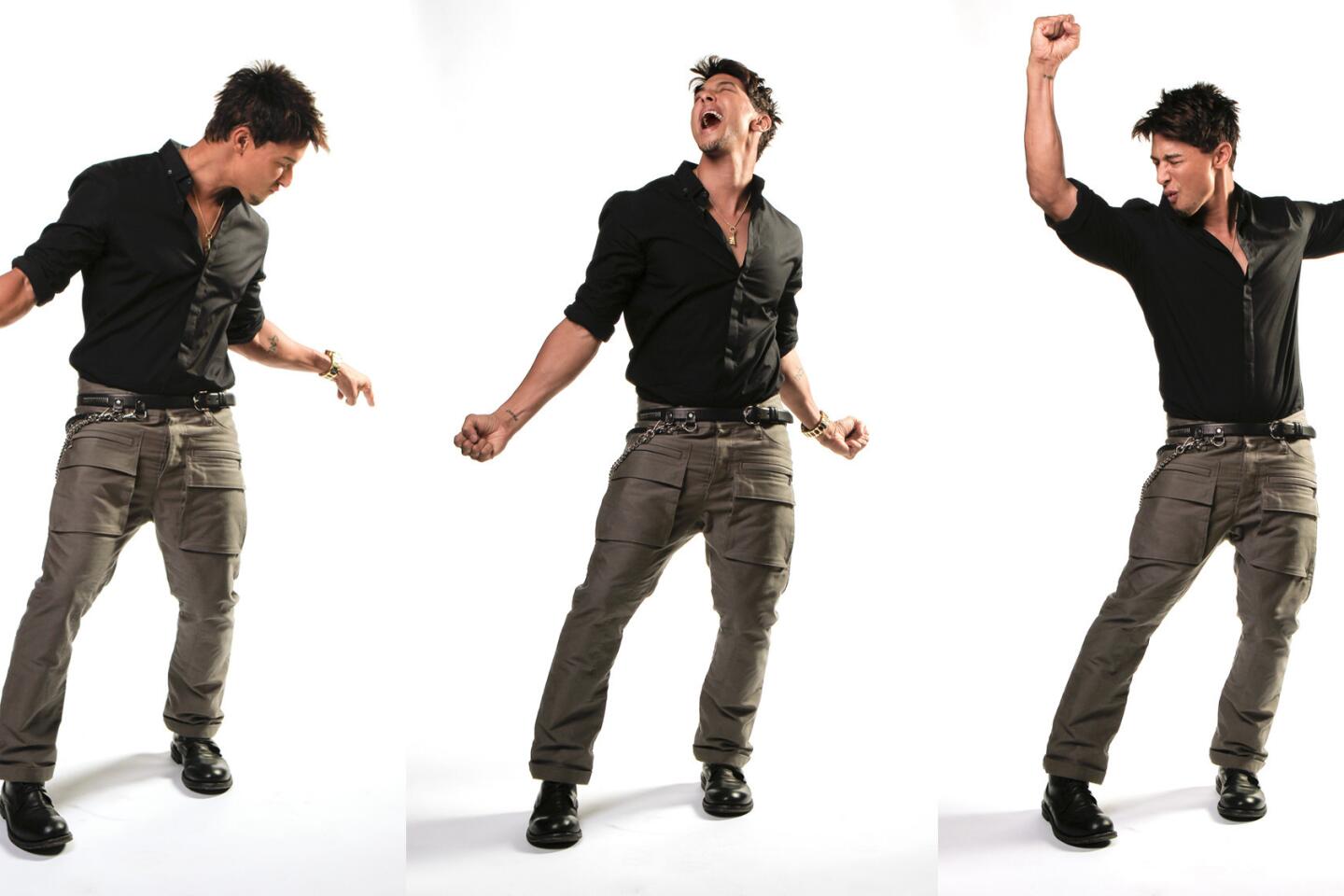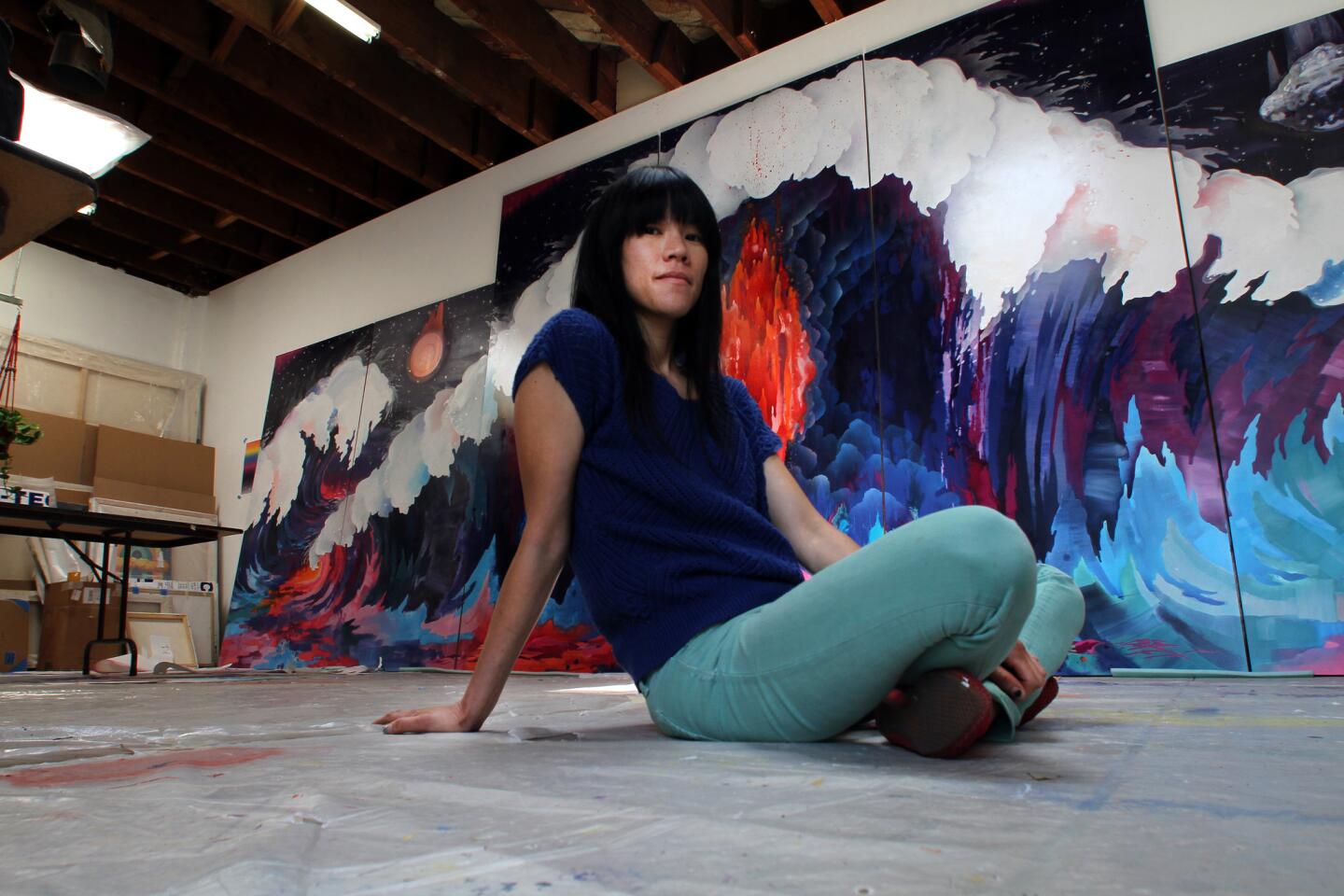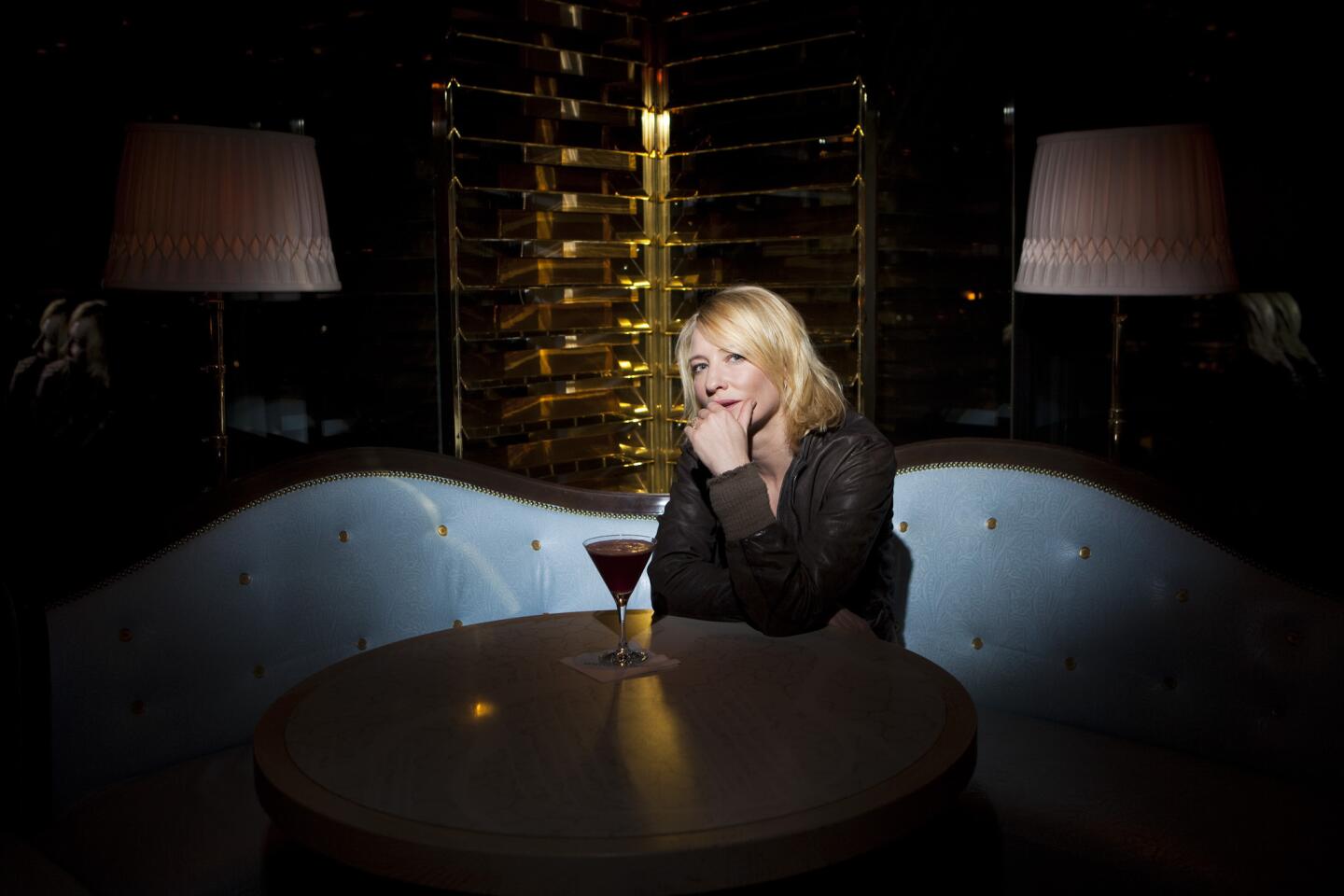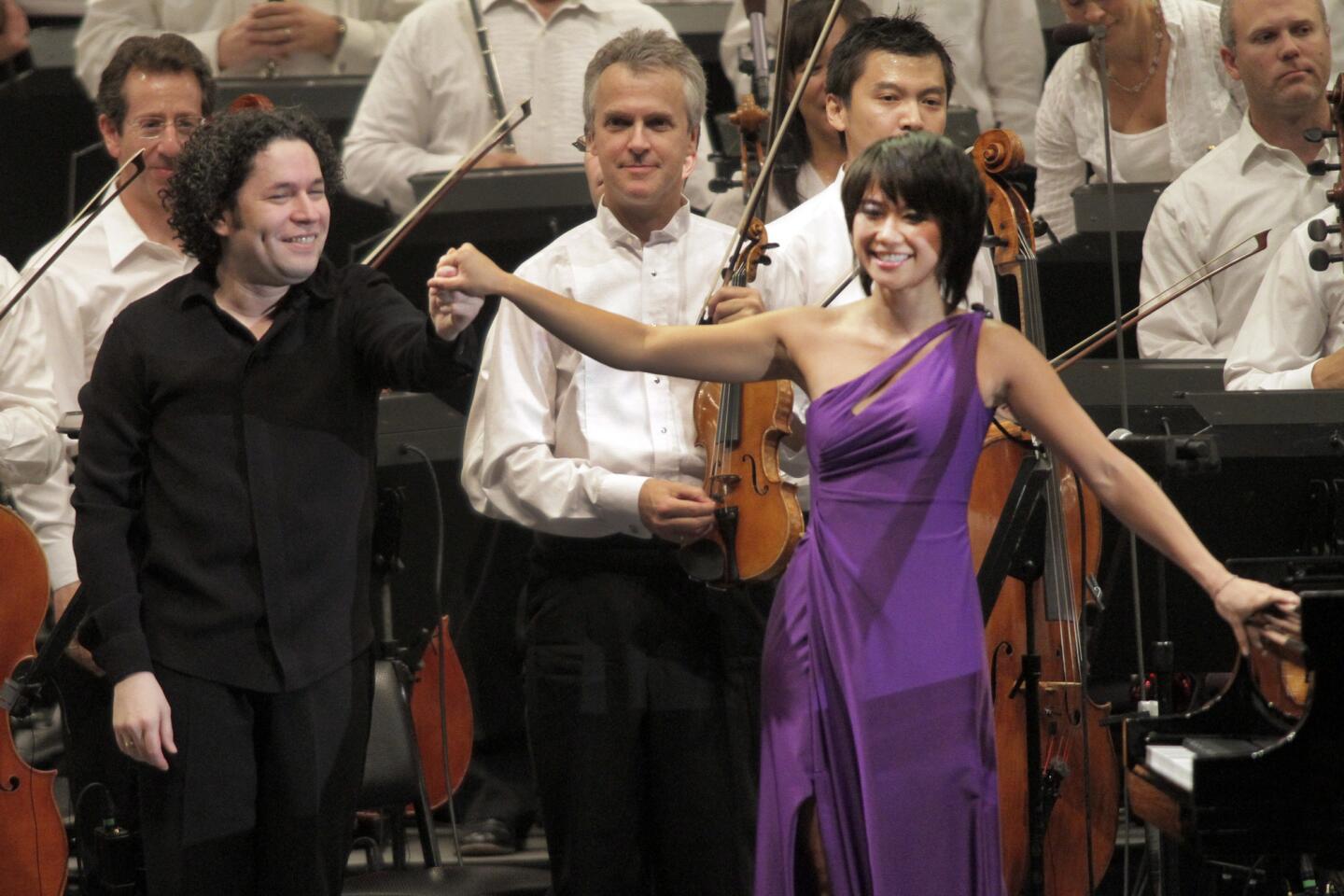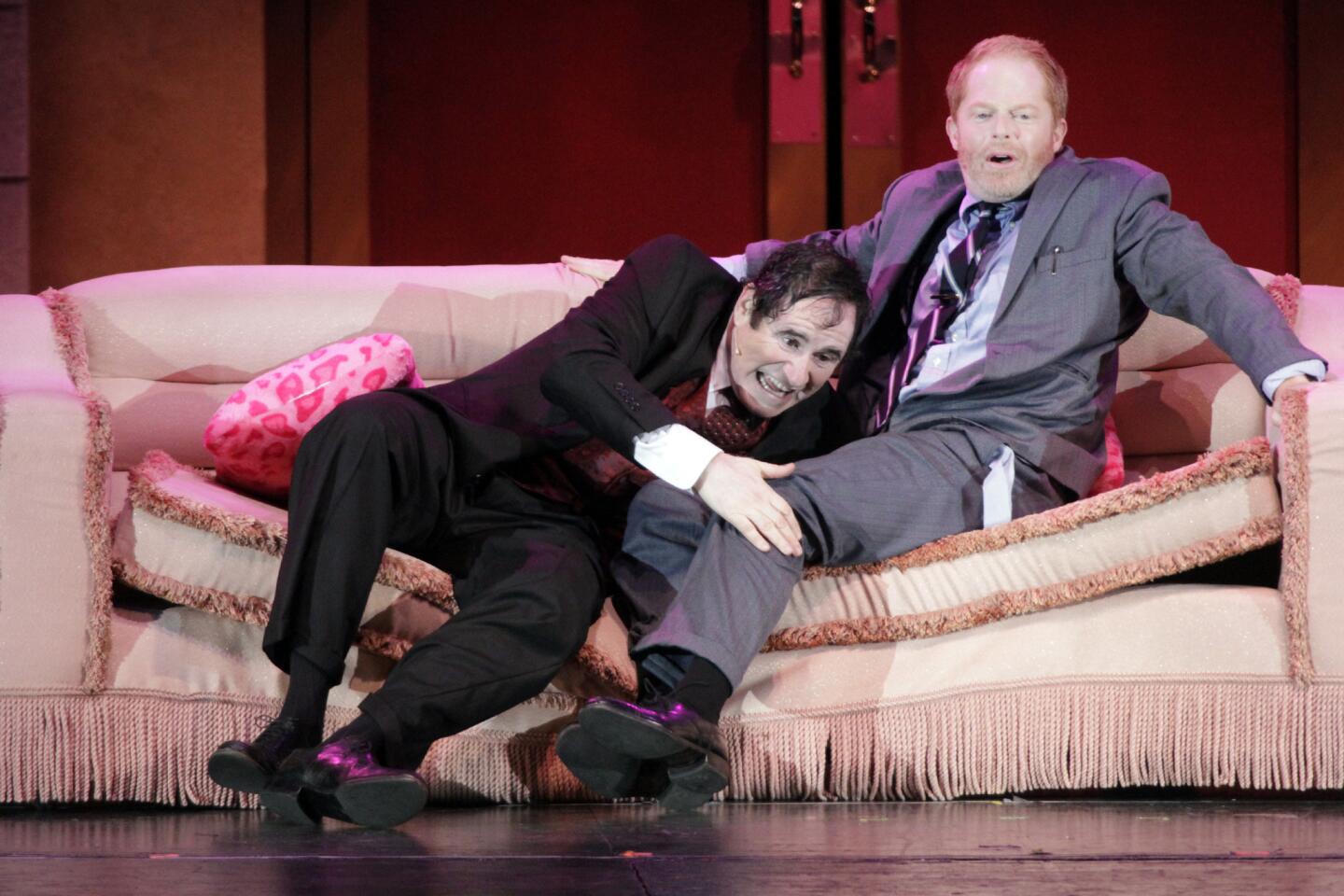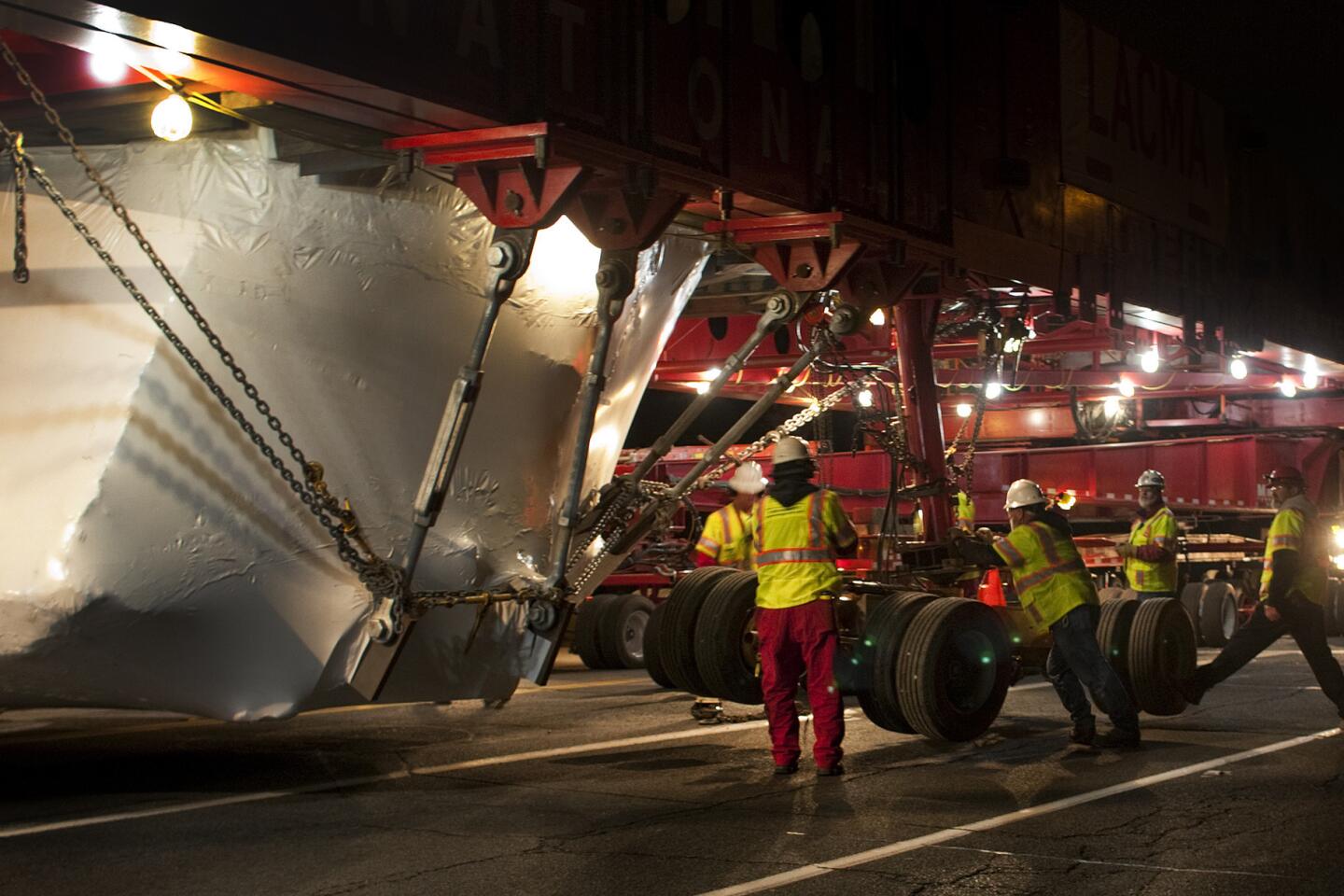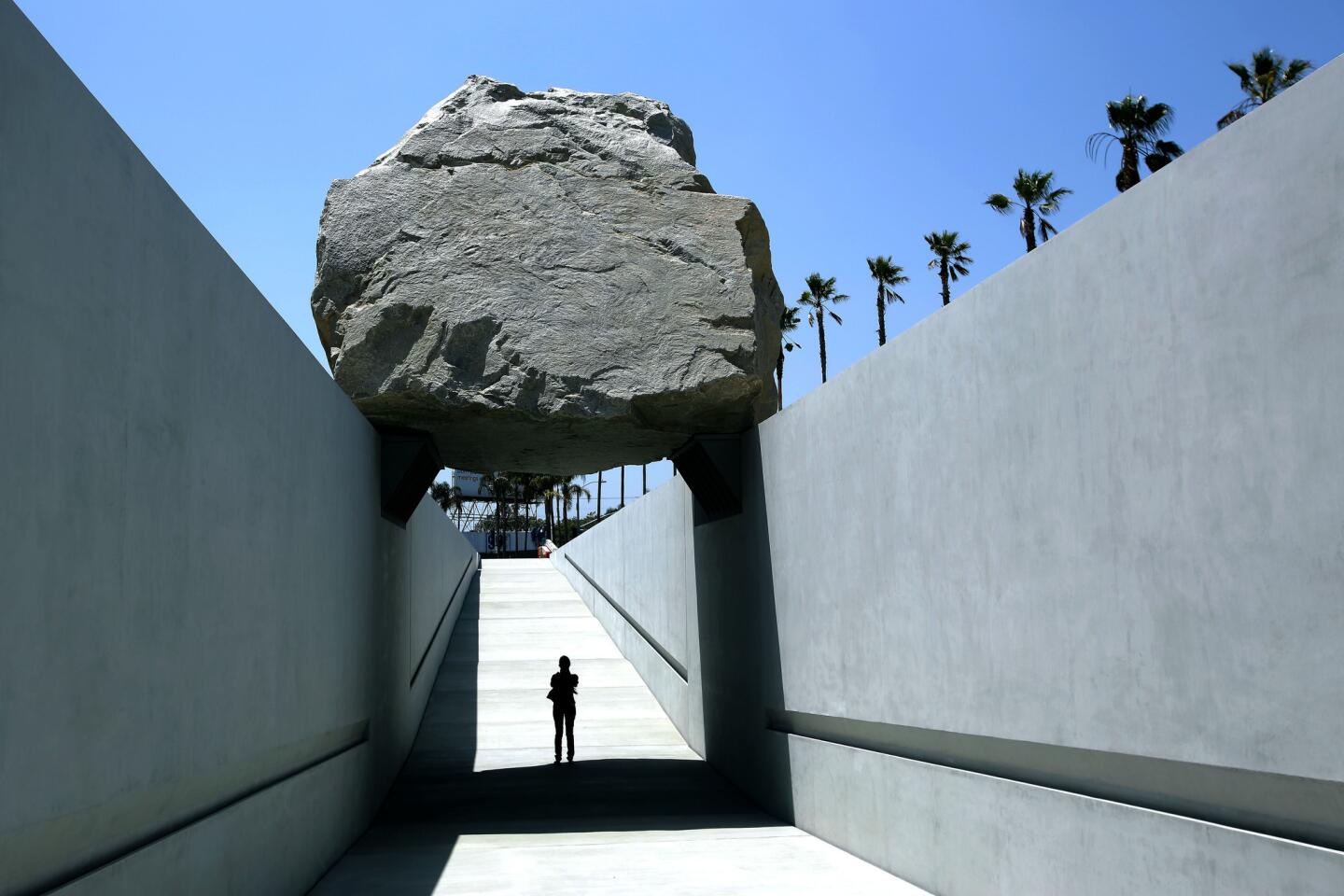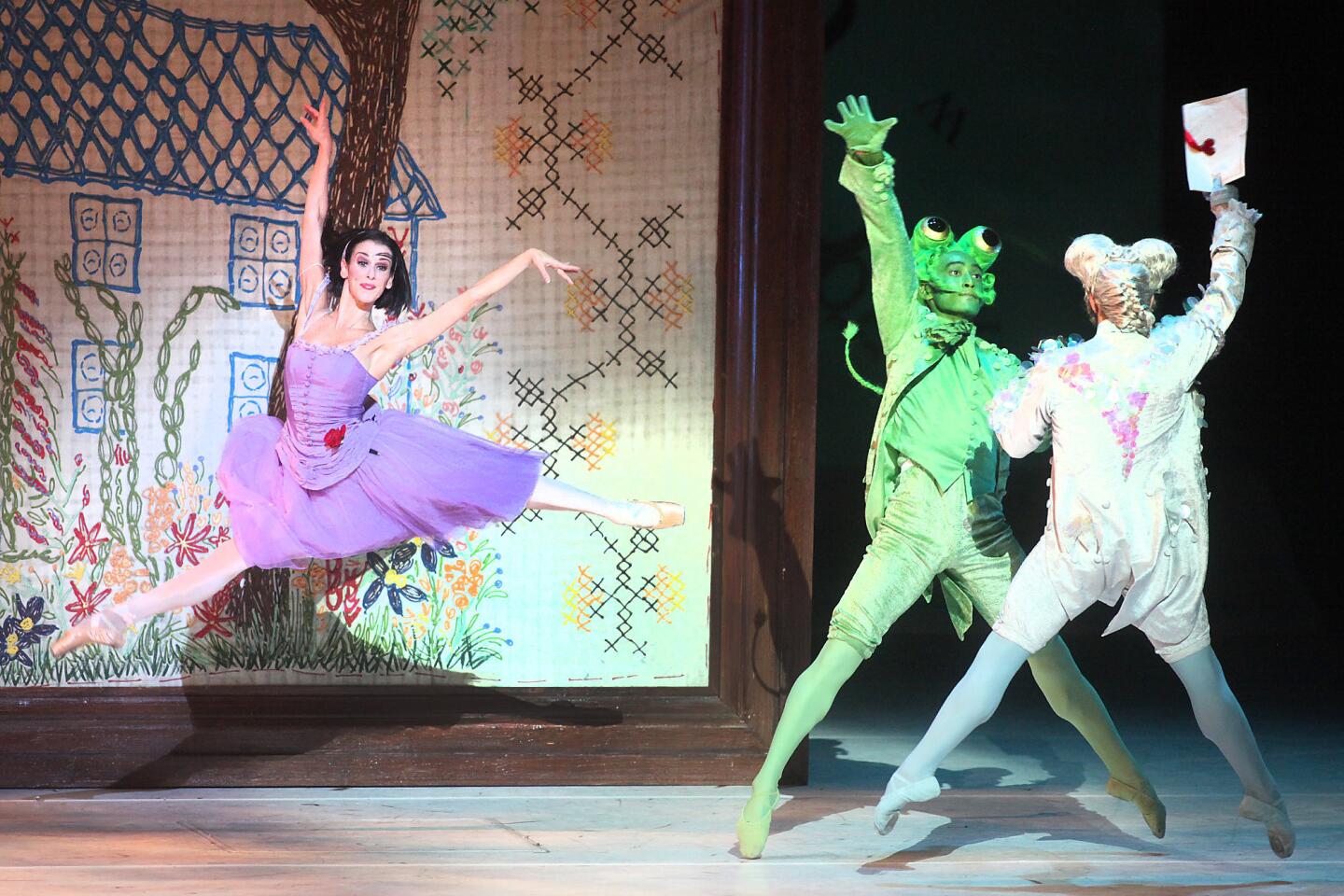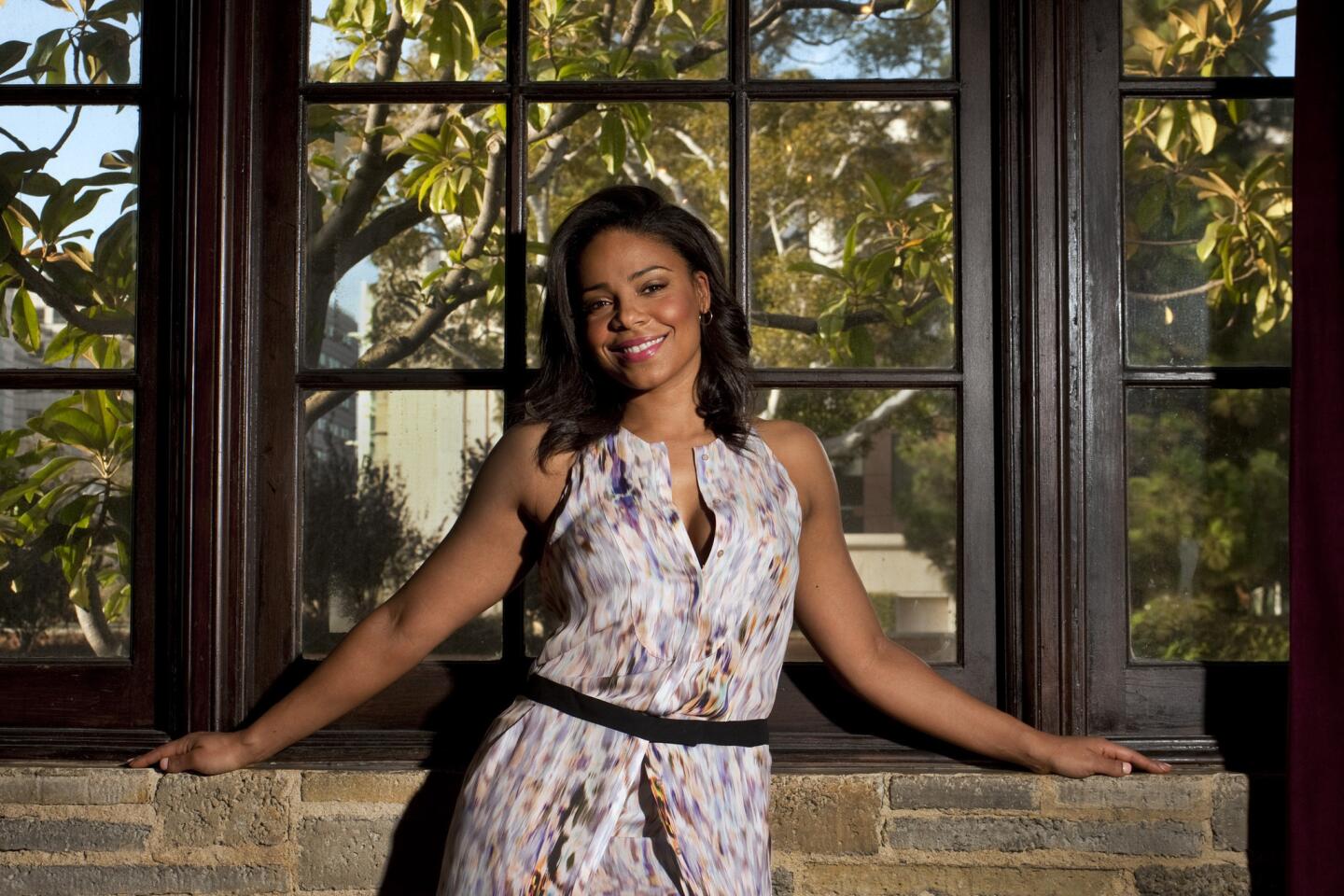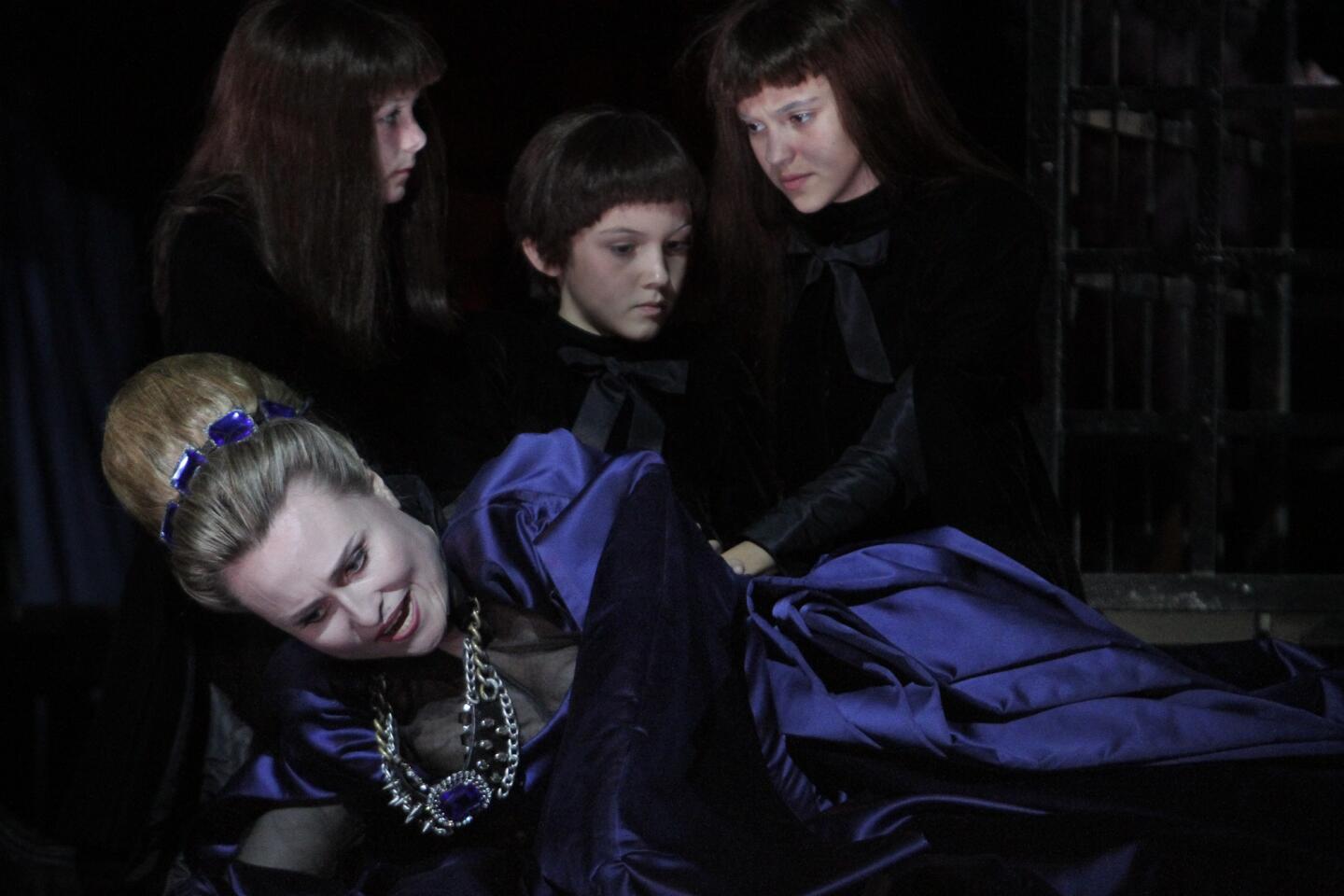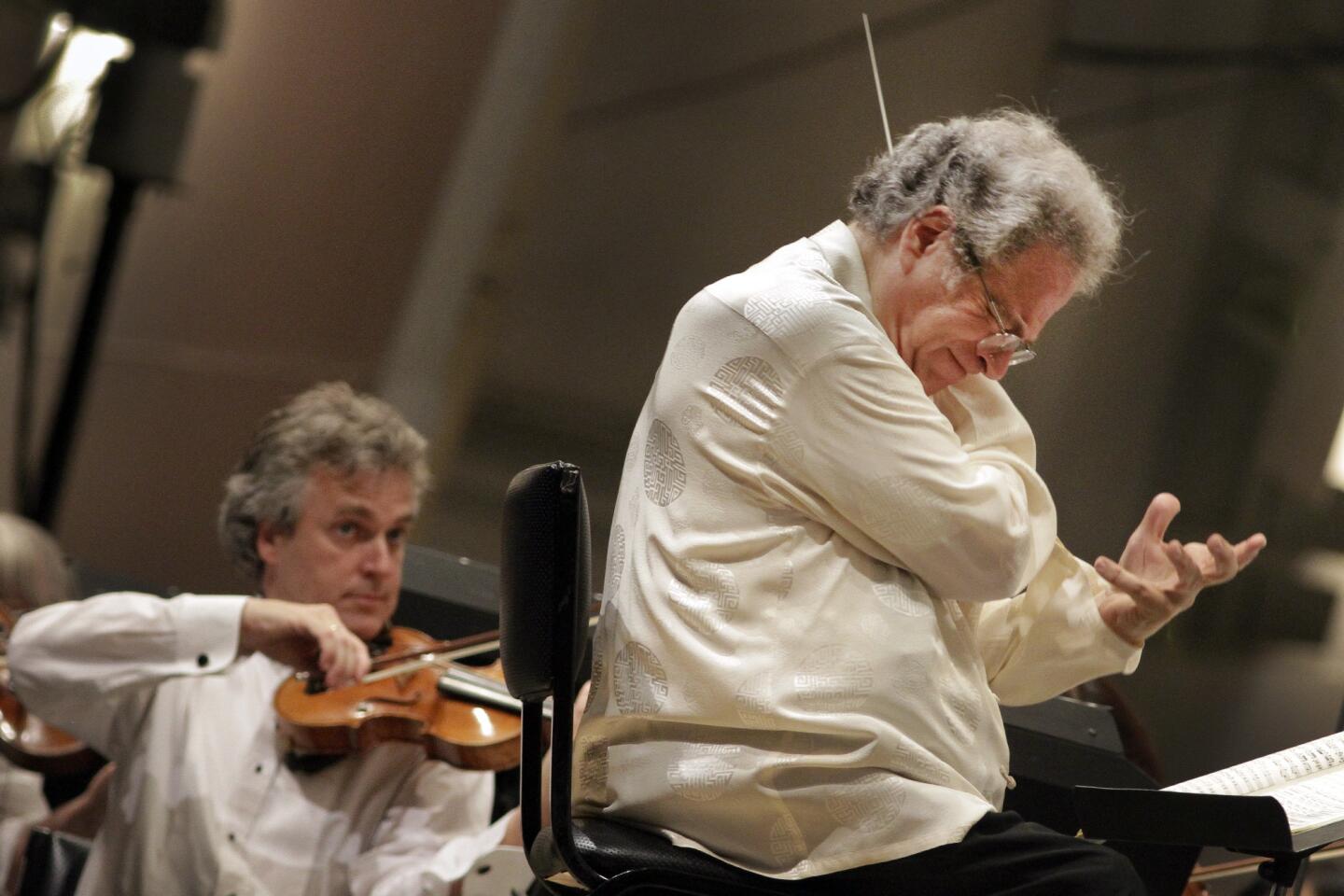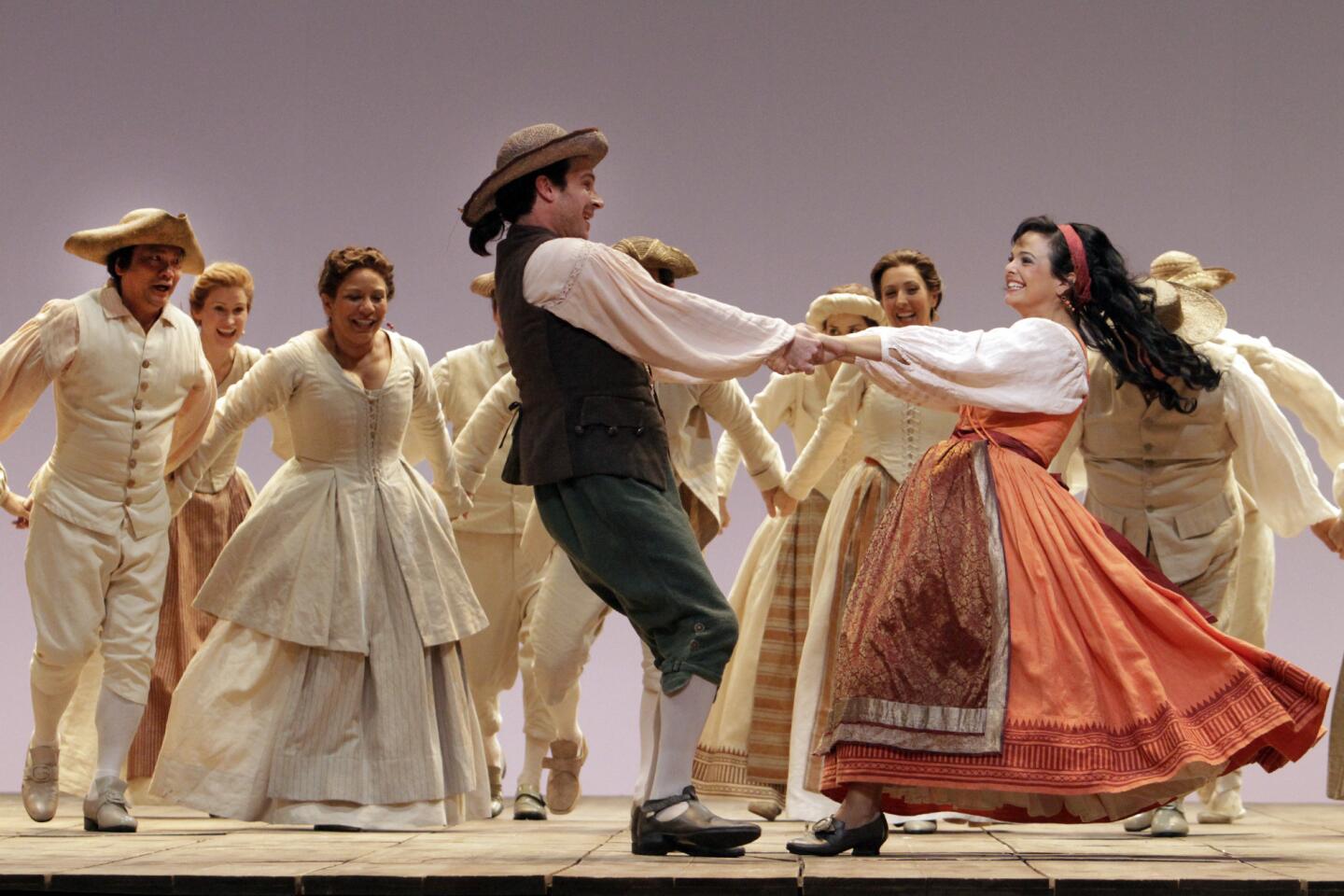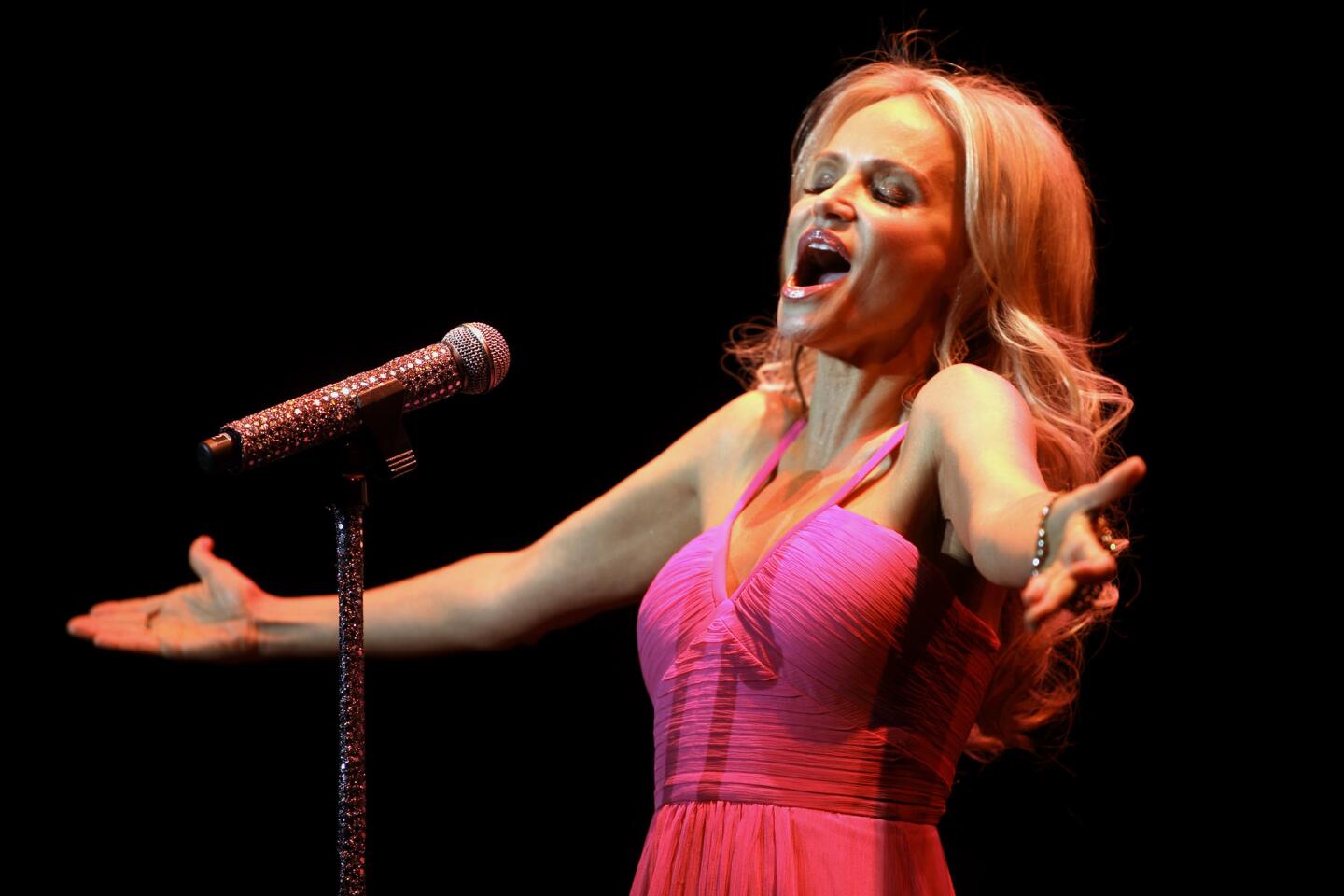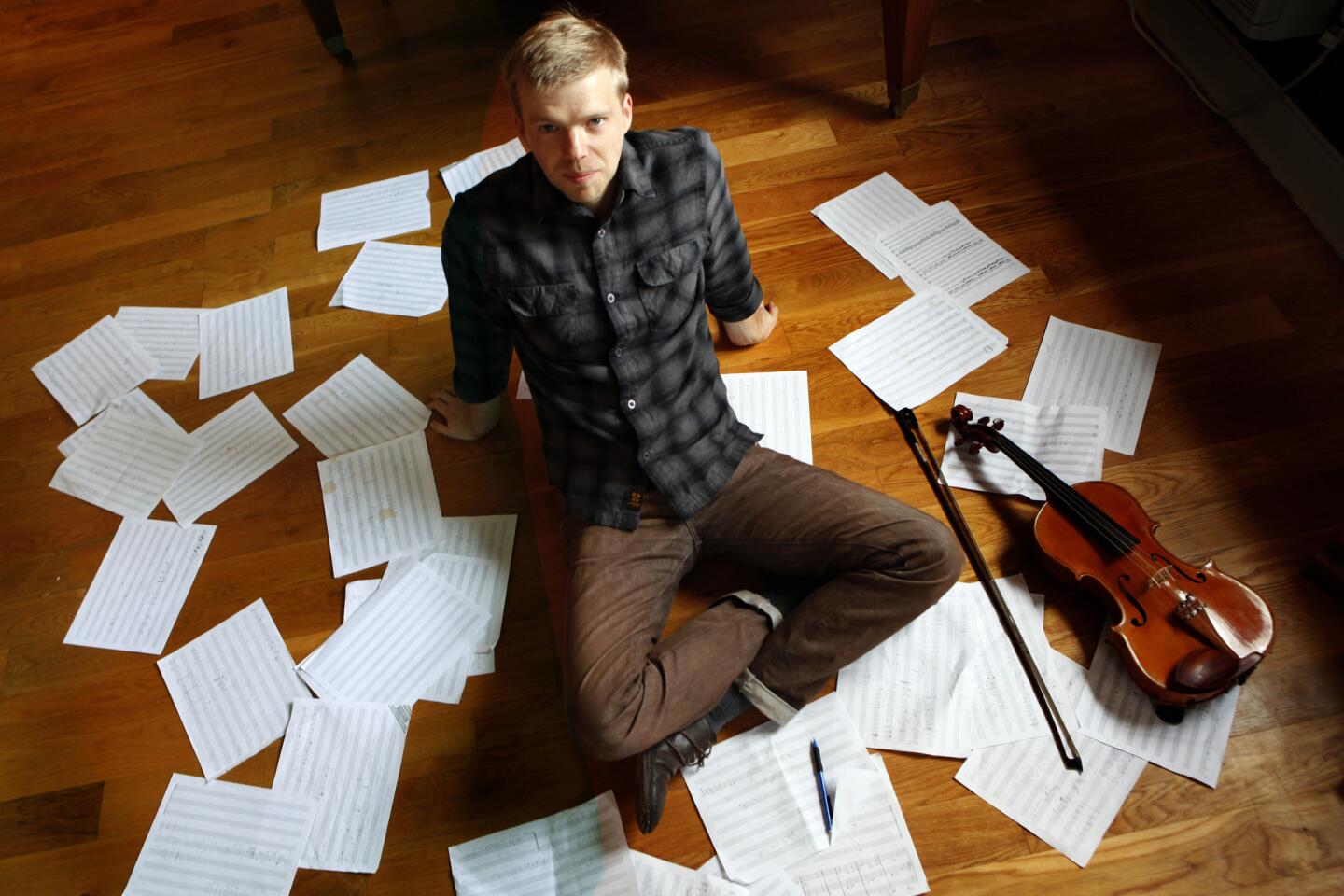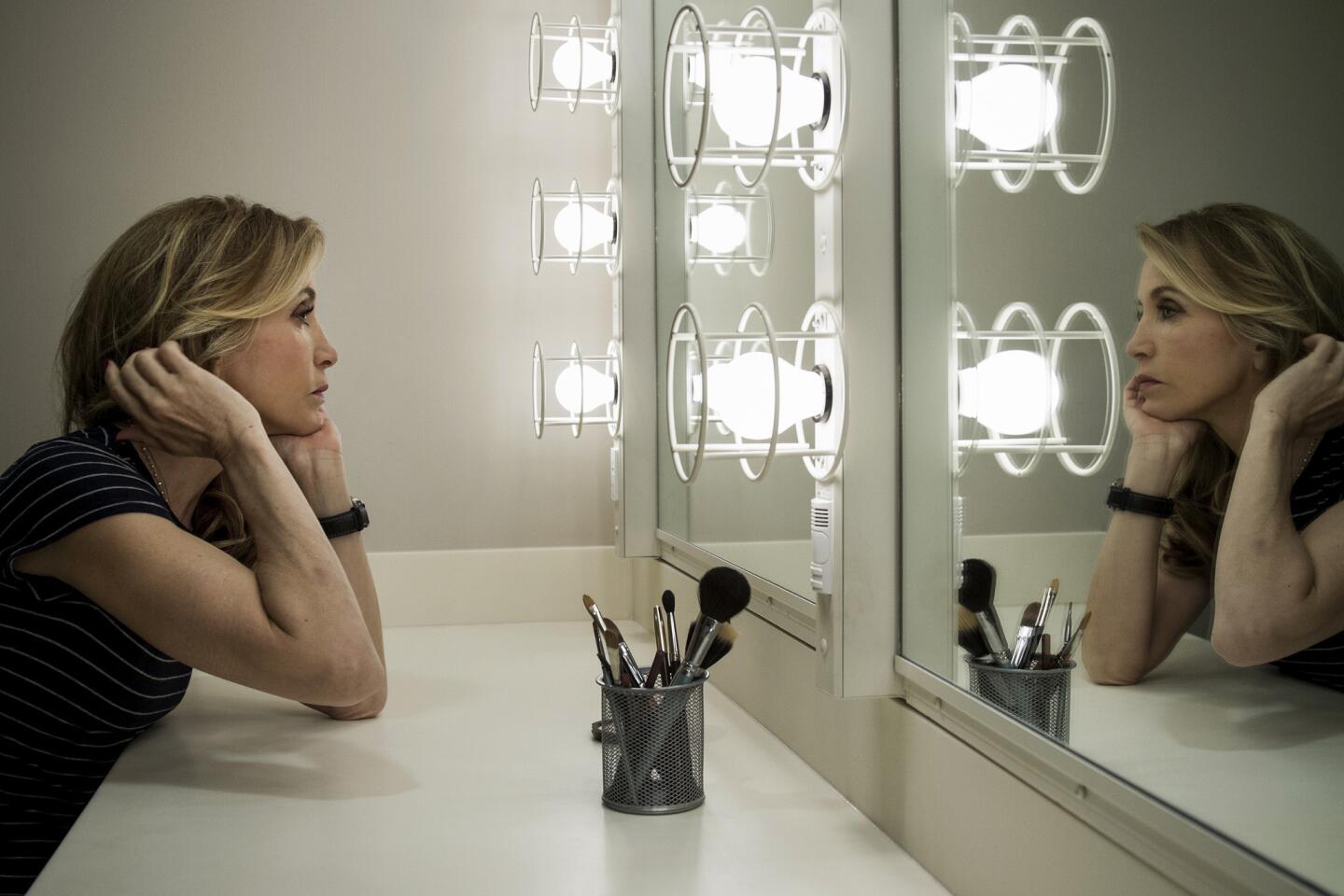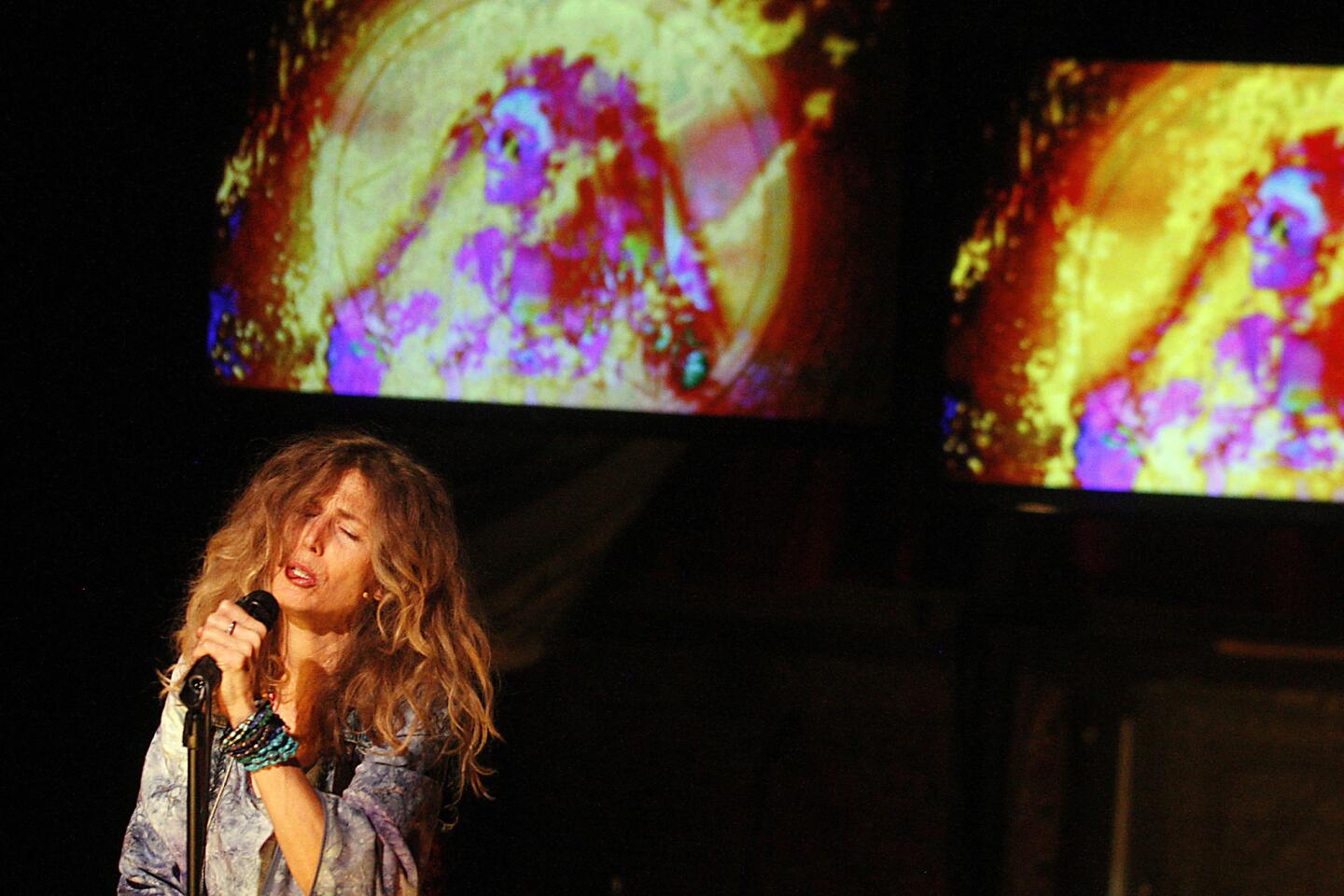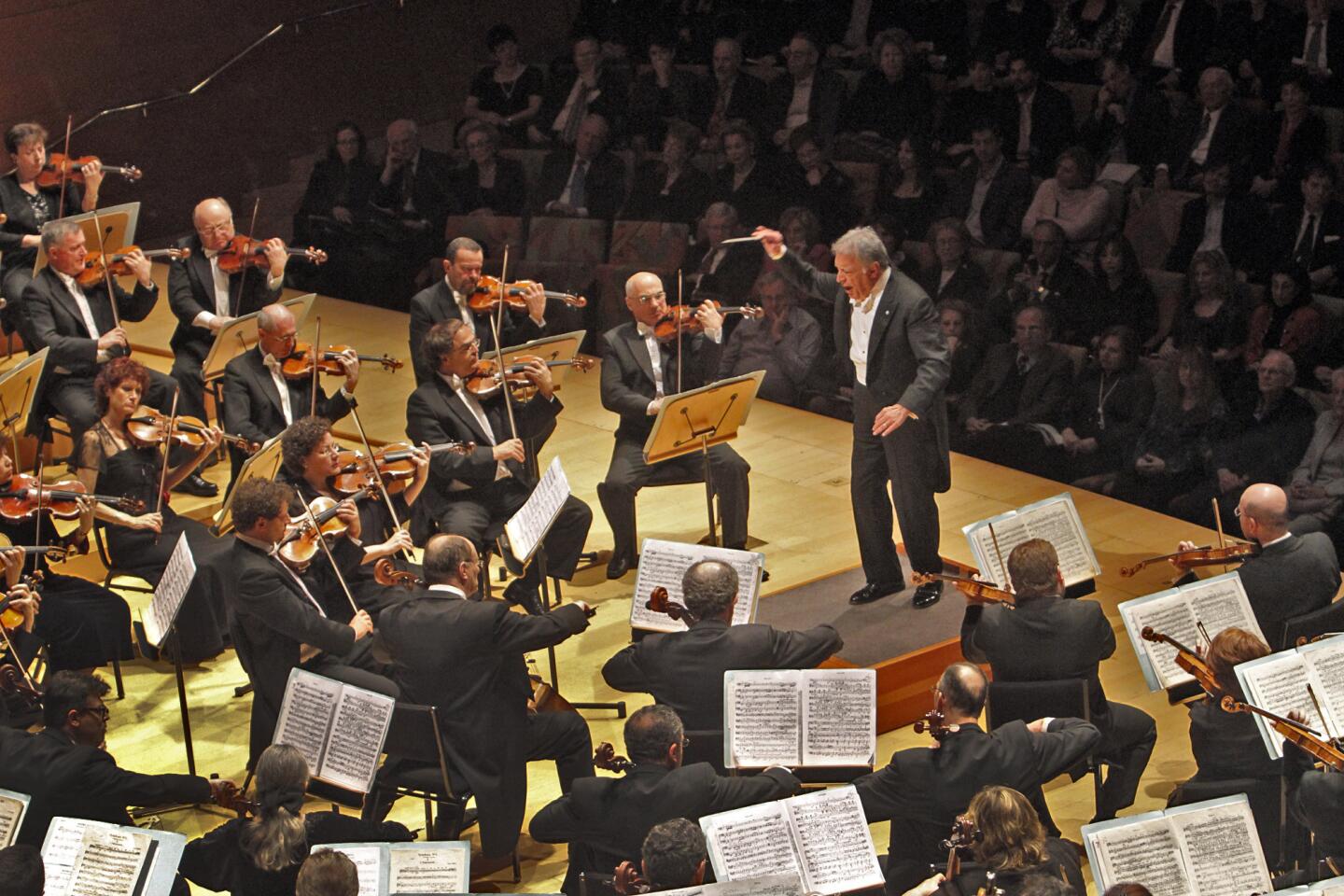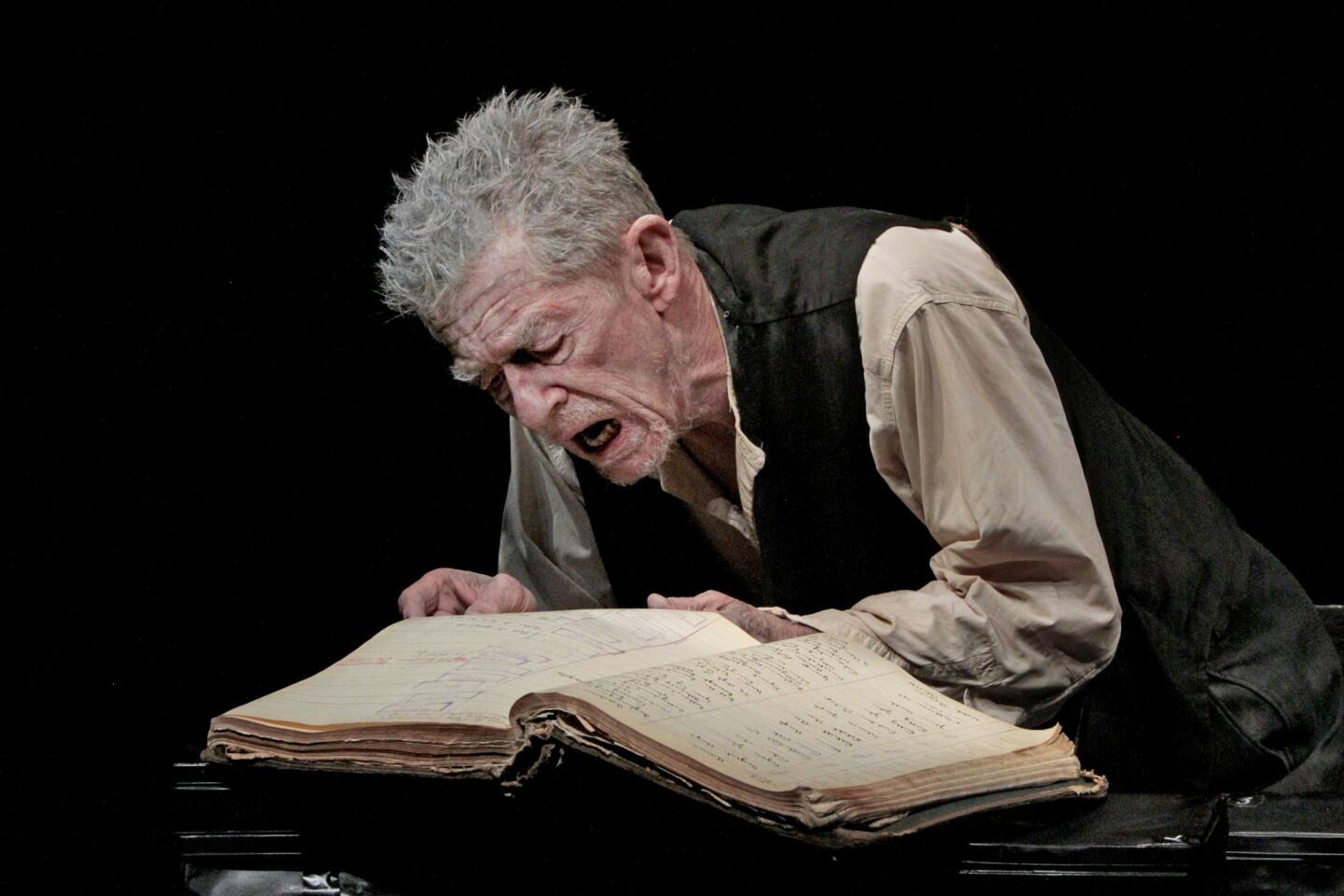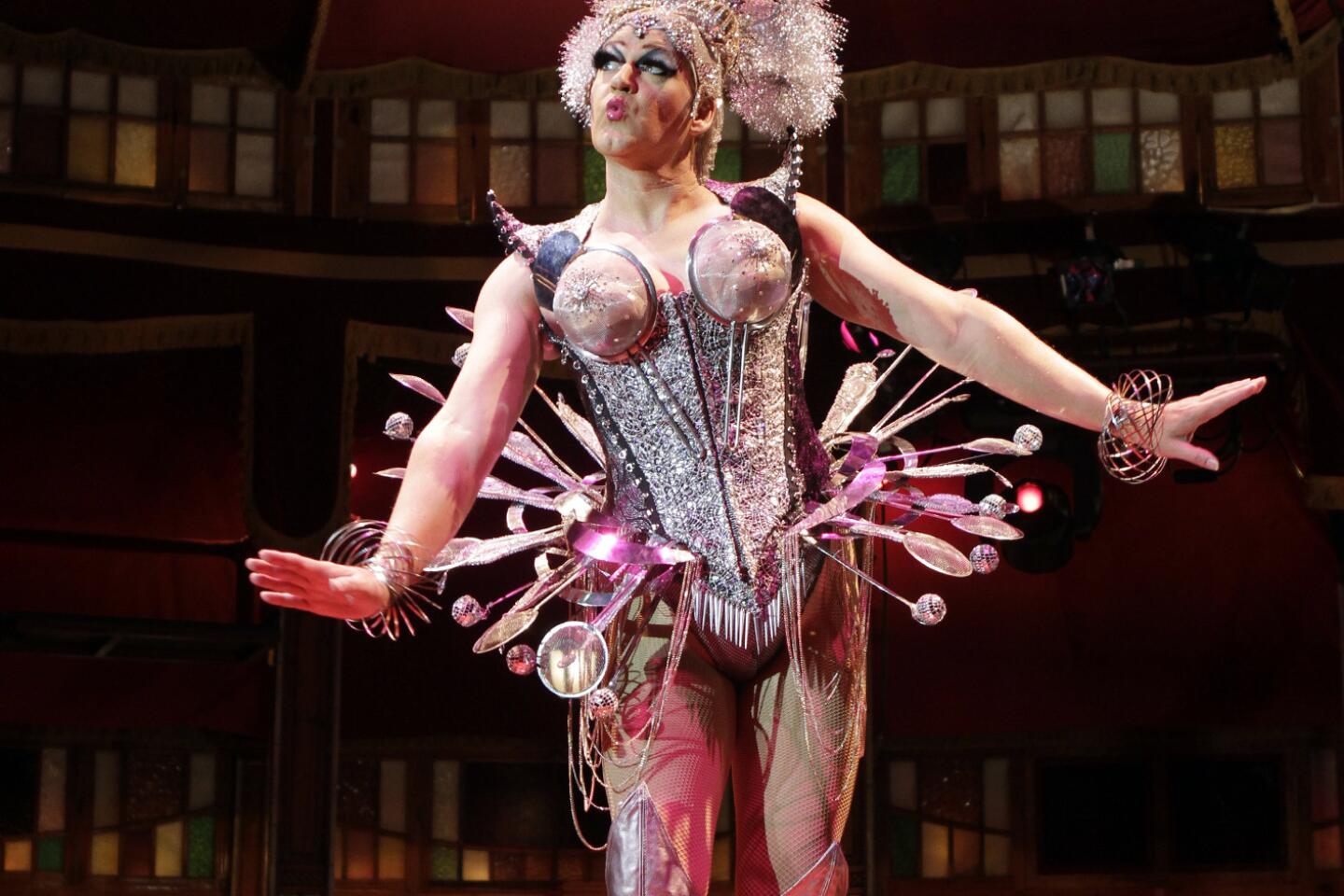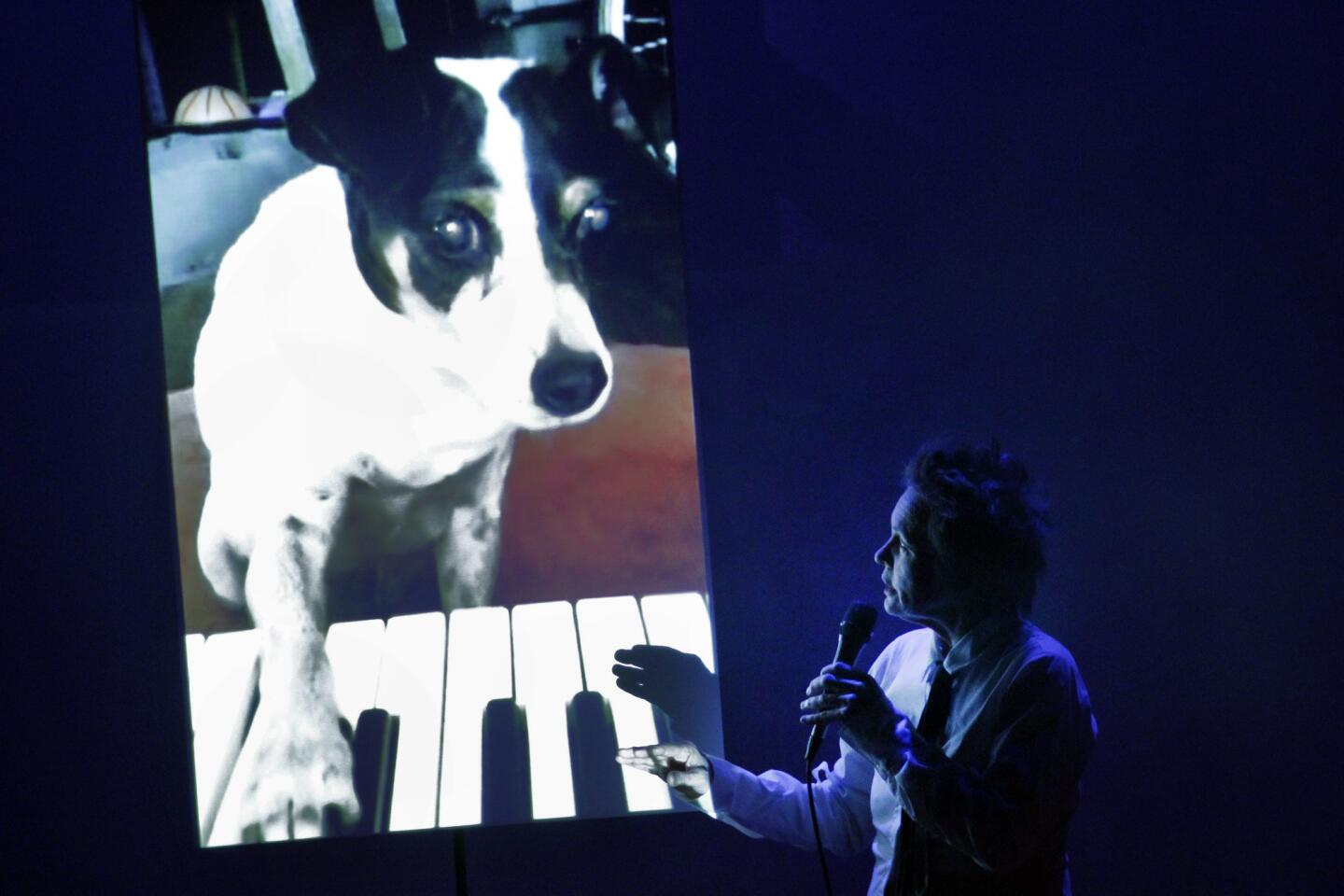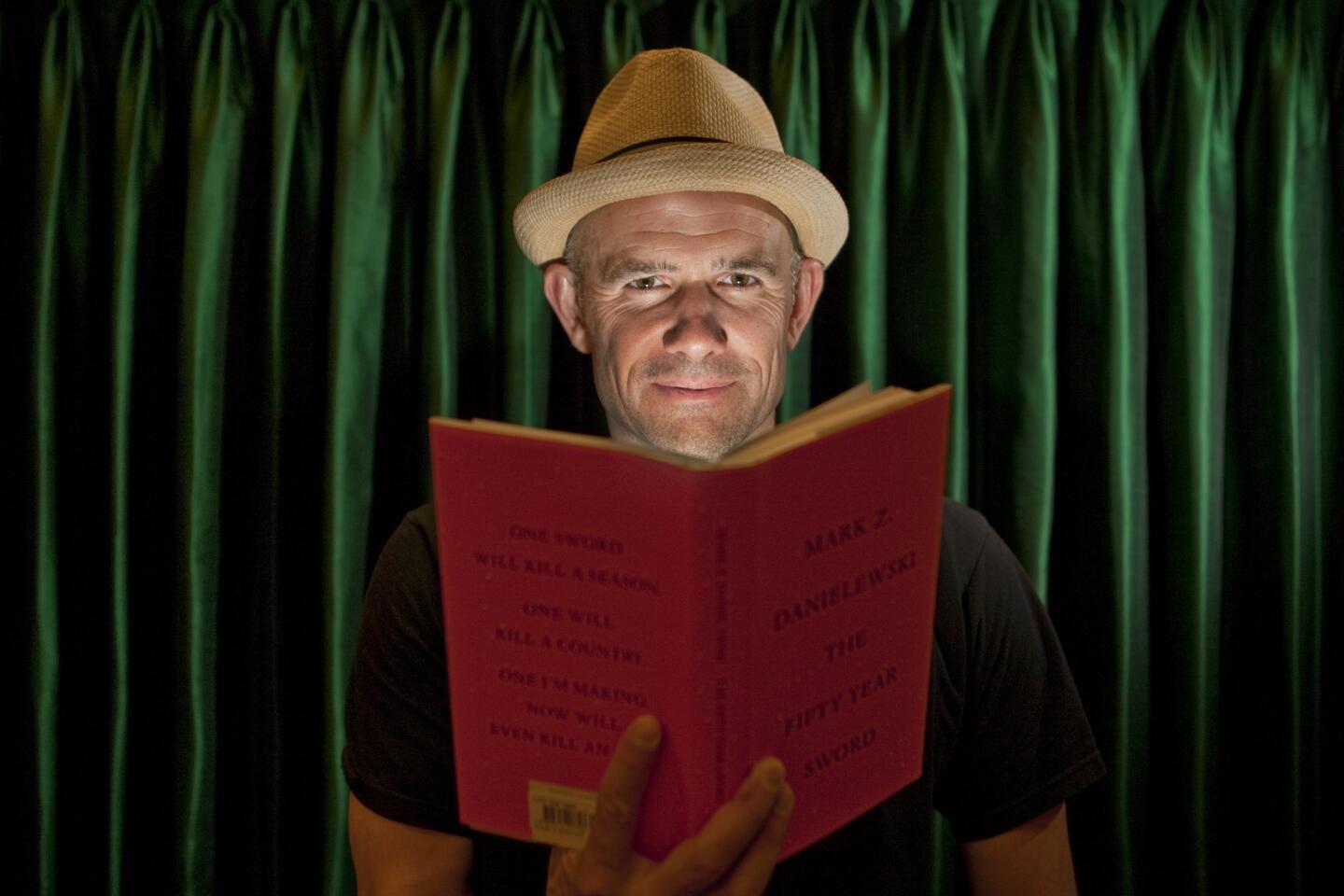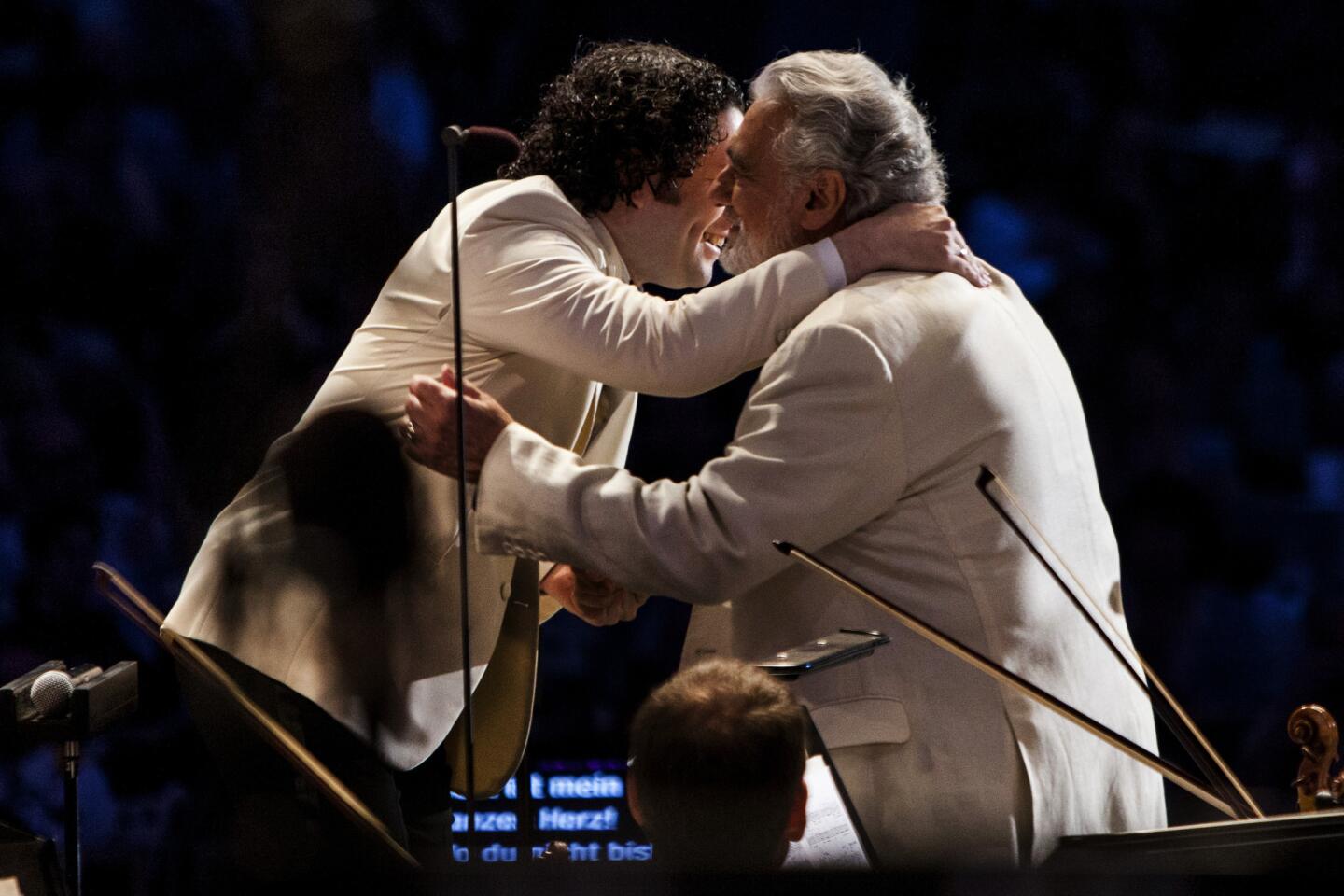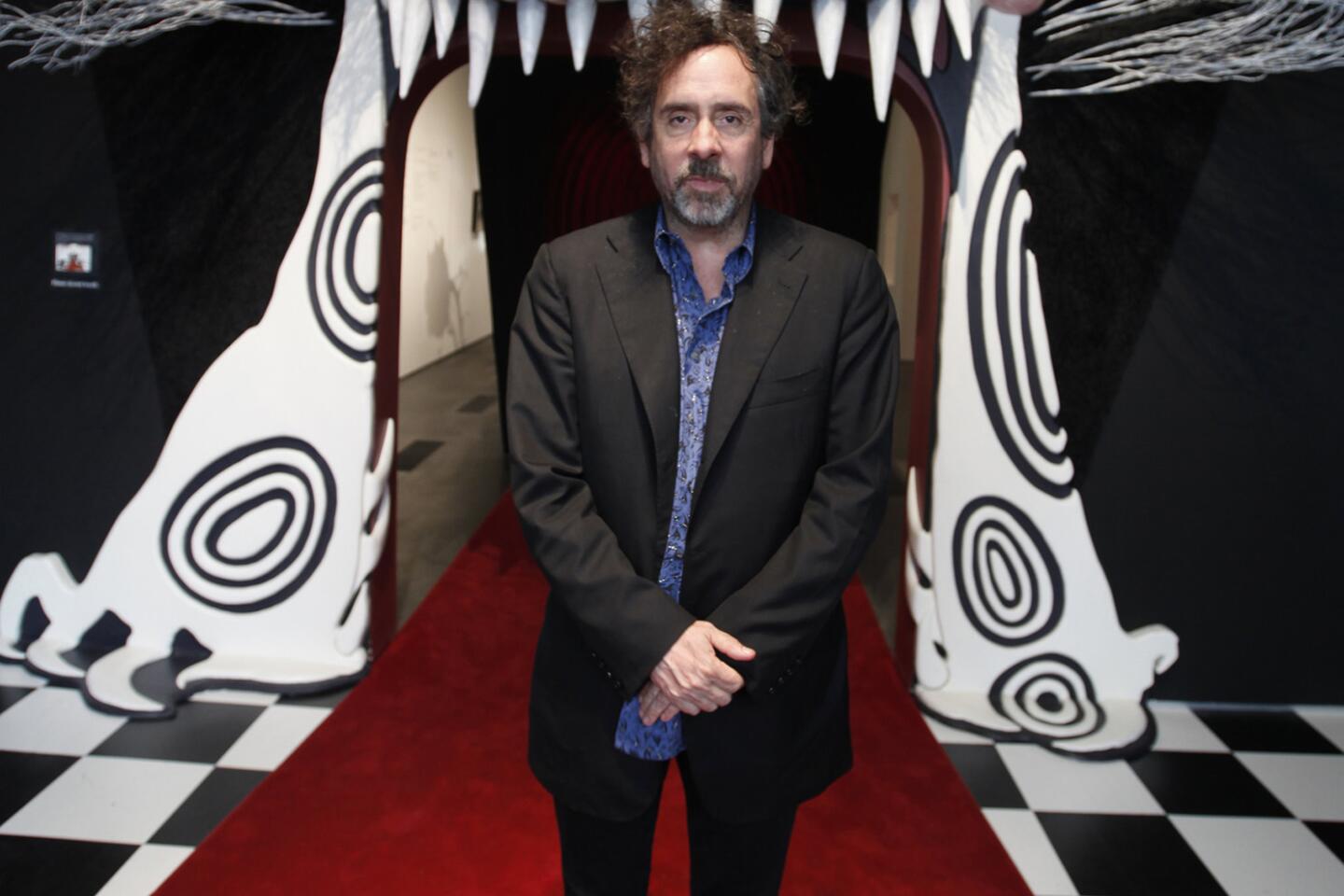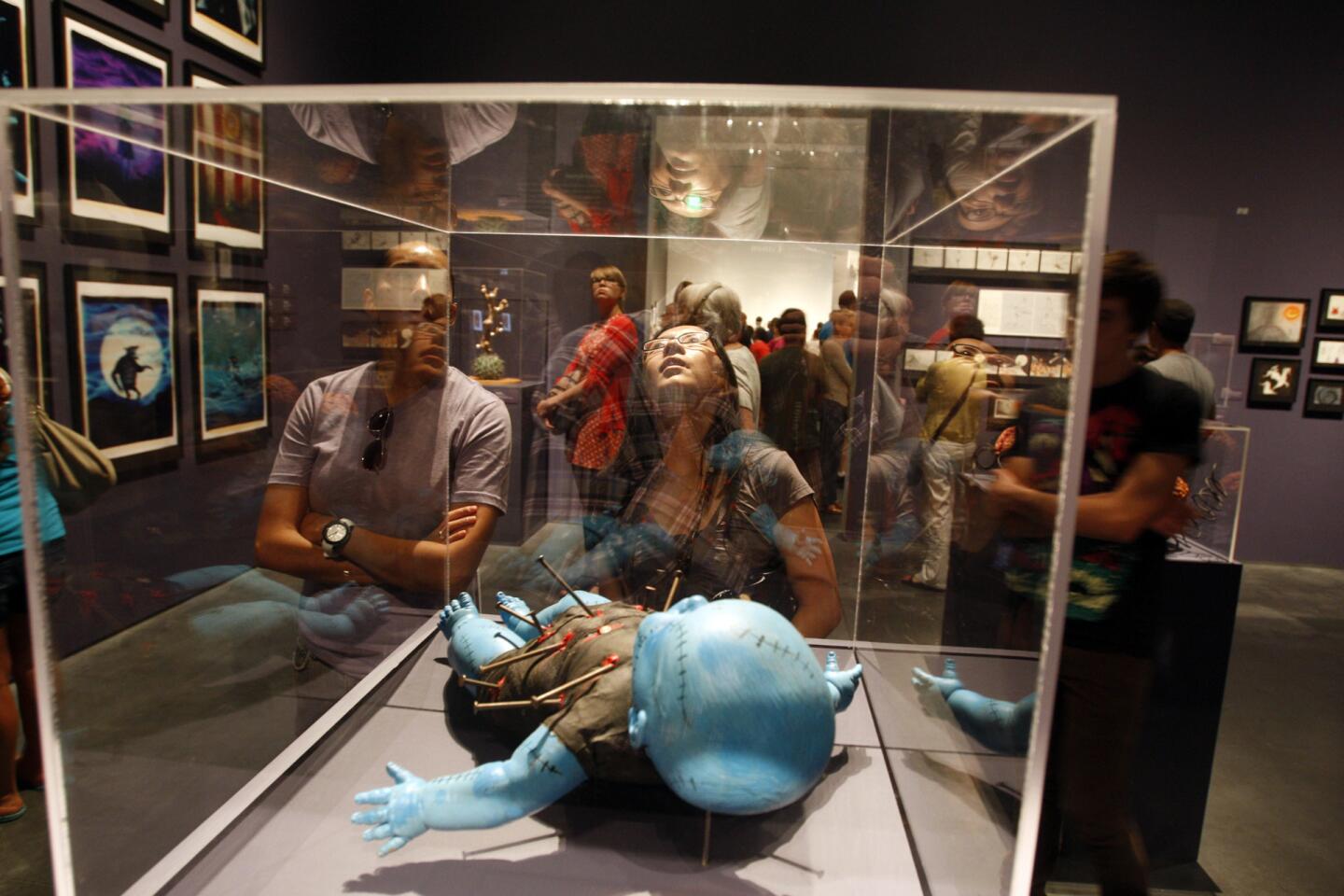Review: Gustavo Dudamel delivers a blockbuster ‘Aida’
- Share via
I wonder whether the 9,985 who showed up at the Hollywood Bowl on Sunday to hear Gustavo Dudamel conduct a wild and properly woolly concert performance of “Aida” included any of the Hollywood producers responsible for this summer’s crop of unsuccessful blockbusters. It would be nice to think so, because Verdi’s opera is an object lesson in the art of blockbusterism without the bluster.
Bring on the camels and camp it up if you like. But this is also a showstopper opera open to ethereal eloquence. Verdi’s view of ancient Egypt related to his own political activities of unifying a tumultuous Italy in the late 19th century, and the opera now is newly relevant to the “Arab Spring.” In May, the staff of the Cairo Opera House declared a strike when the curtain rose on a production of “Aida” to protest the firing of the head of the company by the Morsi regime on what appeared to be political grounds.
The fact is that you can’t be too extreme in “Aida,” neither too subtle nor too vulgar. And no one could accuse Dudamel of neglecting to push the “Aida” envelope. The Los Angeles Philharmonic and Master Chorale were thrilling and, once or twice, downright revelatory. The cast, on the other hand, was cockamamie, with no two singers seeming on the same wavelength.
PHOTOS: Gustavo Dudamel career in pictures
Dudamel is at the Bowl this summer only for a concentrated burst of late Verdi, with a pair of “Requiem” performances following Sunday’s “Aida” on Tuesday and Thursday. He arrived in town last week having just led Mahler’s gargantuan Eighth Symphony at the Salzburg Festival, in which his Simón Bolivar Symphony Orchestra of Venezuela joined the Vienna Philharmonic. The chorus included 1,000 young Venezuelan singers from the country’s El Sistema who were packed into four jumbo jets for the performance in Mozart’s quaint birthplace.
Perhaps next to a military-like challenge of keeping order in Salzburg, commanding L.A.’s “Aida” was a piece of cake. But I doubt it. It was Dudamel’s first time conducting the opera, and here’s what he was faced with:
“Aida” was Liudmyla Monastyrska, an outrageously thrilling Ukrainian soprano who made a big impression on New Yorkers in her debut in the role at the Metropolitan Opera earlier this year. She was allotted no scenery to chew at the Bowl, but there was a video screen to capture her every extravagant silent-movie actress facial expression (all the more reason hoping a latter-day Cecil B. DeMille might have been on hand). As the captured Ethiopian princess, she expressed every possible shade of violent rage, one minute a seething Lady Macbeth, the next a murderous Electra.
CHEAT SHEET: Spring Arts Preview
When forced to tone it down in “O Patria Mia,” she dreamed of her homeland like a panther waiting to pounce. Pounce she did, vocally. She nailed high notes with abandon. When there was a low note that could be growled, she didn’t worry about getting to it nicely. She was outlandish in her chance taking. And riveting.
Radames, the leader of the Egyptian army and her lover, was Jorge de Léon, a young tenor from Santa Cruz de Tenerife. Stiff and cautious, he was her opposite in every way. Feet firmly on stage, arms awkwardly at his side, he got through a dutiful “Celesta Aida” and the cameras caught his whew-I-got-through-that-aria look. Monastyrska dominated him with obvious ease.
Michelle DeYoung’s Amneris, the Egyptian princess who also love Radames, was another wild woman. But the American mezzo proved to be a different kind of wild than Monastyrska. DeYoung’s tone is luscious, but left to her own dramatic devices she vamped.
As the Ethiopian king and Aida’s father, Amonasro, Eric Owens stood solidly but not stolidly. The increasingly impressive and important American baritone, who has been a theatrical force in productions by Peter Sellars, Julie Taymor and Robert Lepage, relied on authentic facial expression along with powerfully nuanced vocal expression.
TIMELINE: Summer’s must see concerts
Meanwhile, for Slovakian bass Stefan Kocan’s Ramfis, the priest, one vocal shade of the blackest black sufficed. Janai Brugger, the High Priestess, provided the evening’s offering of lightness and grace.
Dudamel did an arresting job of putting everything together. He was slow, and he was fast. When slow, he brought out inner voices in the orchestra, and Verdian lines pulsed and sparked and left aural afterglows. In blockbuster mode, Dudamel seemed to return to his wild Sistema roots. He drove the orchestra and chorus into accelerating frenzies. Train wrecks seemed inevitable but rhythmic gravity prevented them. Roller coasters seem to work the same way.
Next month, Dudamel will return to “Aida,” taking an Italian production of the opera on tour to Japan with the Milan’s famed La Scala. That will no doubt have a dramatic integrity that could hardly be expected at the Bowl, where all the new audio and video equipment only emphasized the seat-of-the-pants character of this “Aida.”
But being in a state of not knowing what to expect from minute to minute, being continually awed or amused or bewildered, is, with Dudamel, pure Hollywood Bowl and pure Hollywood. In the best, mostly forgotten, sense.
More to Read
The biggest entertainment stories
Get our big stories about Hollywood, film, television, music, arts, culture and more right in your inbox as soon as they publish.
You may occasionally receive promotional content from the Los Angeles Times.
